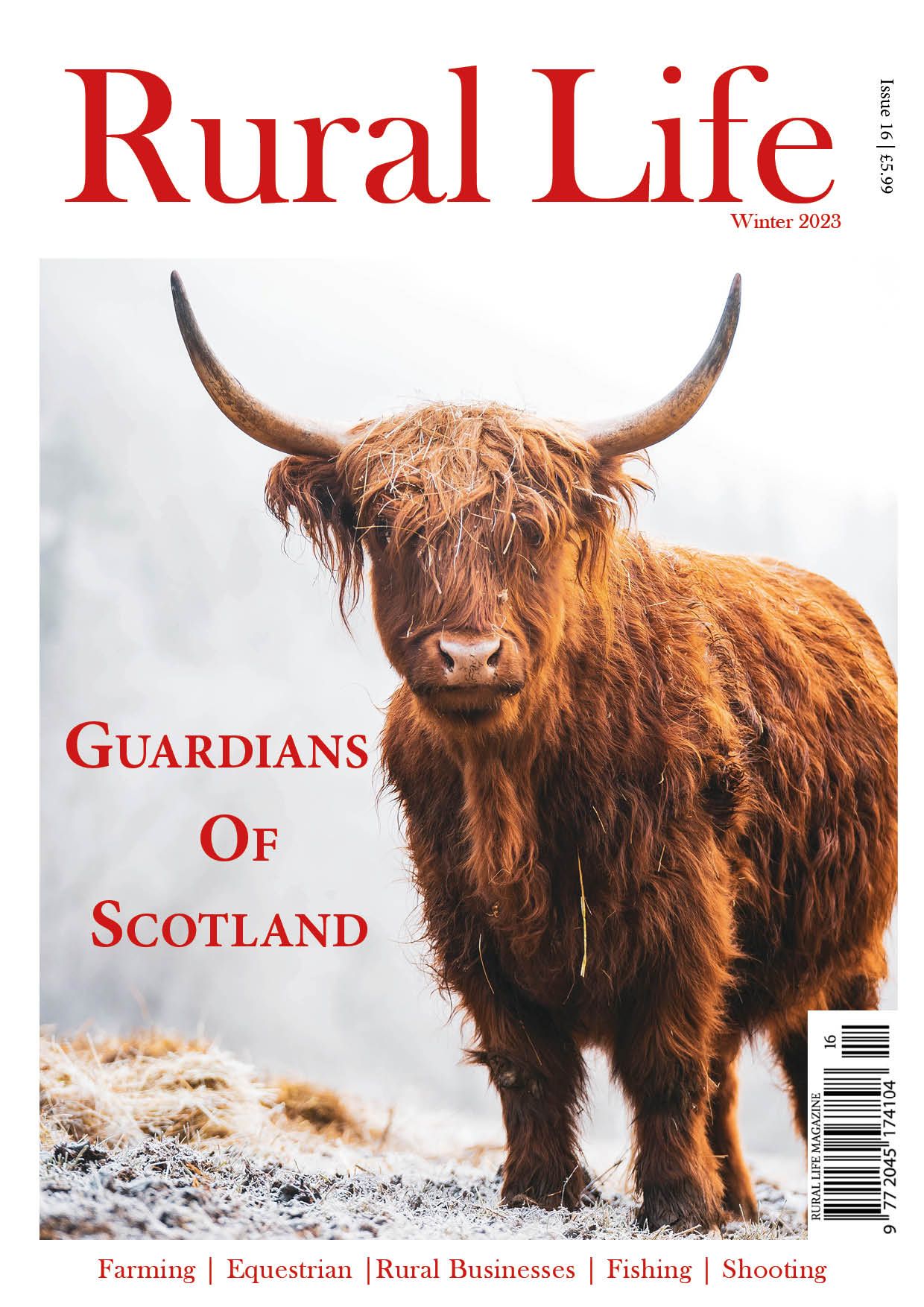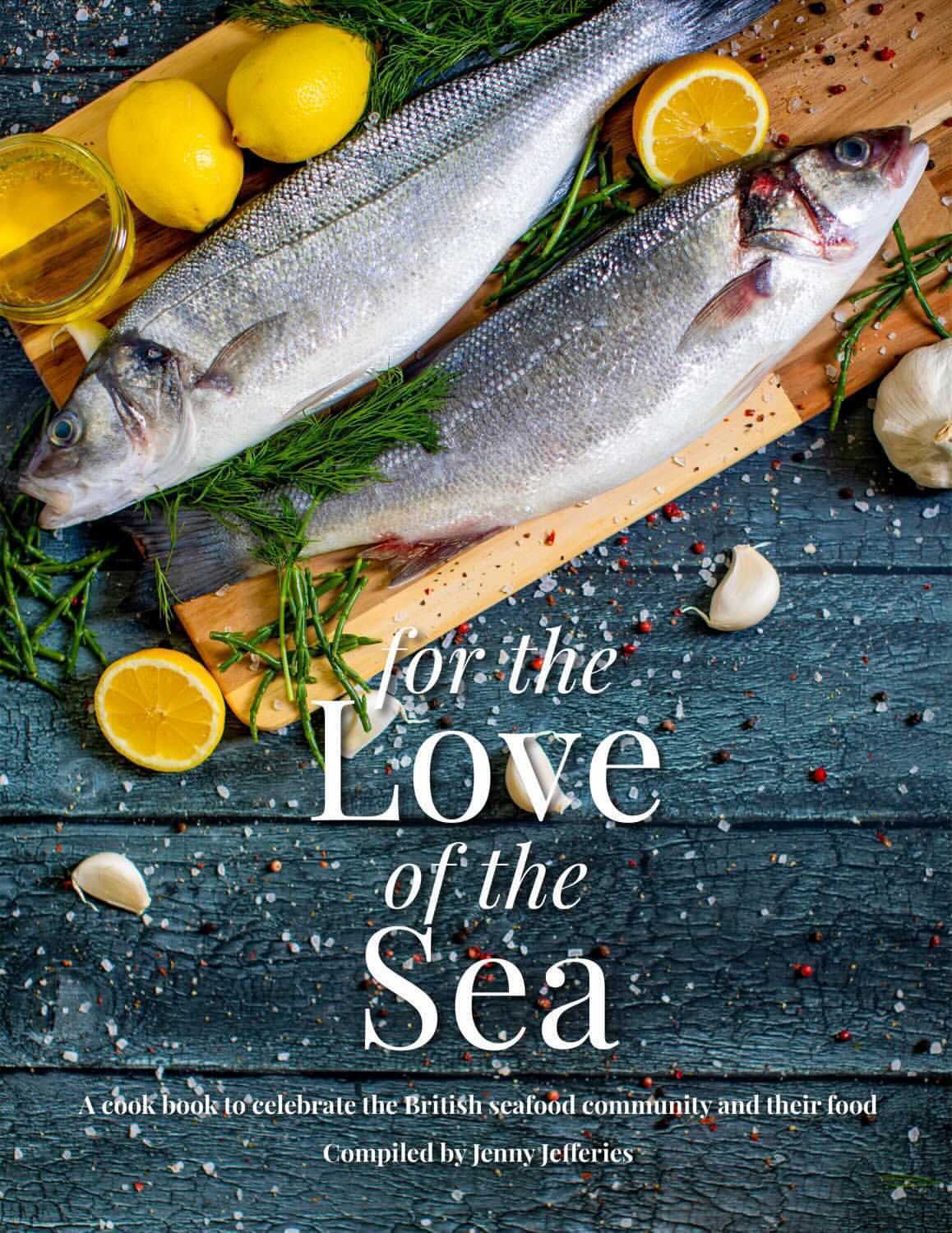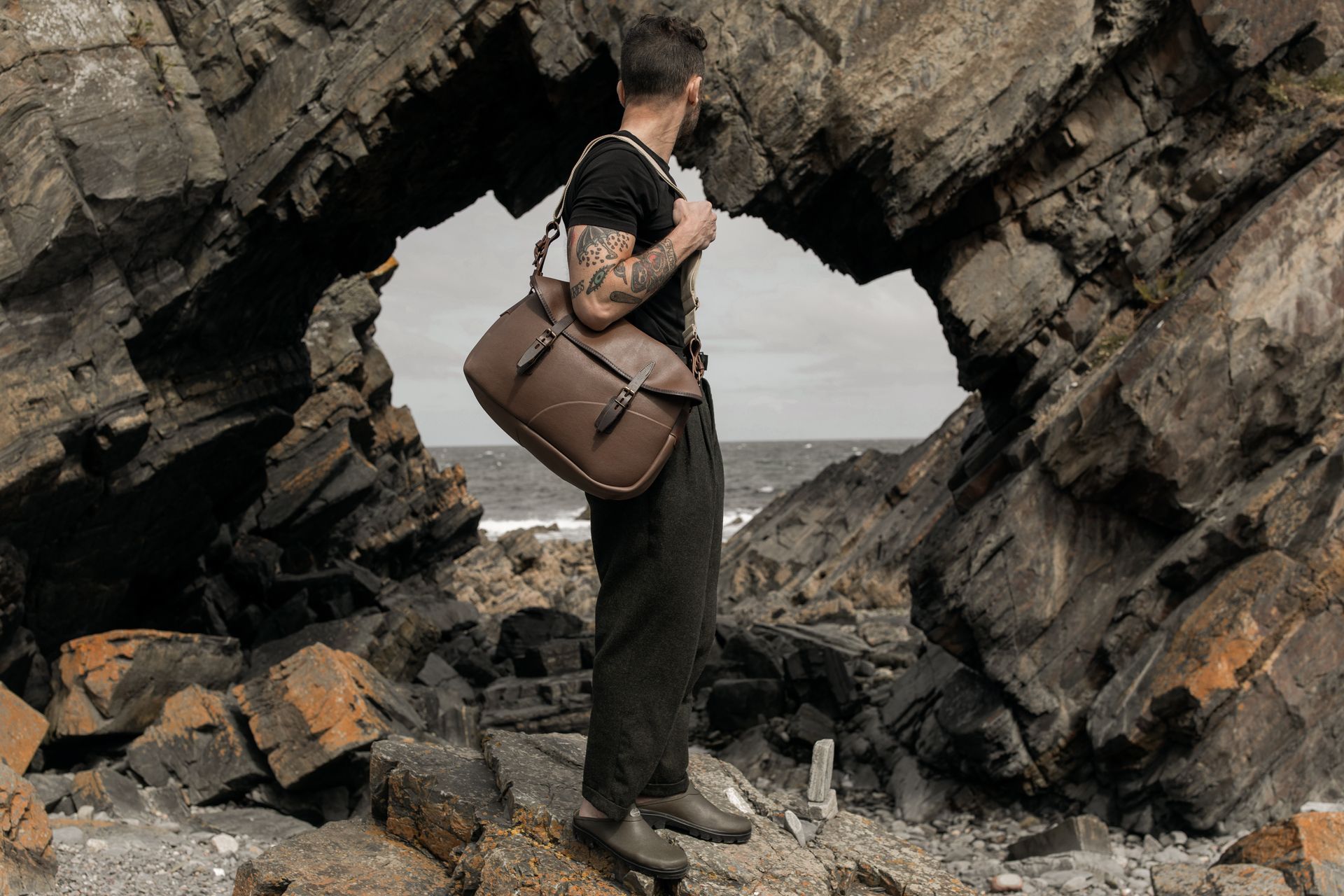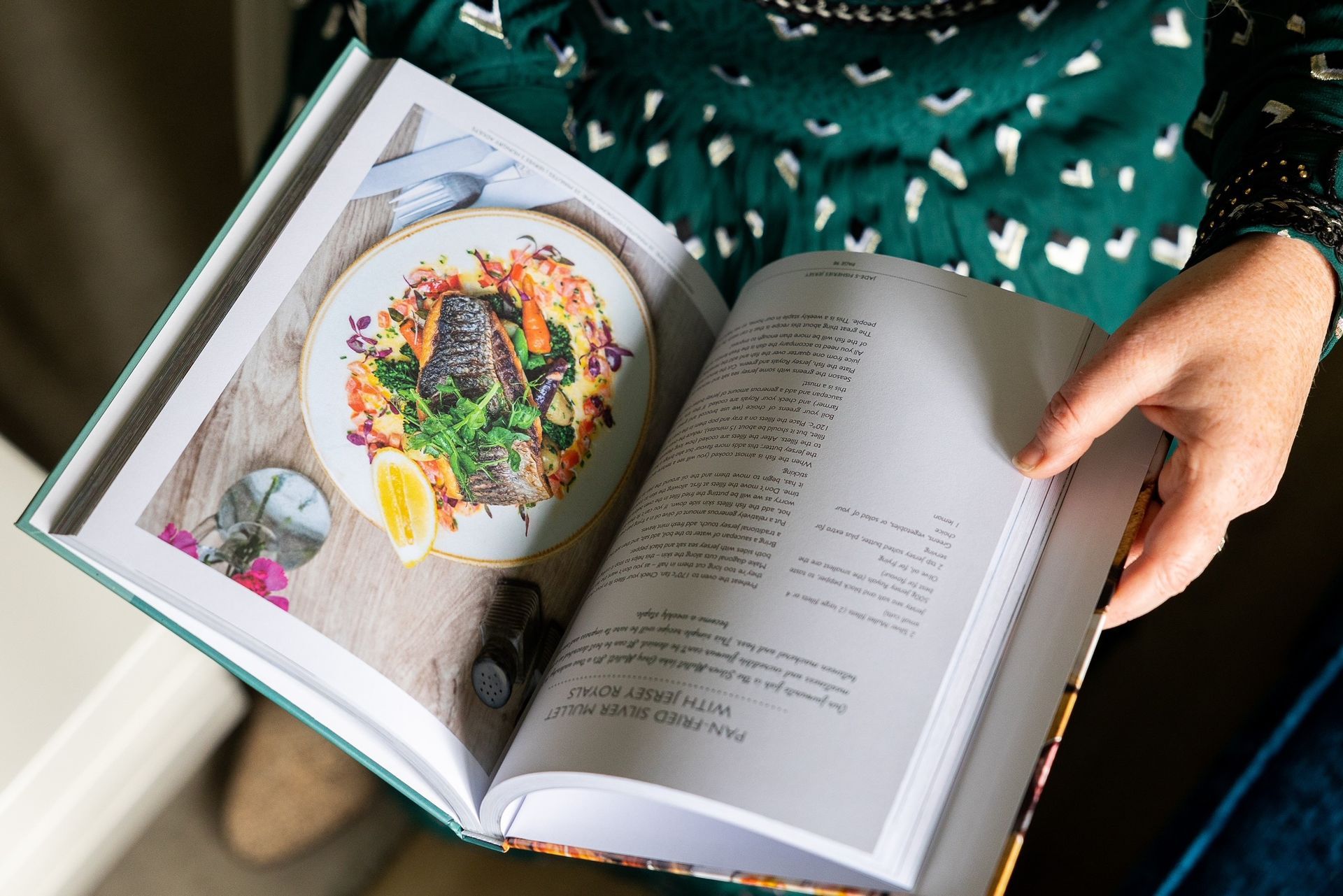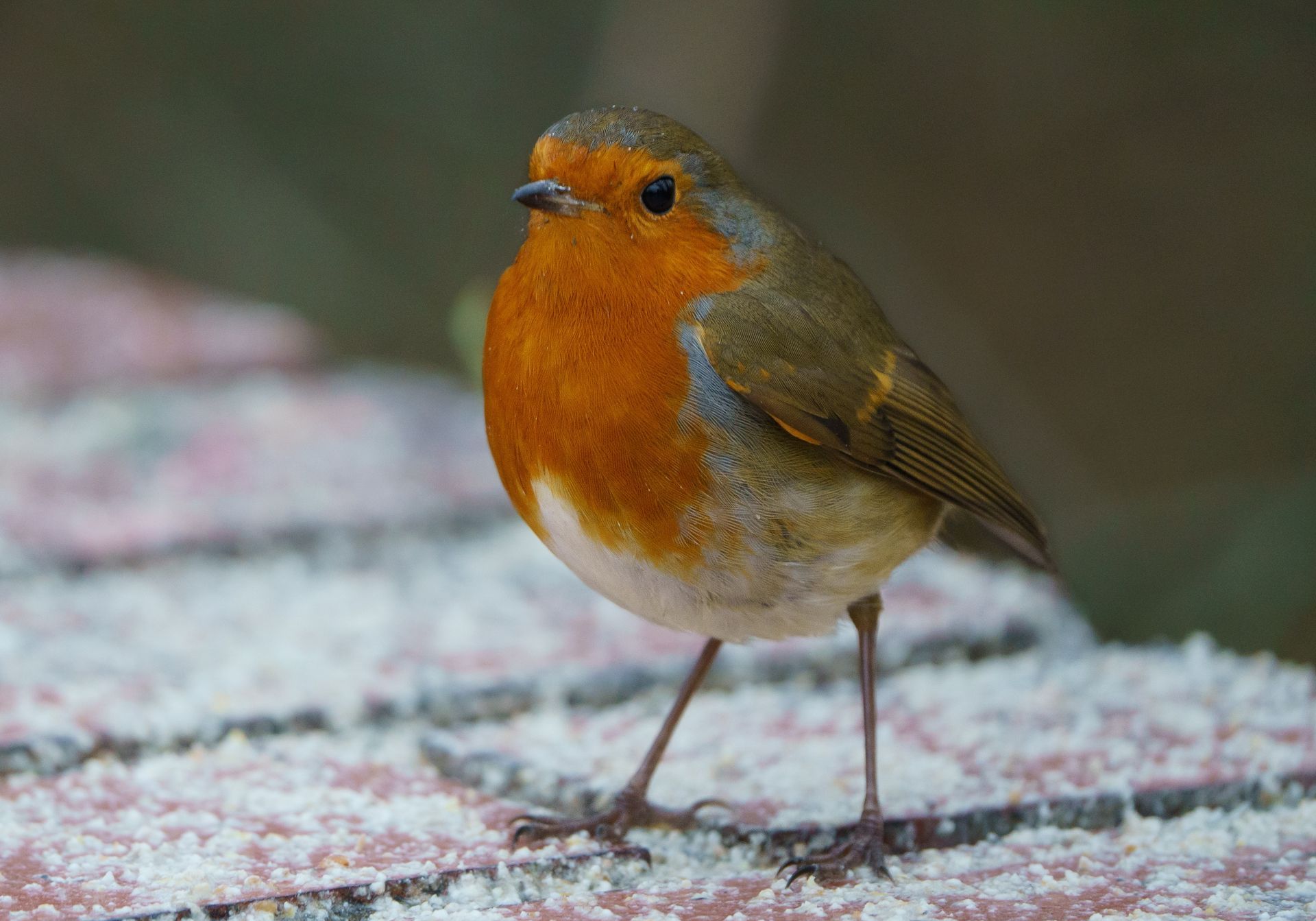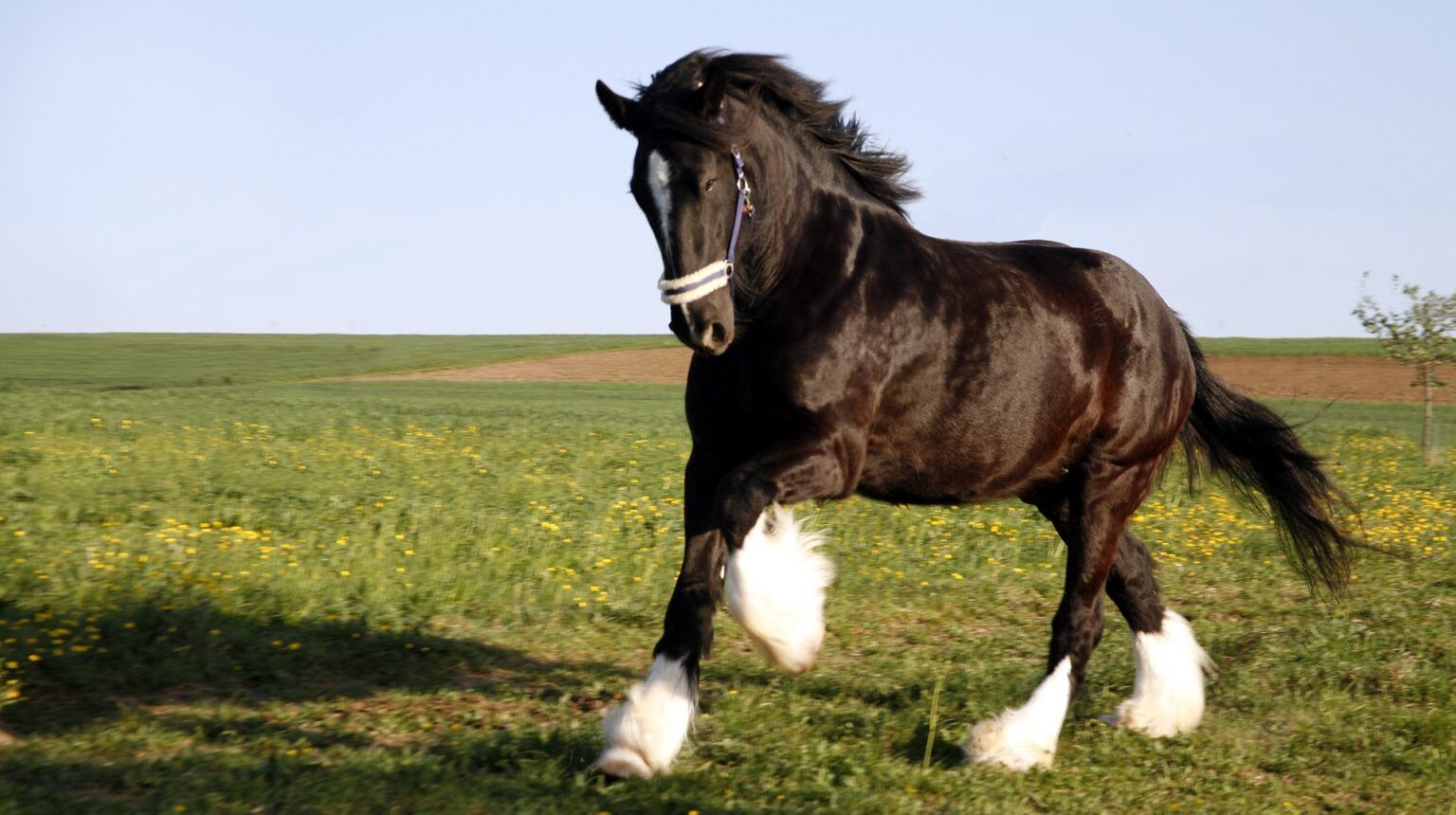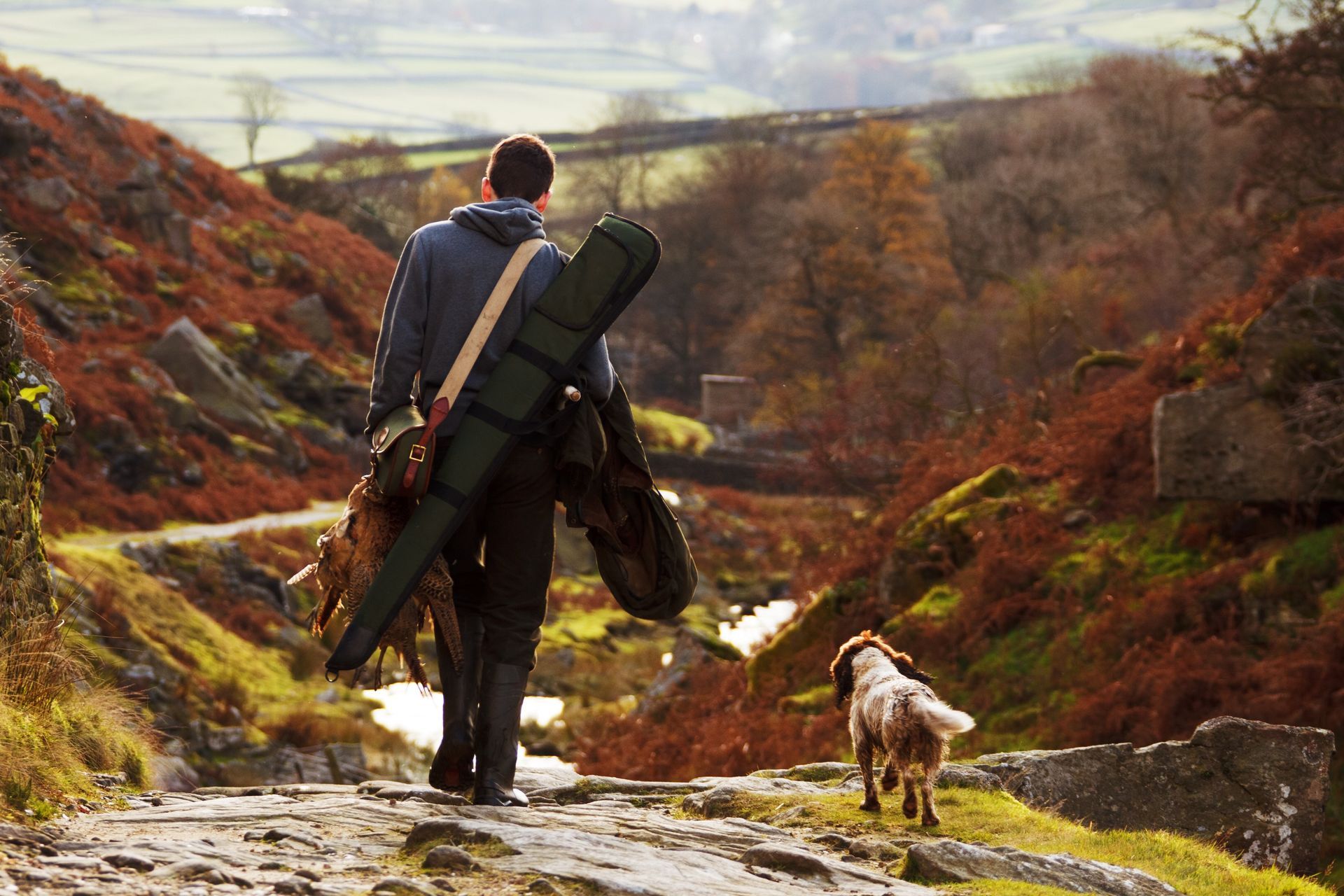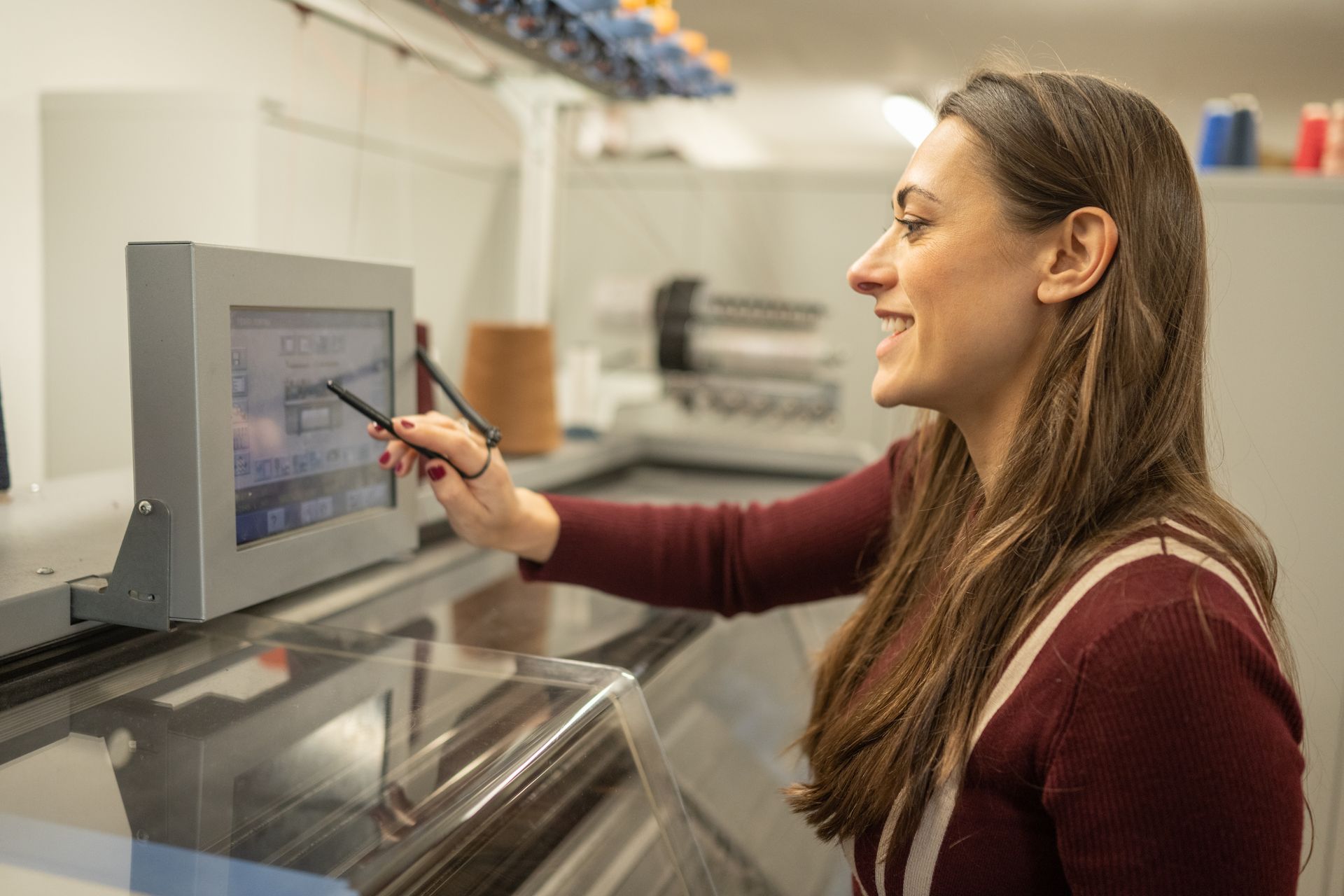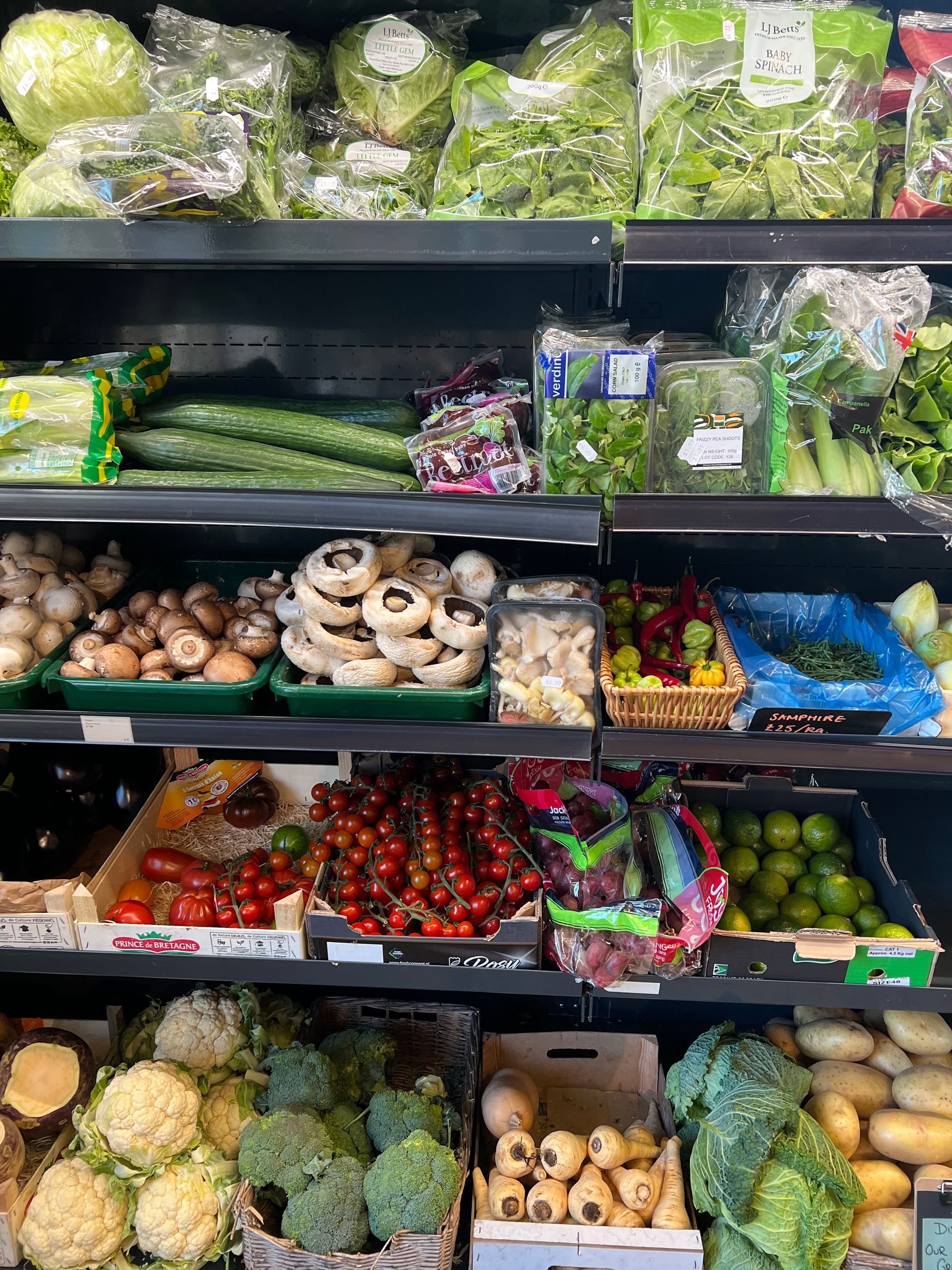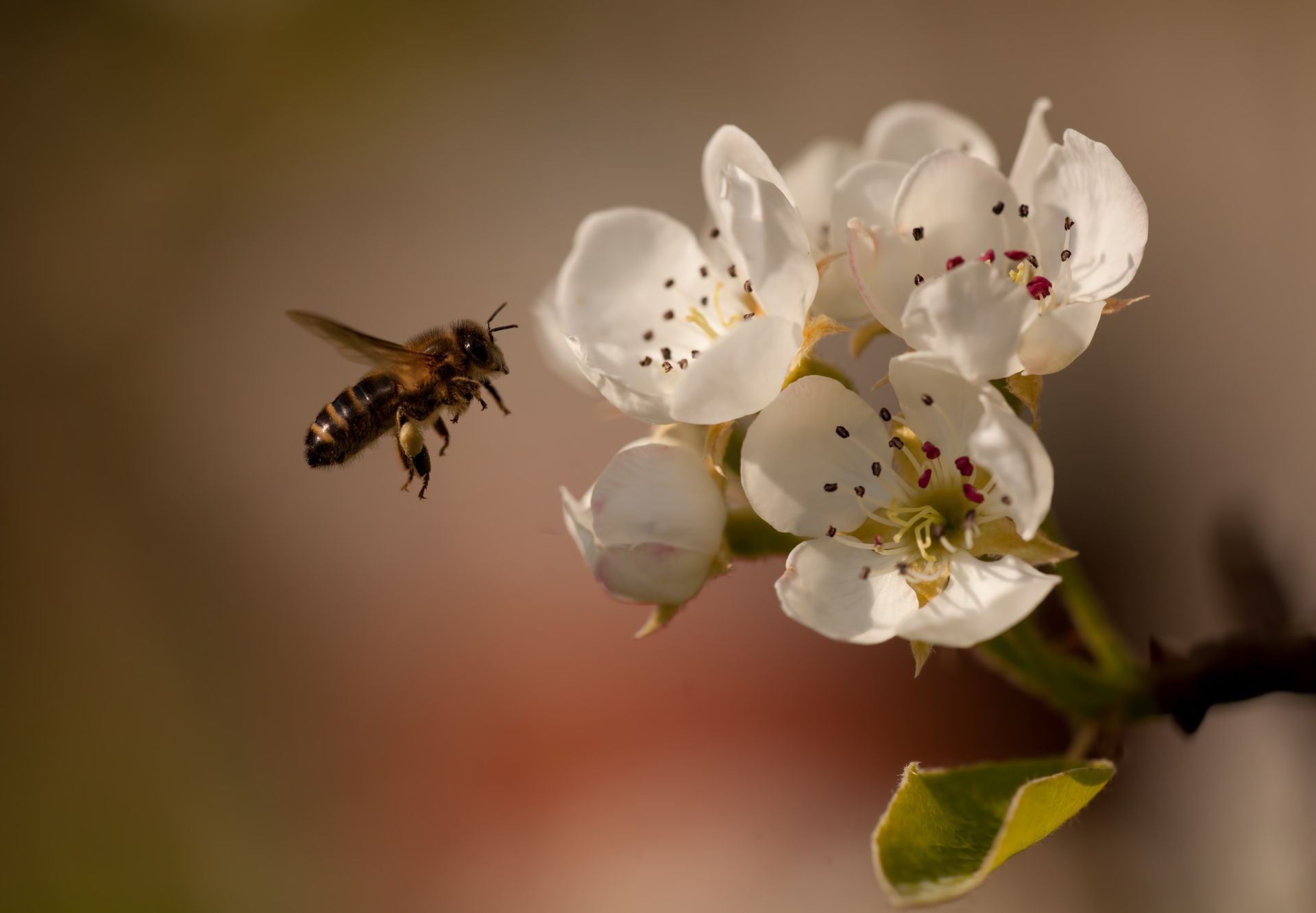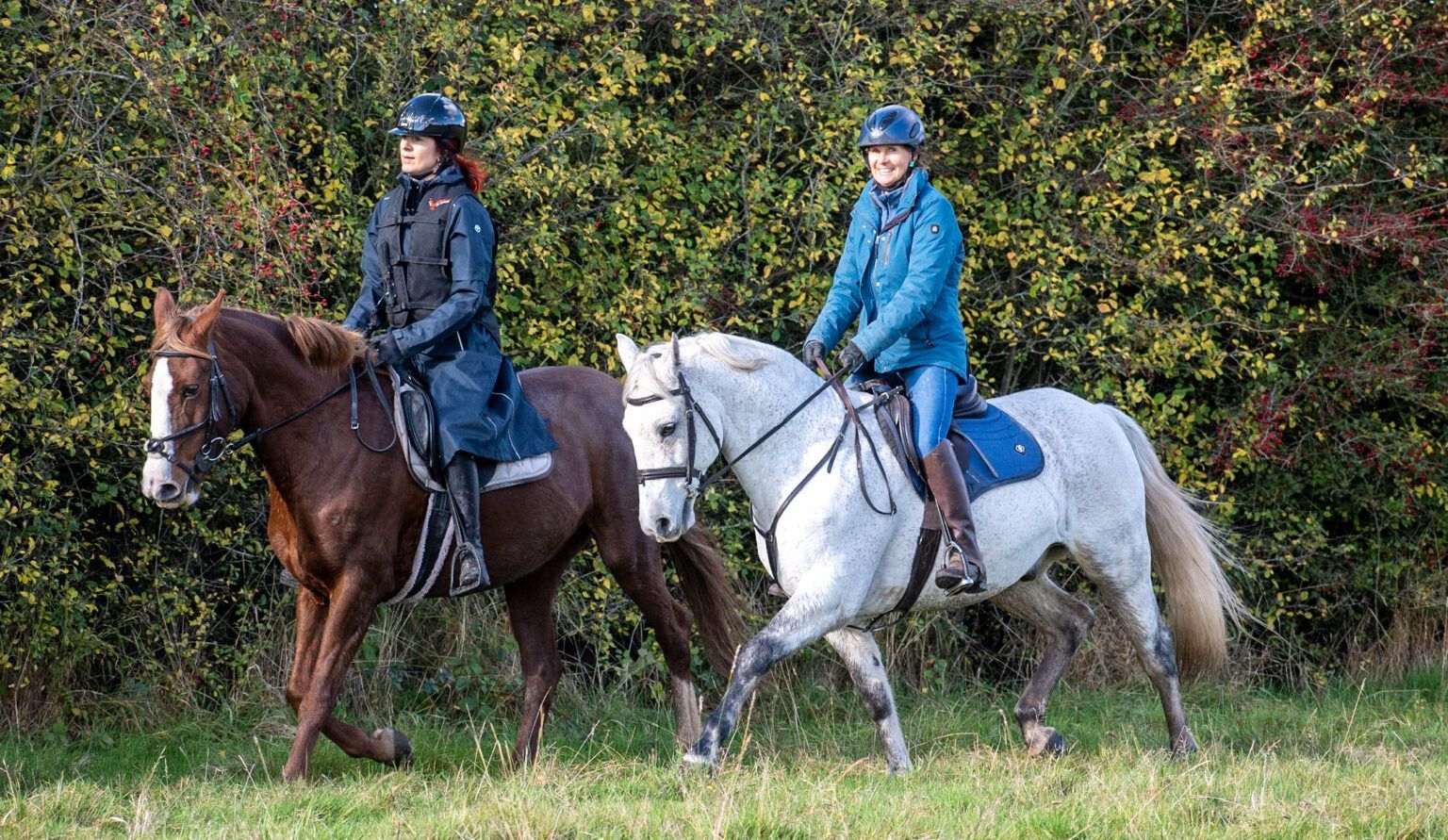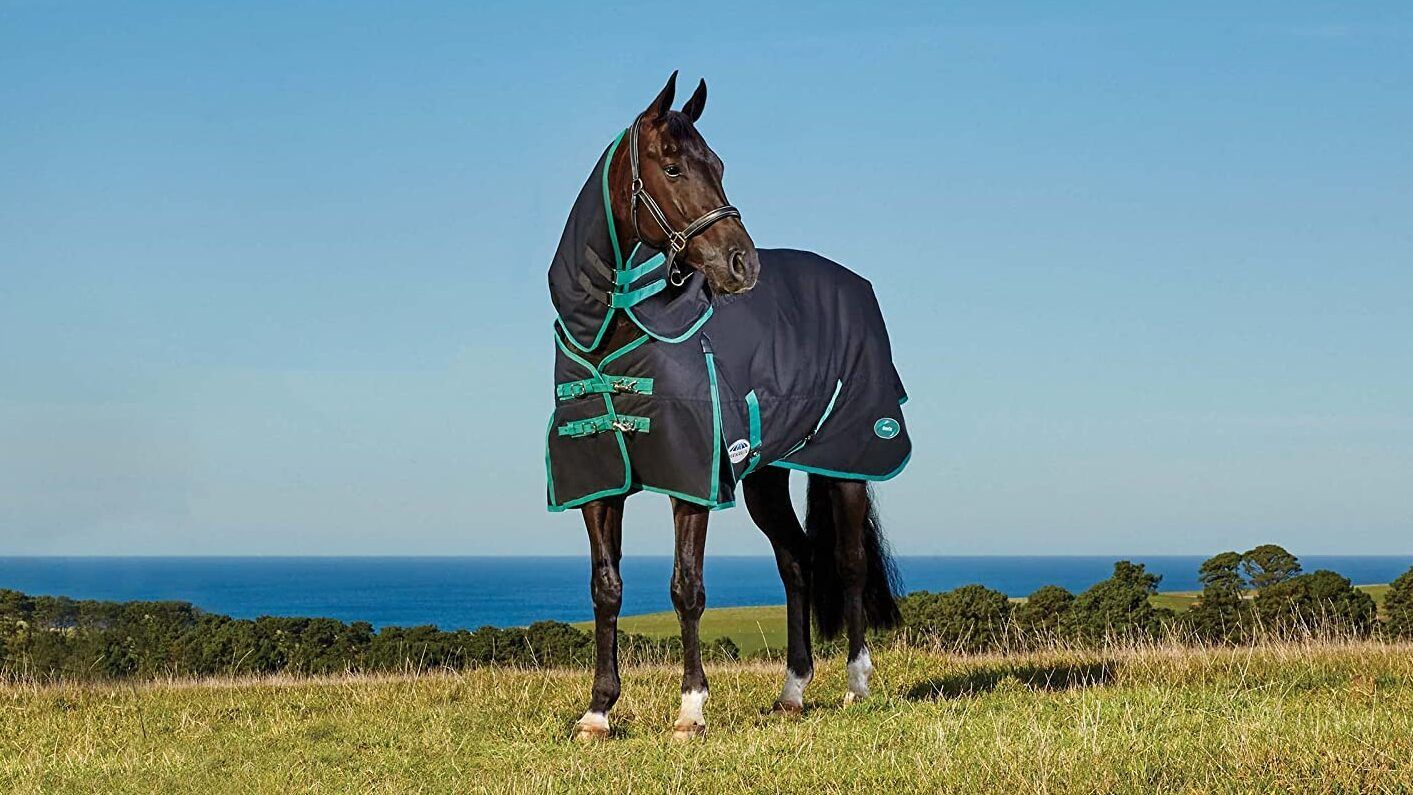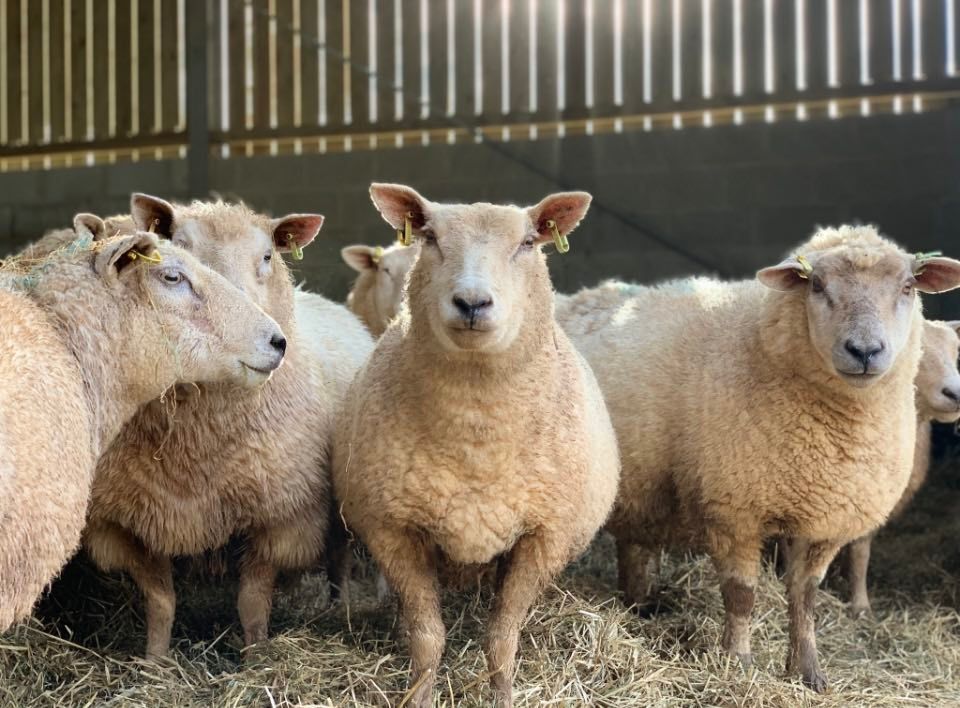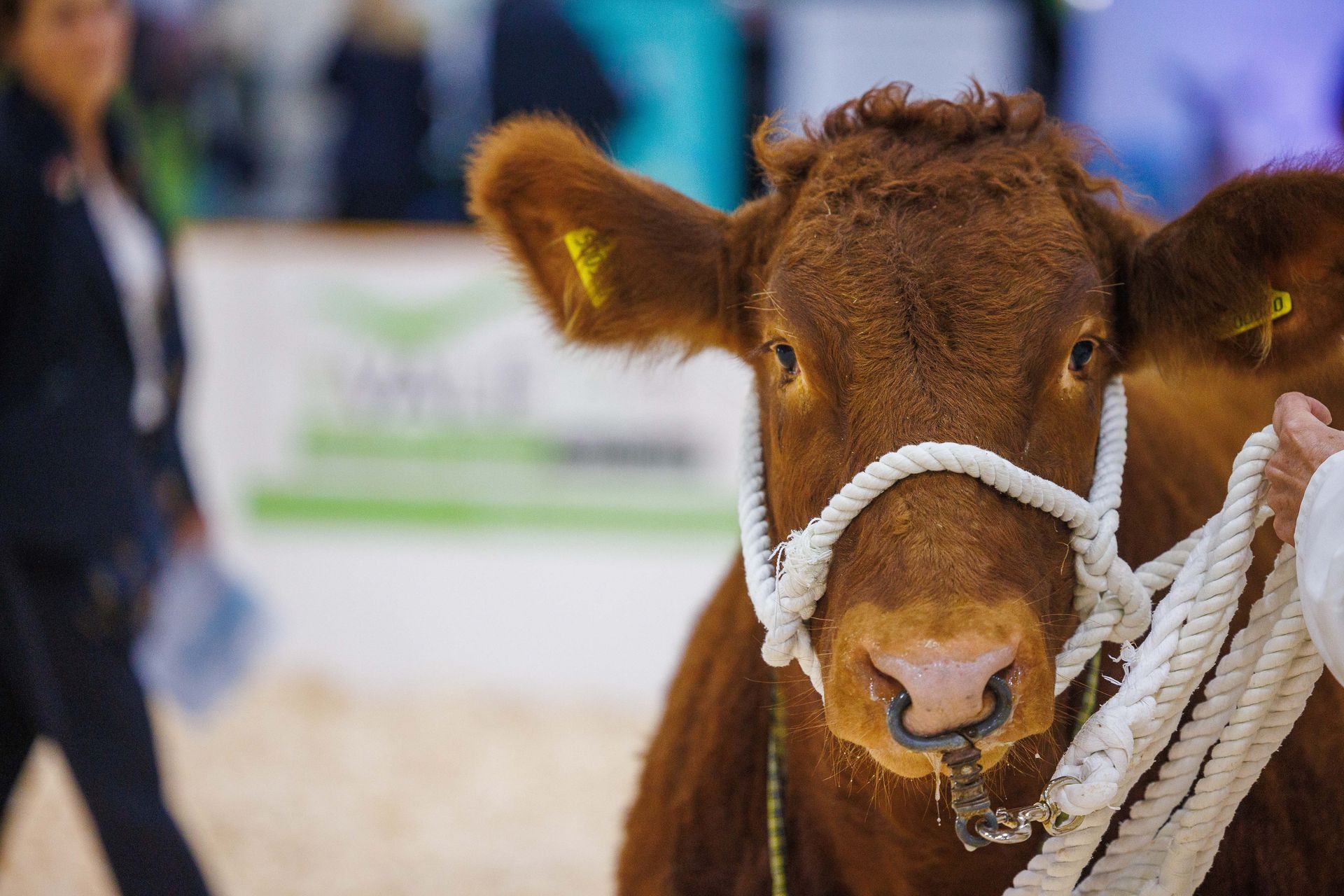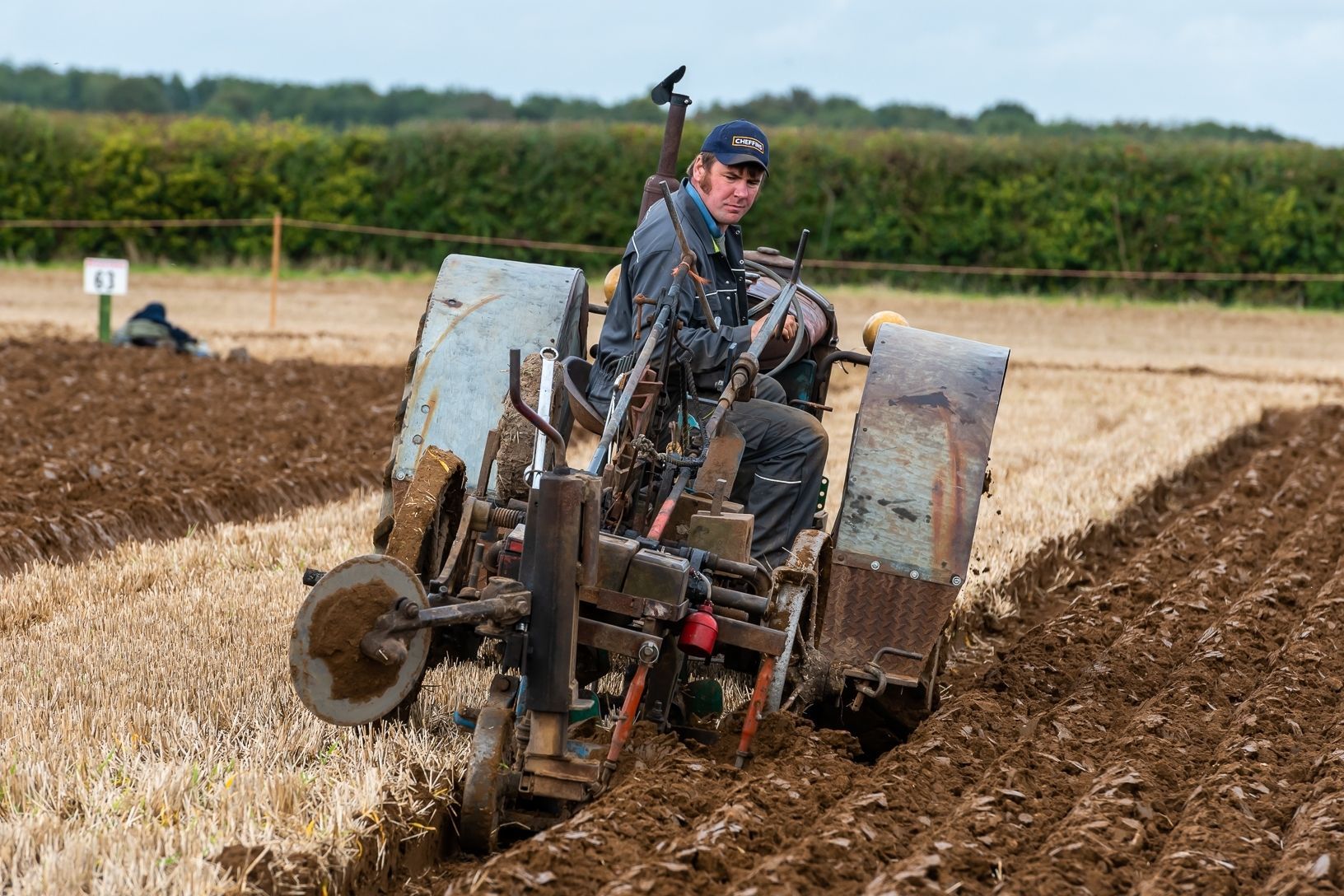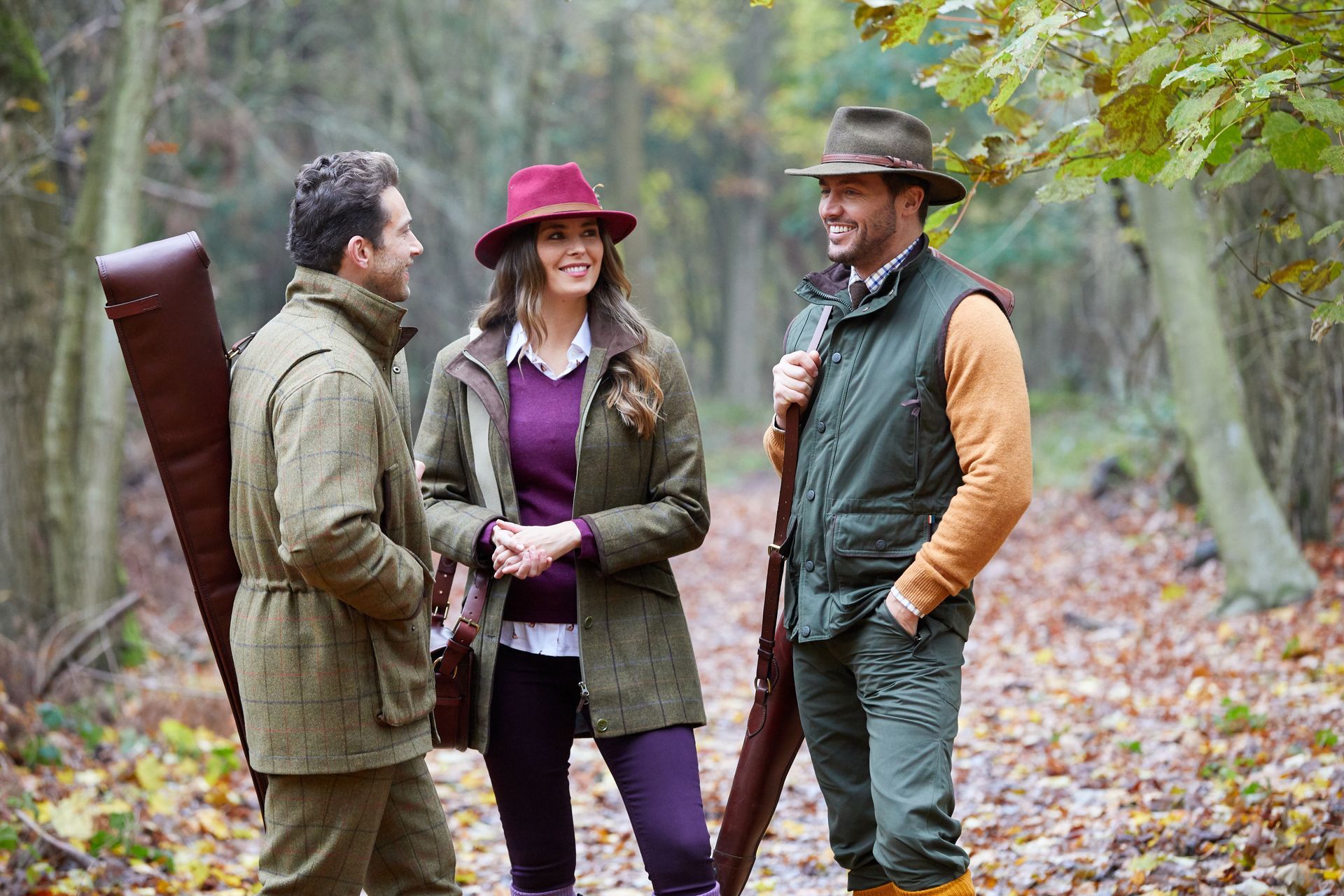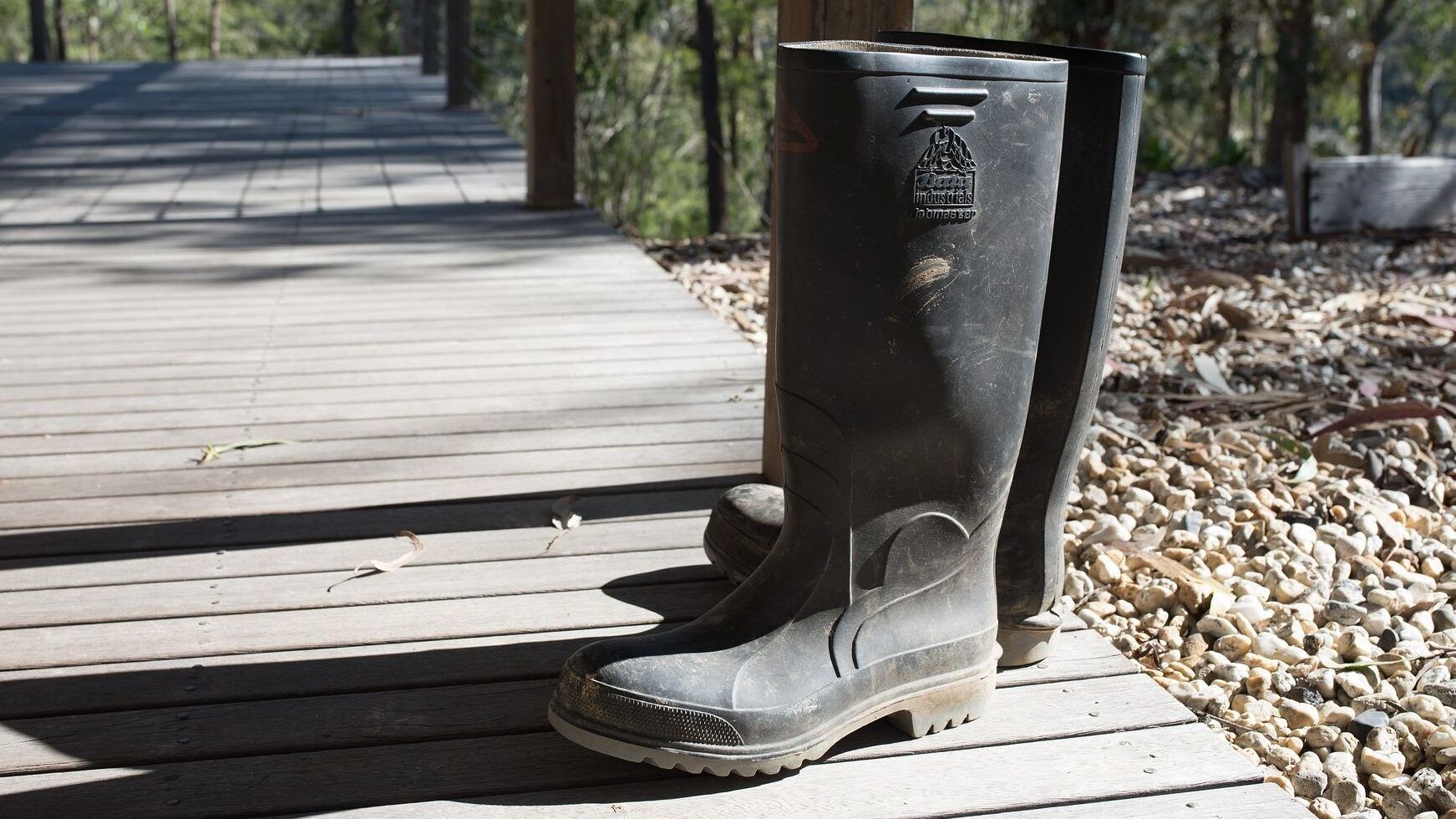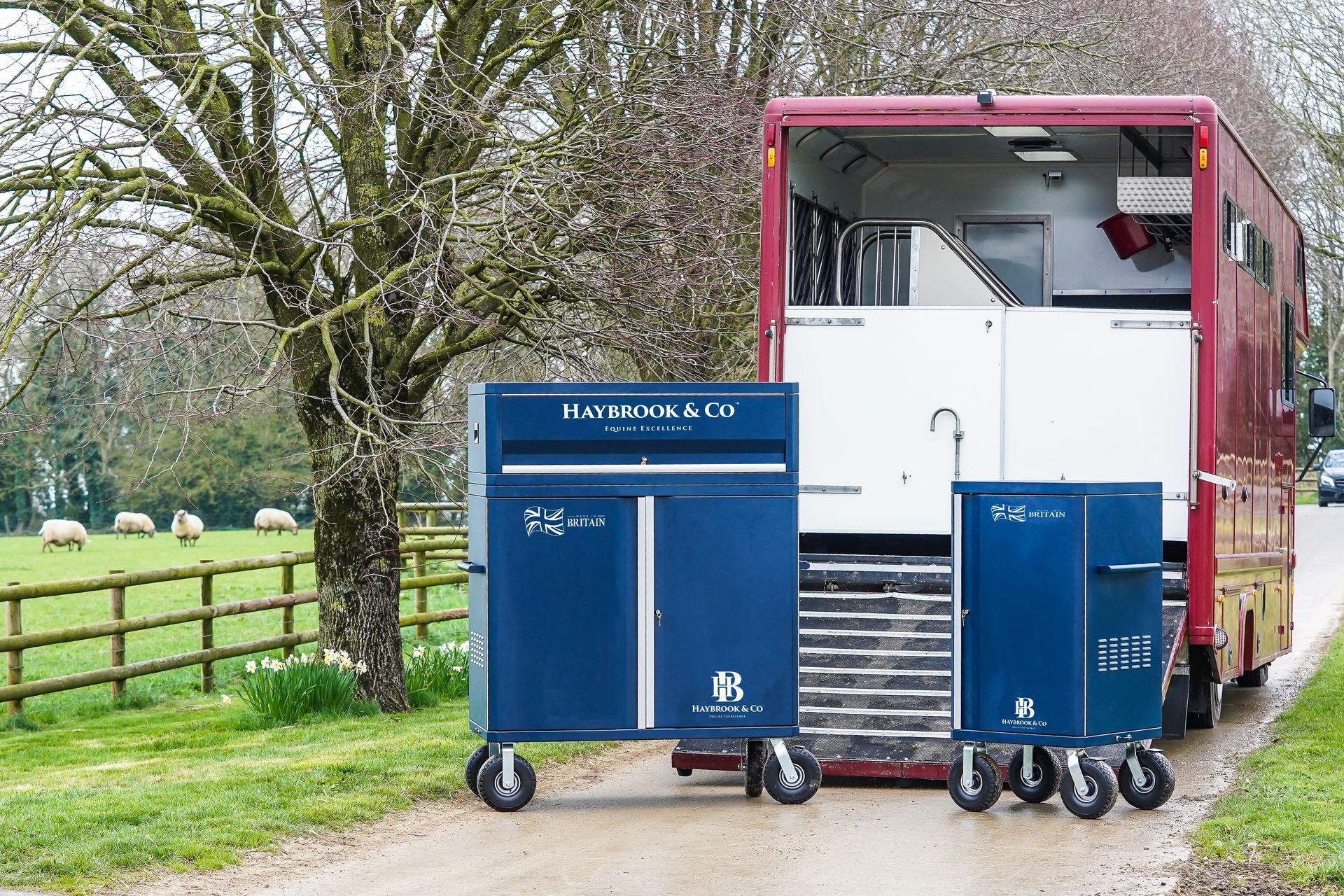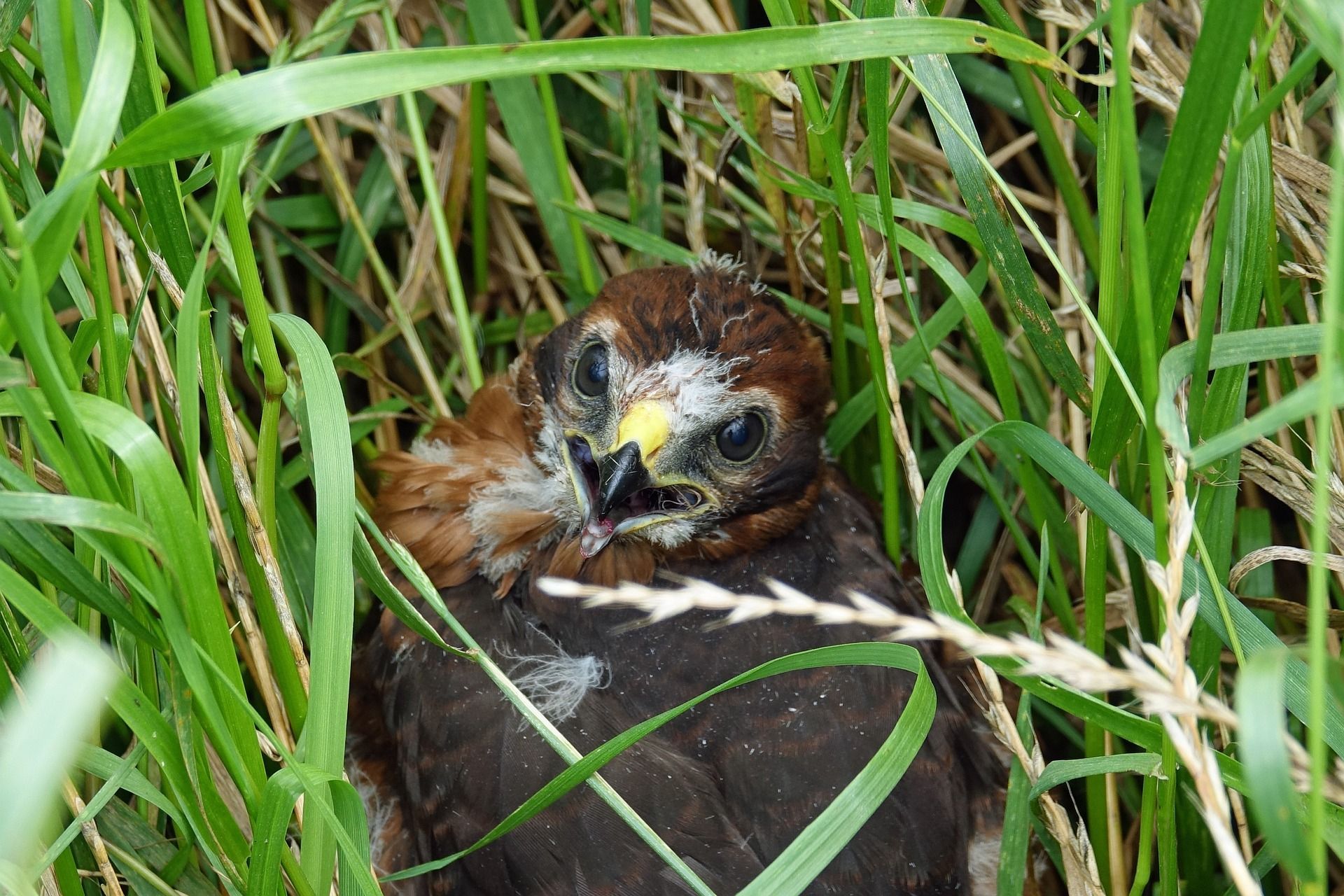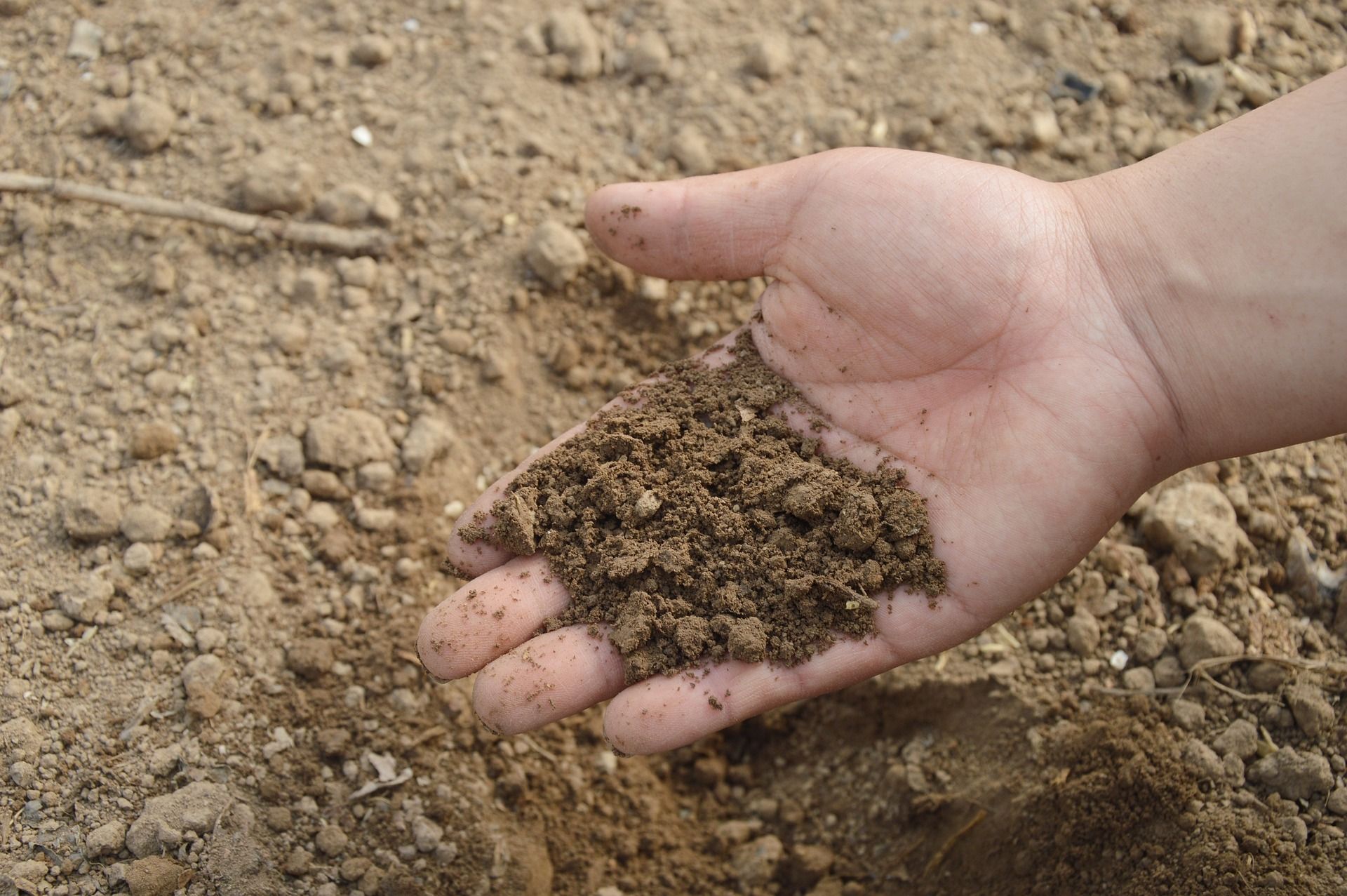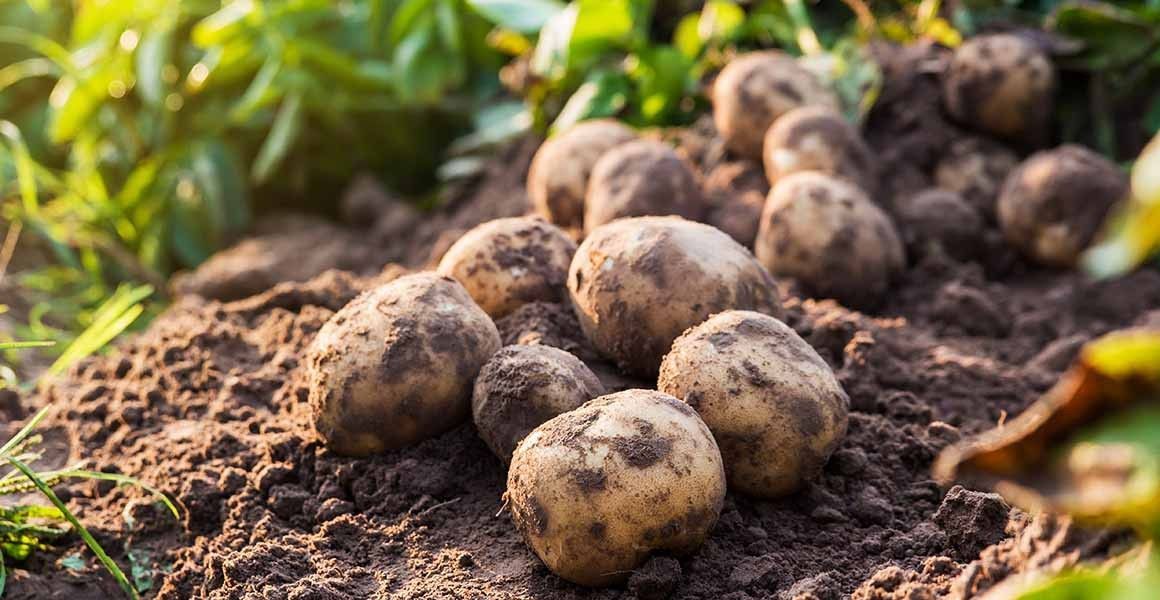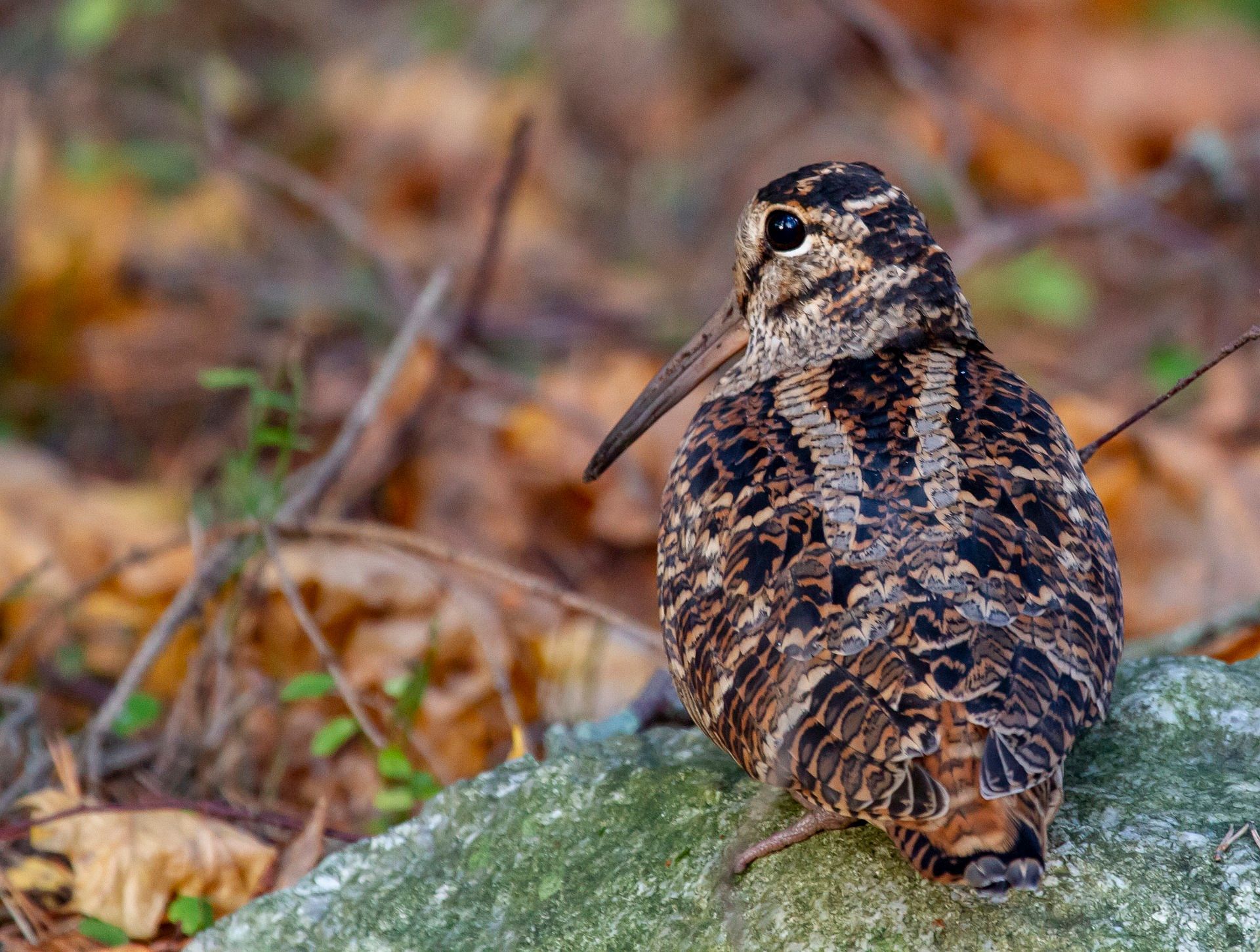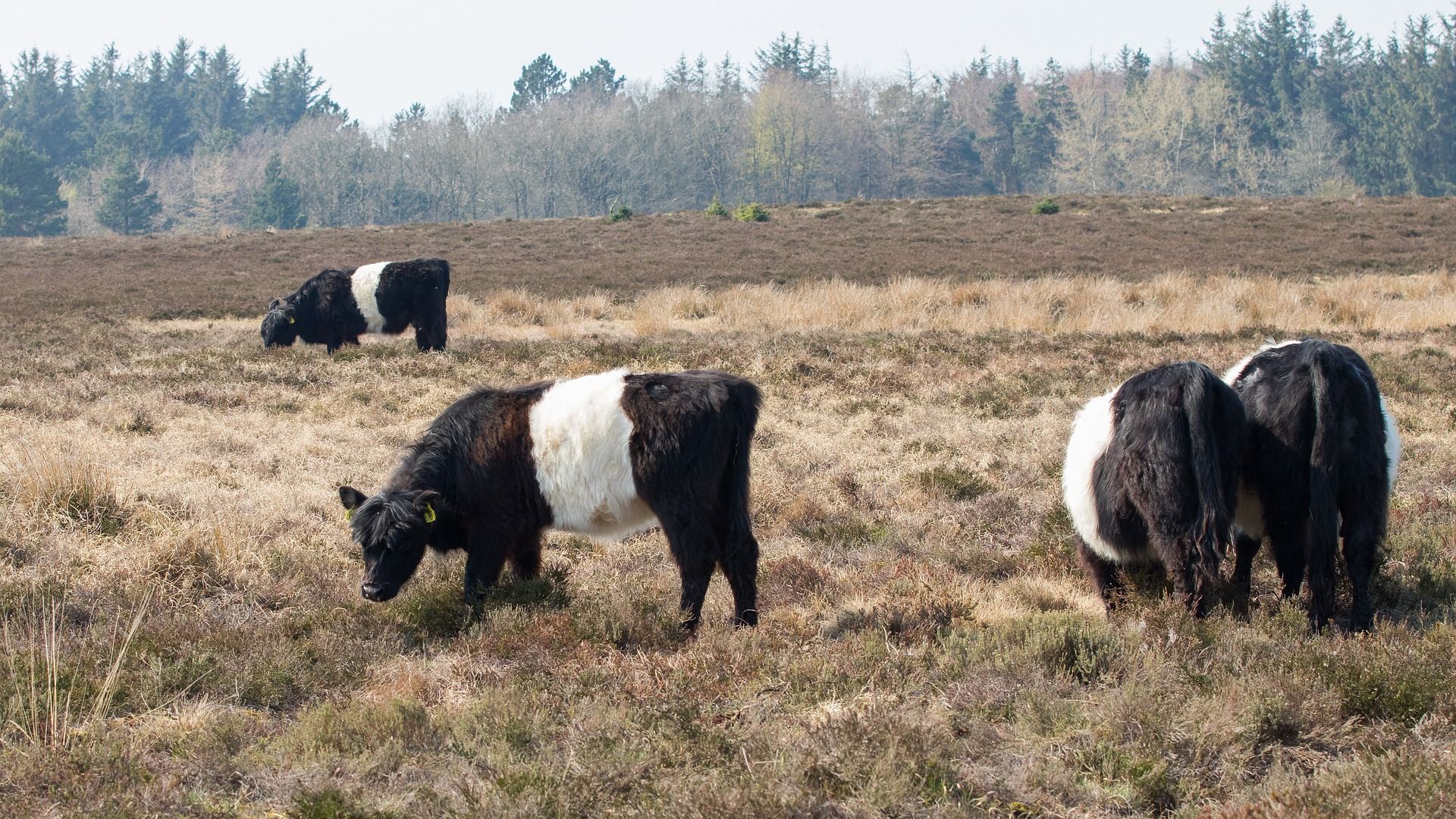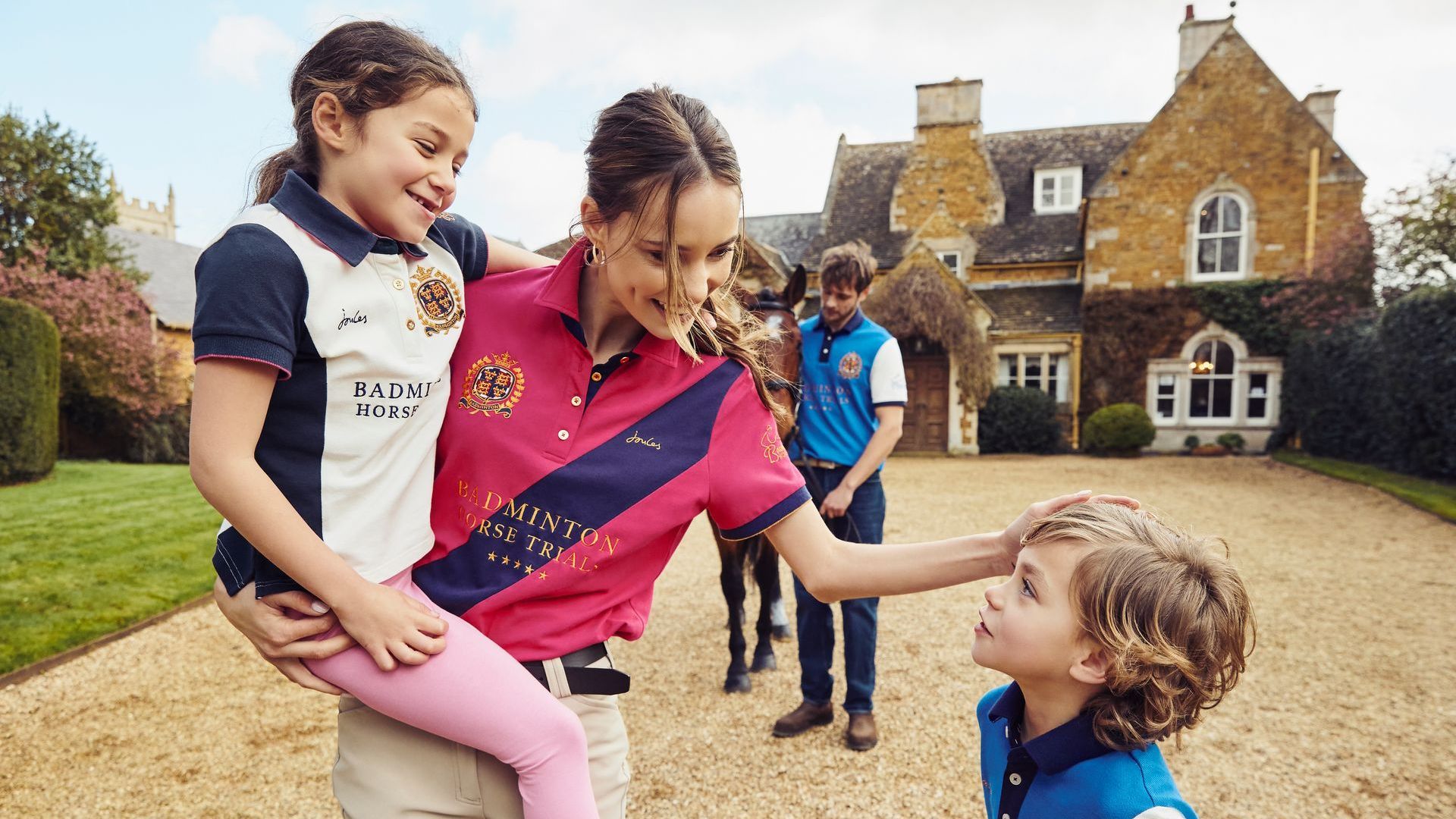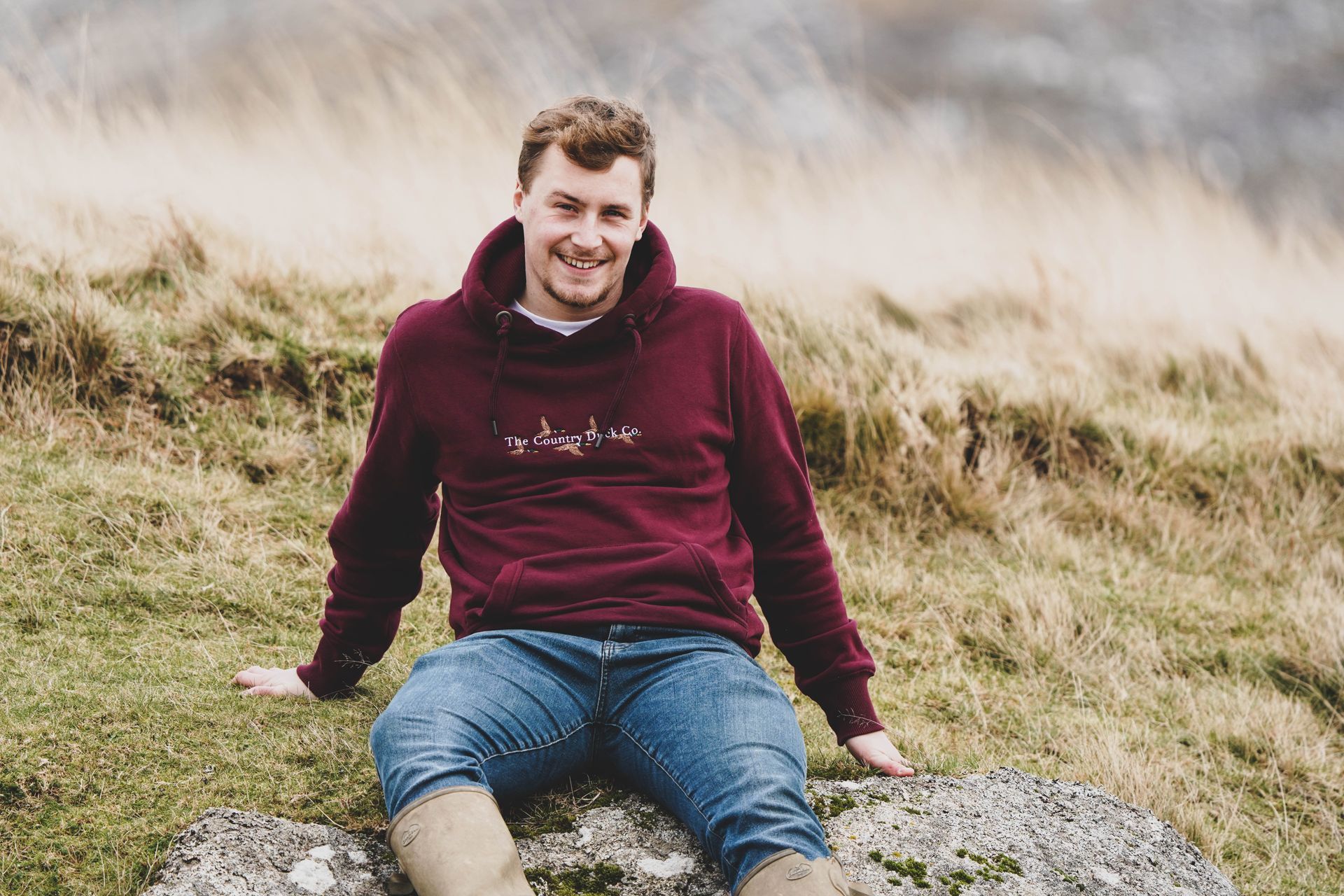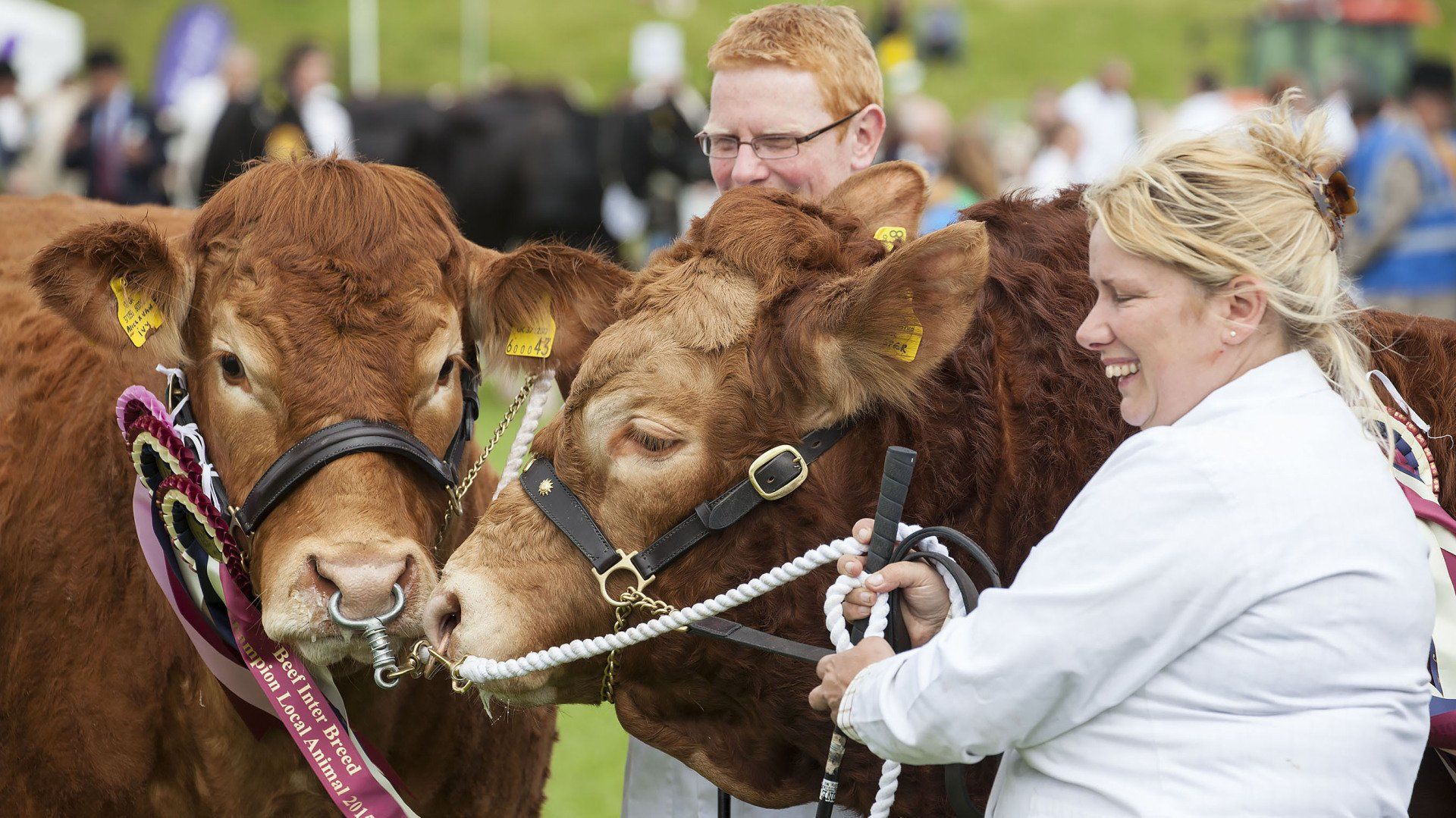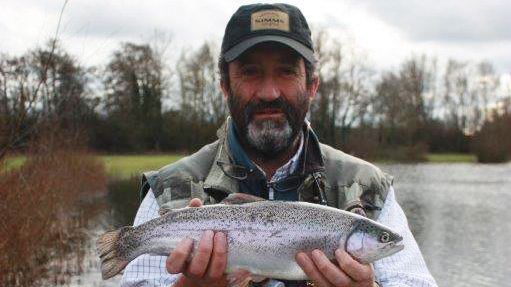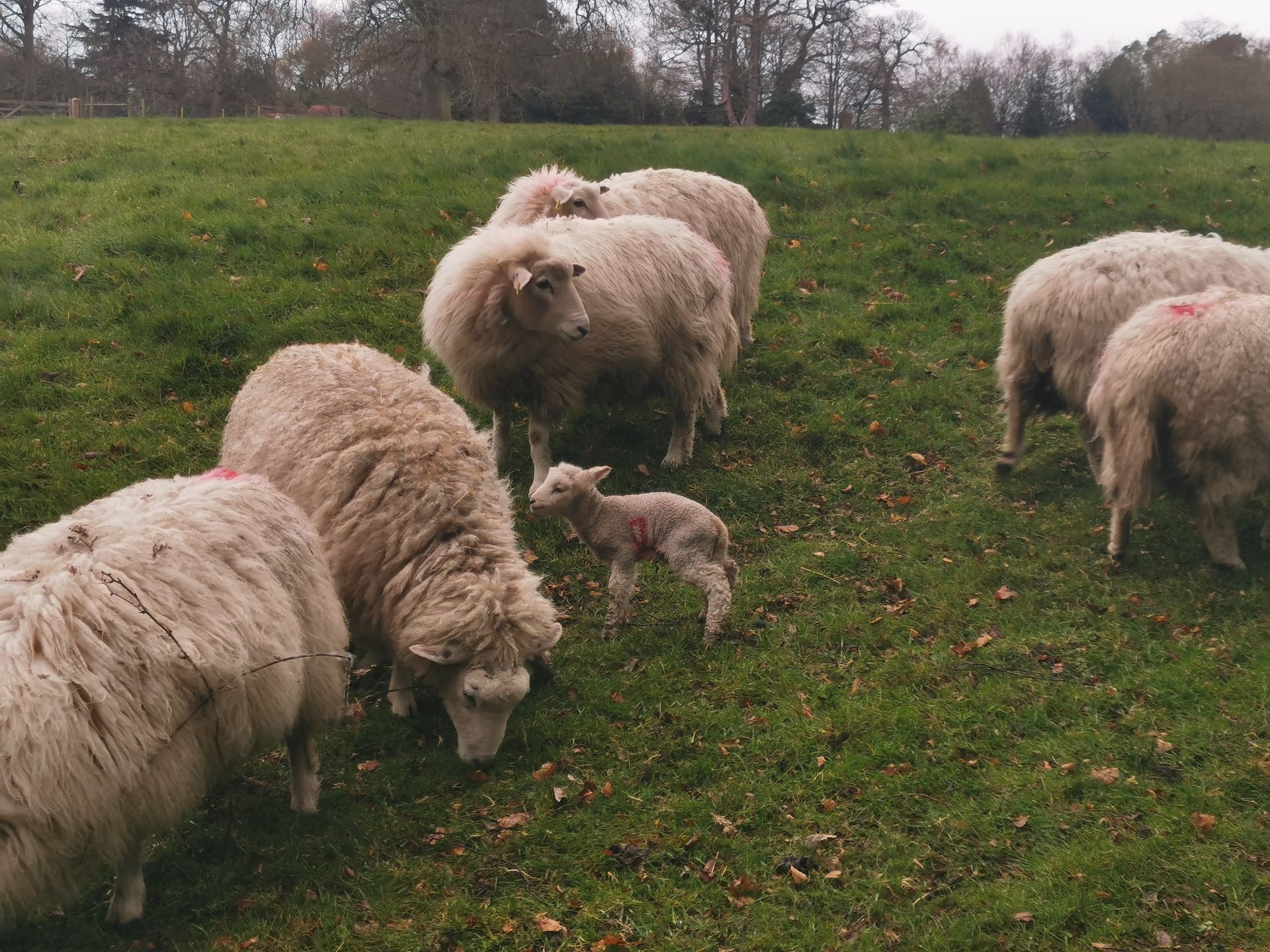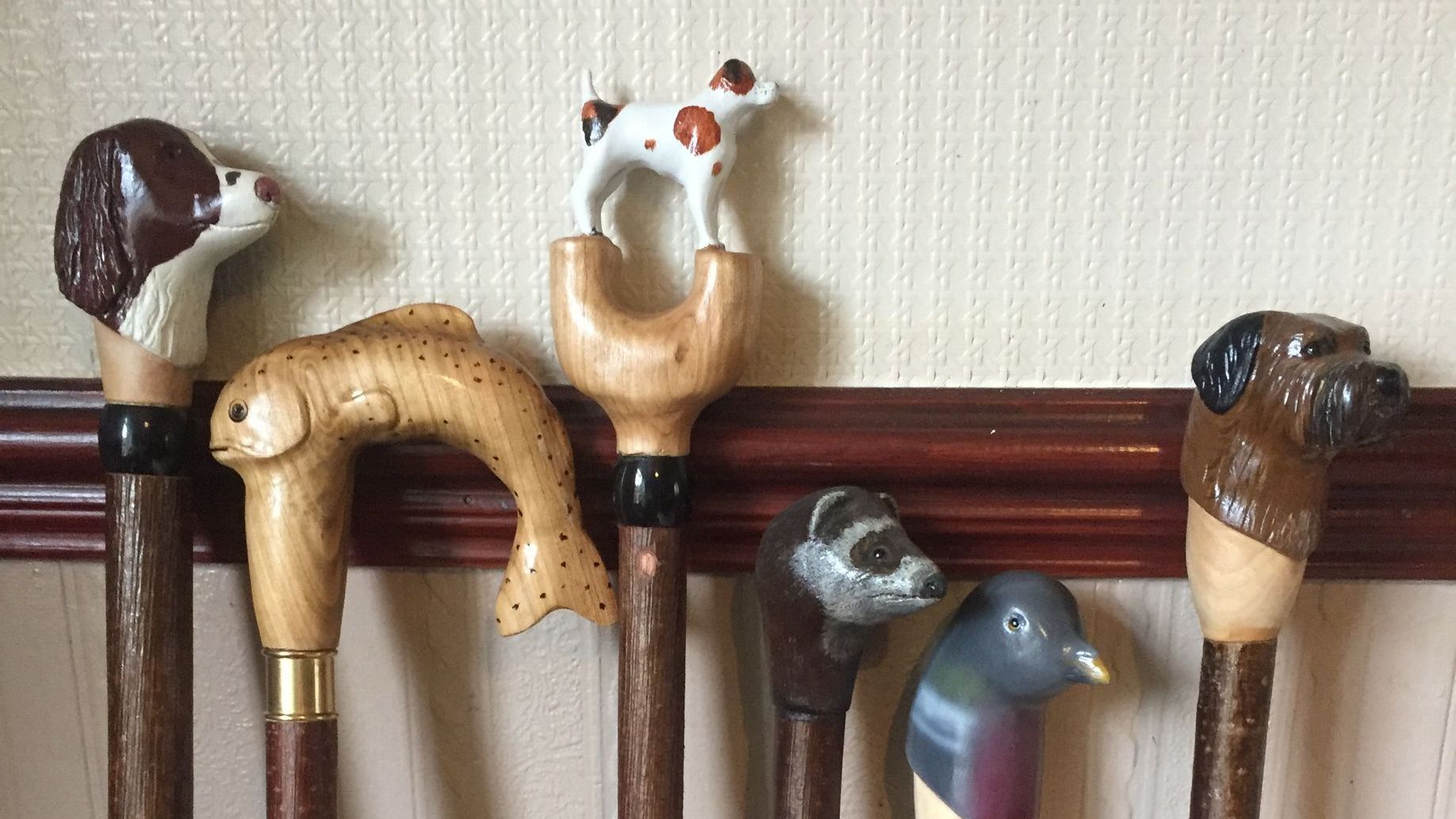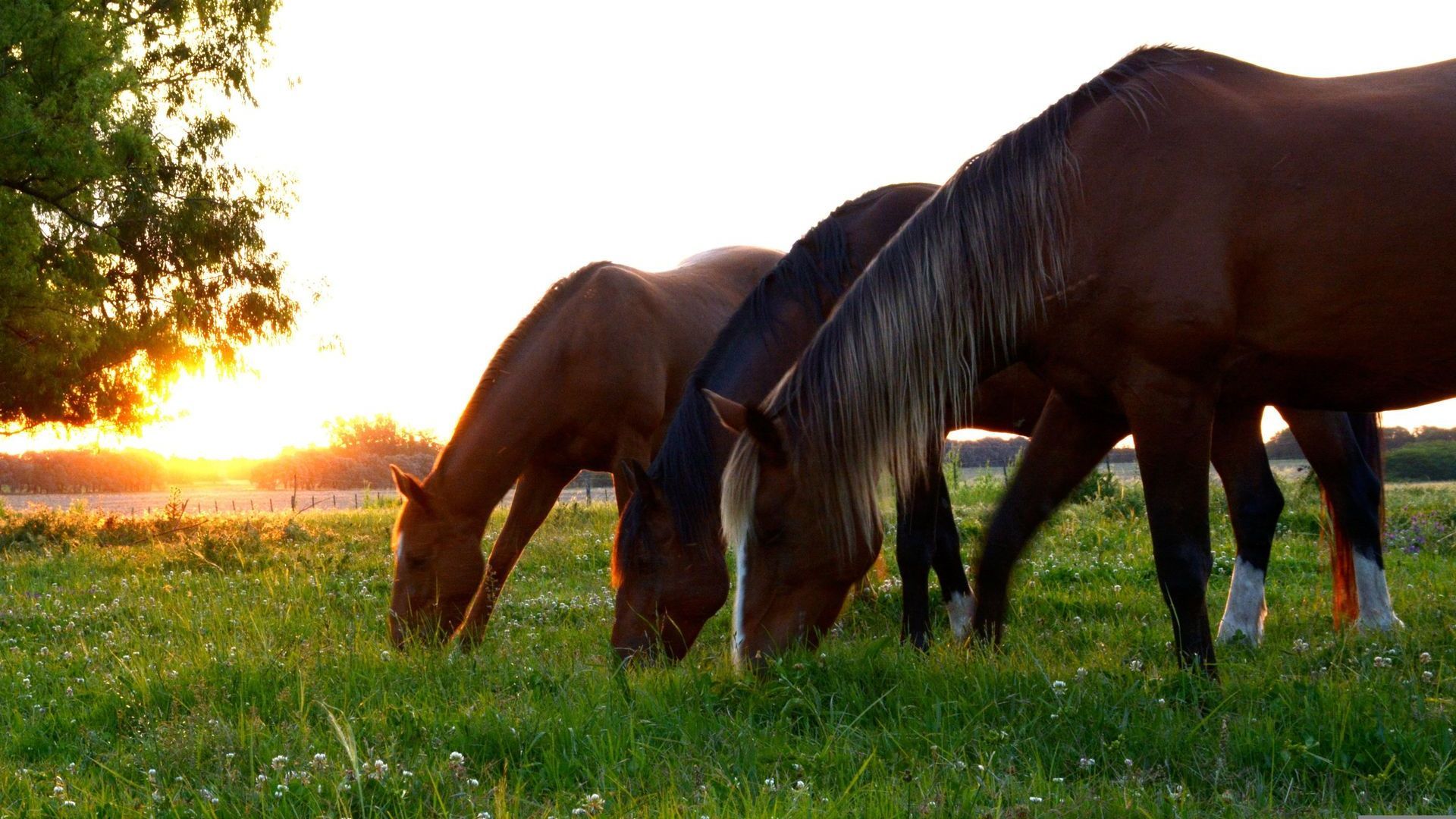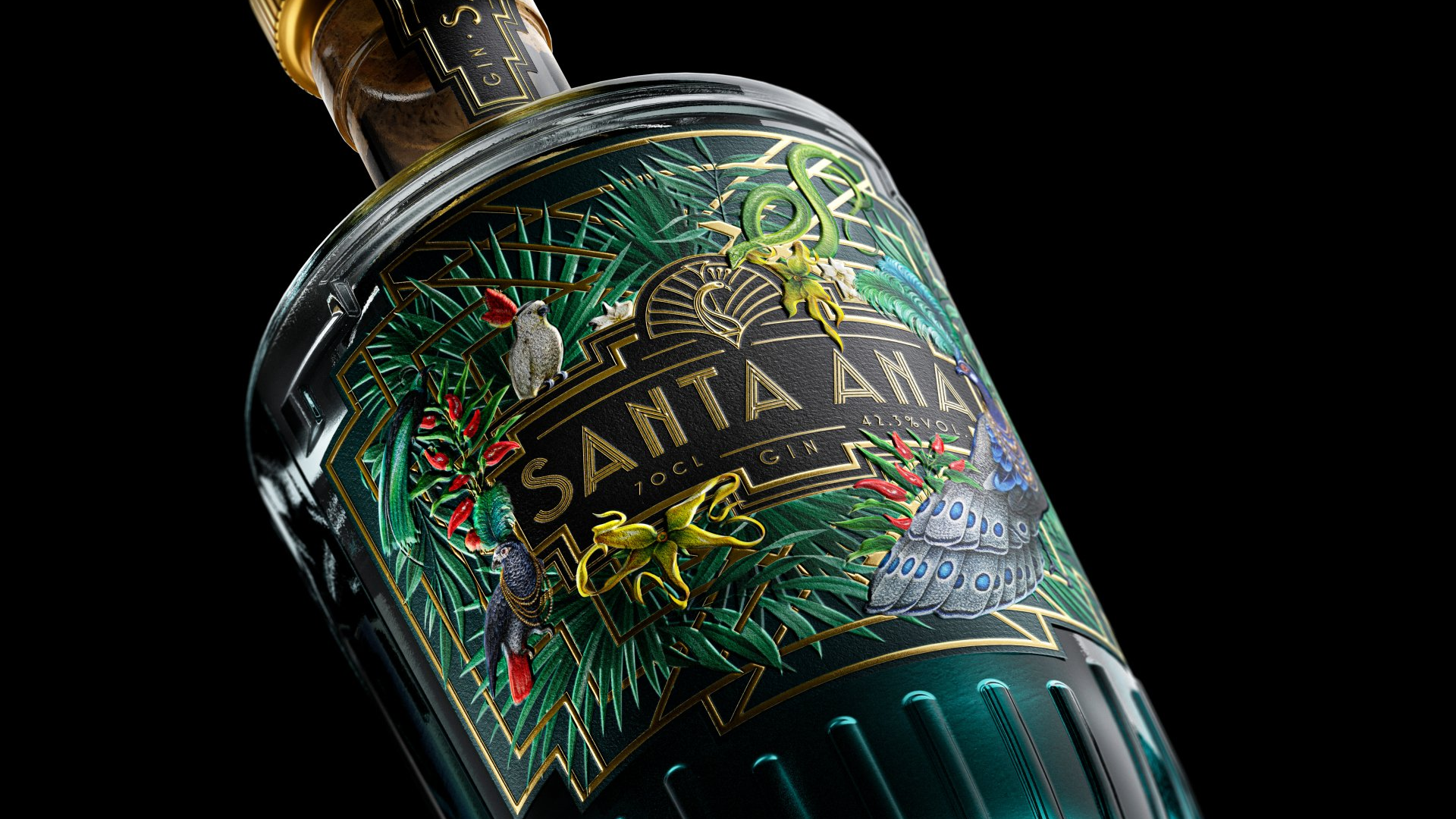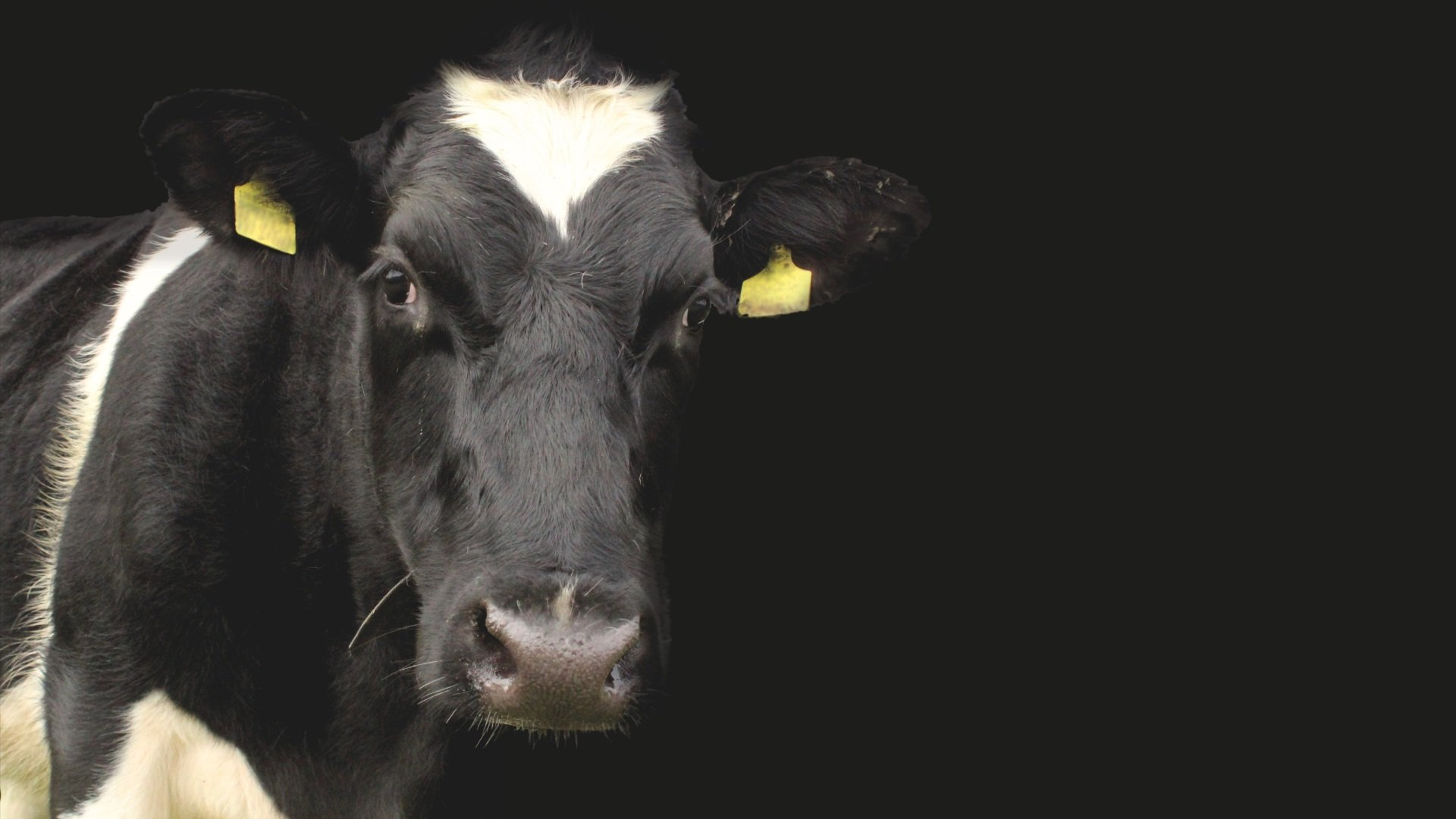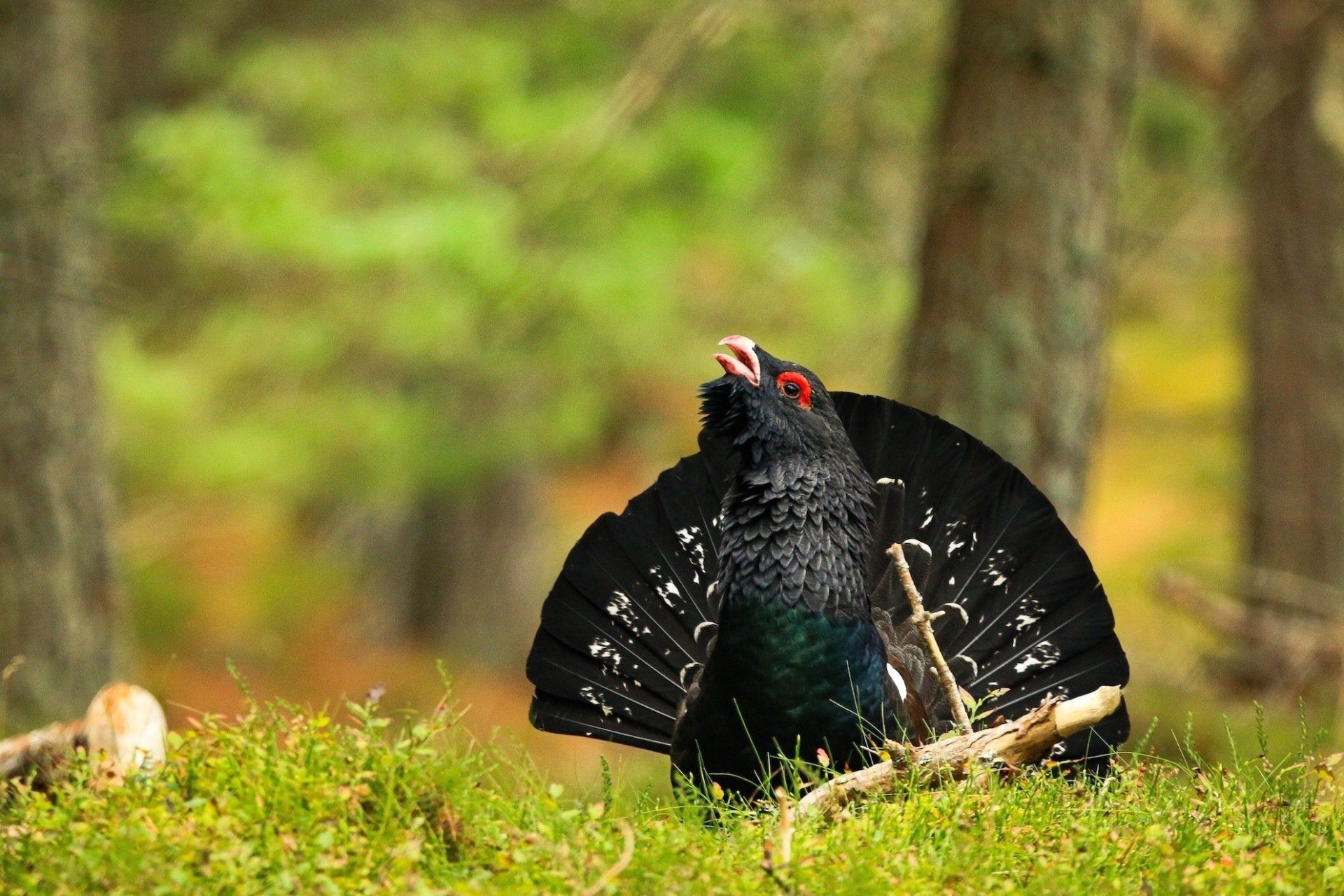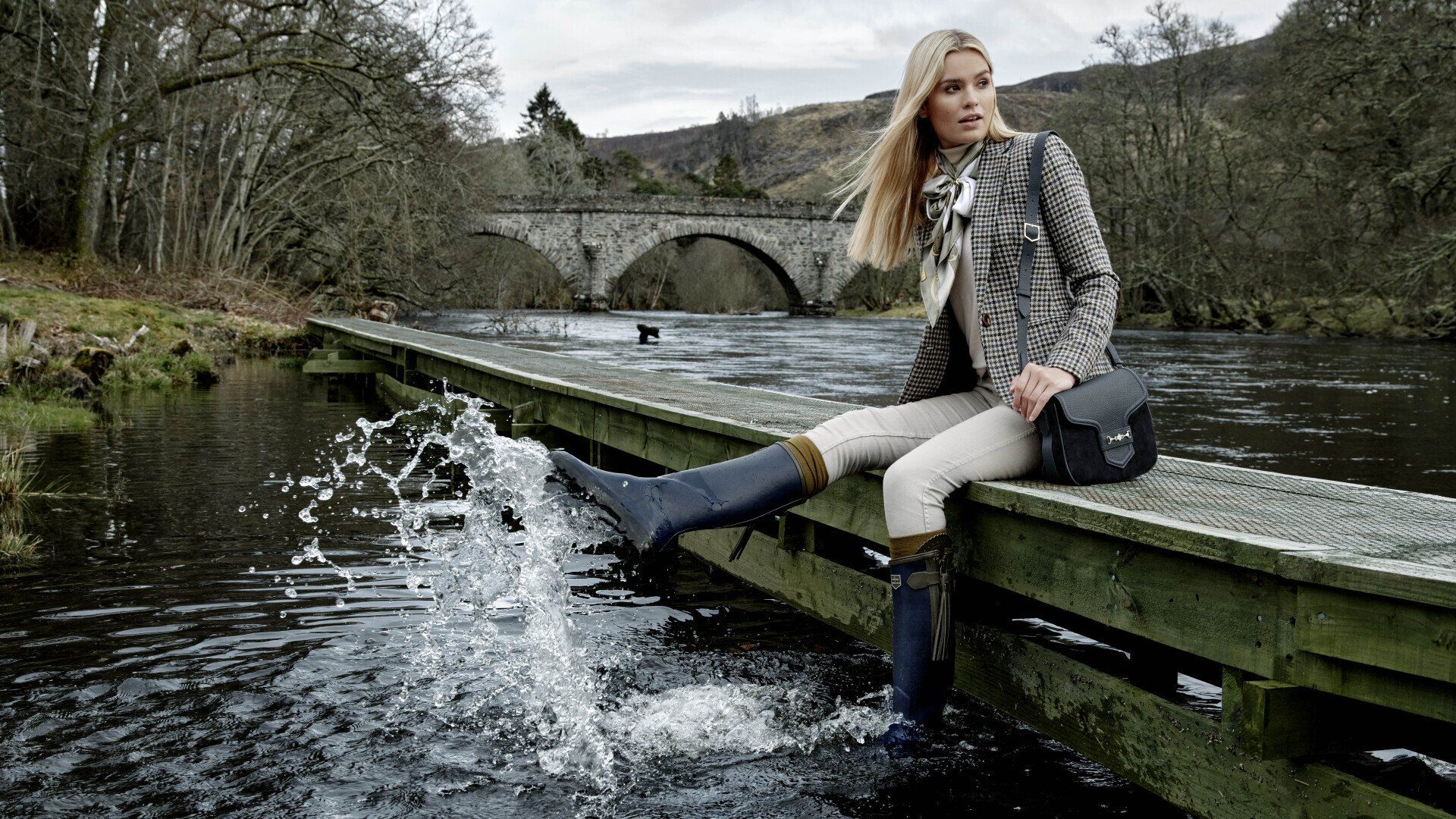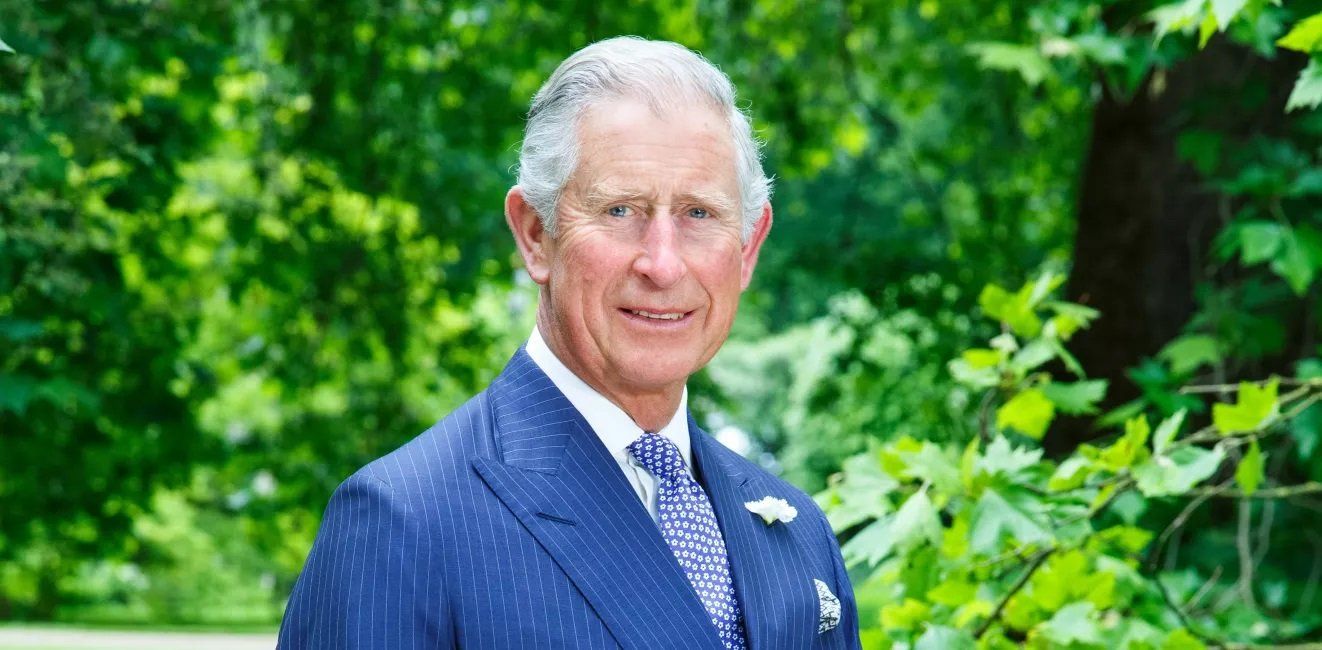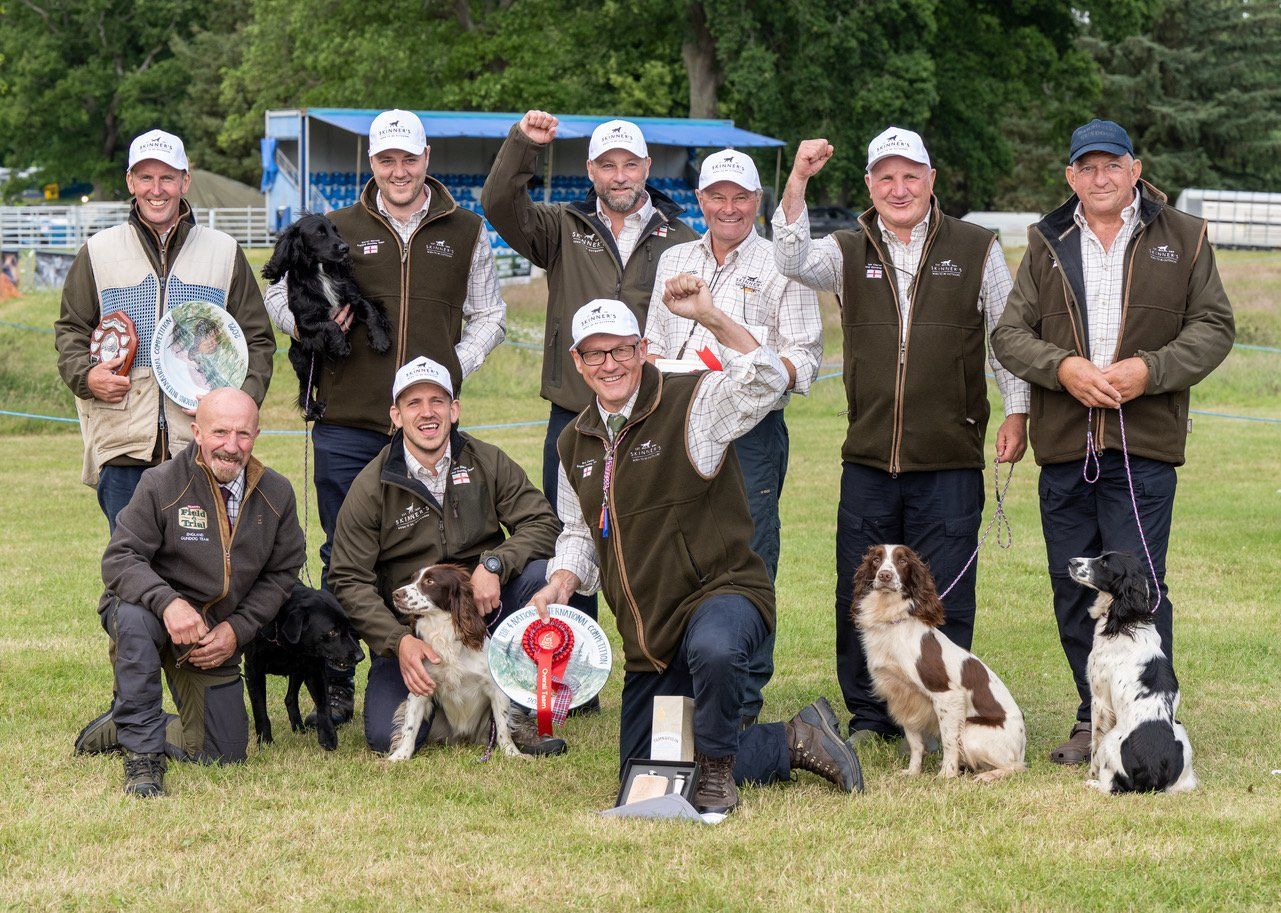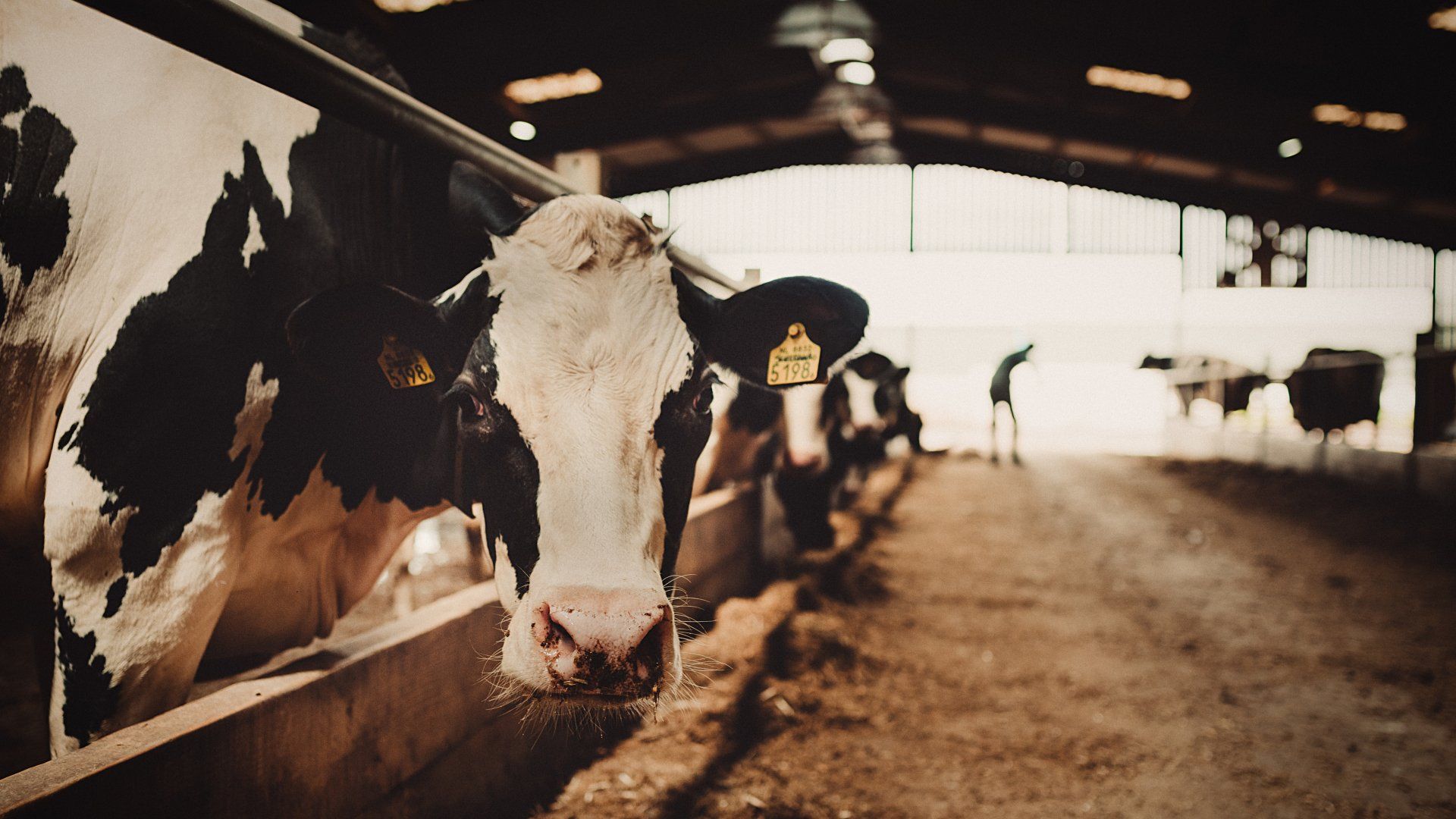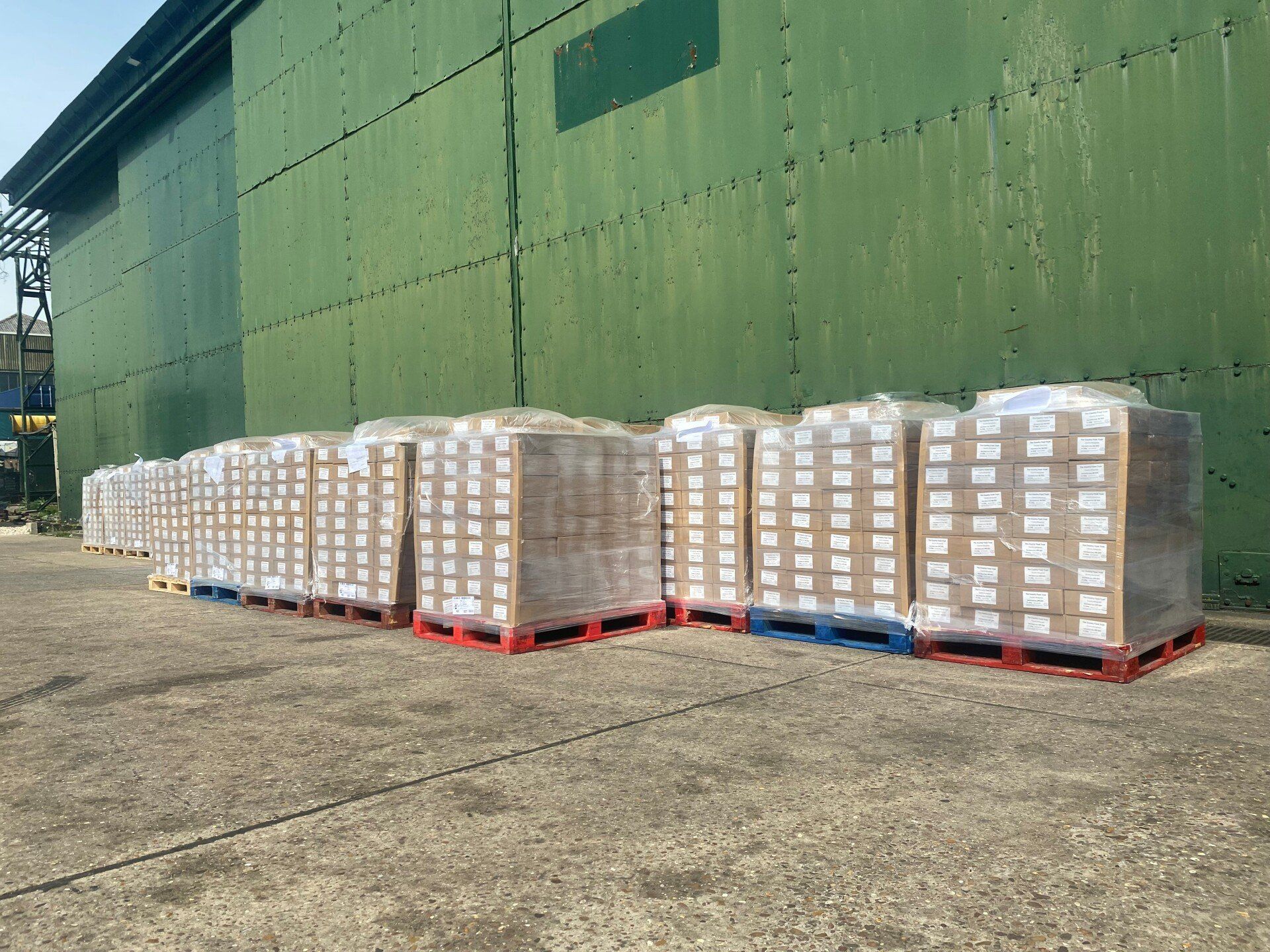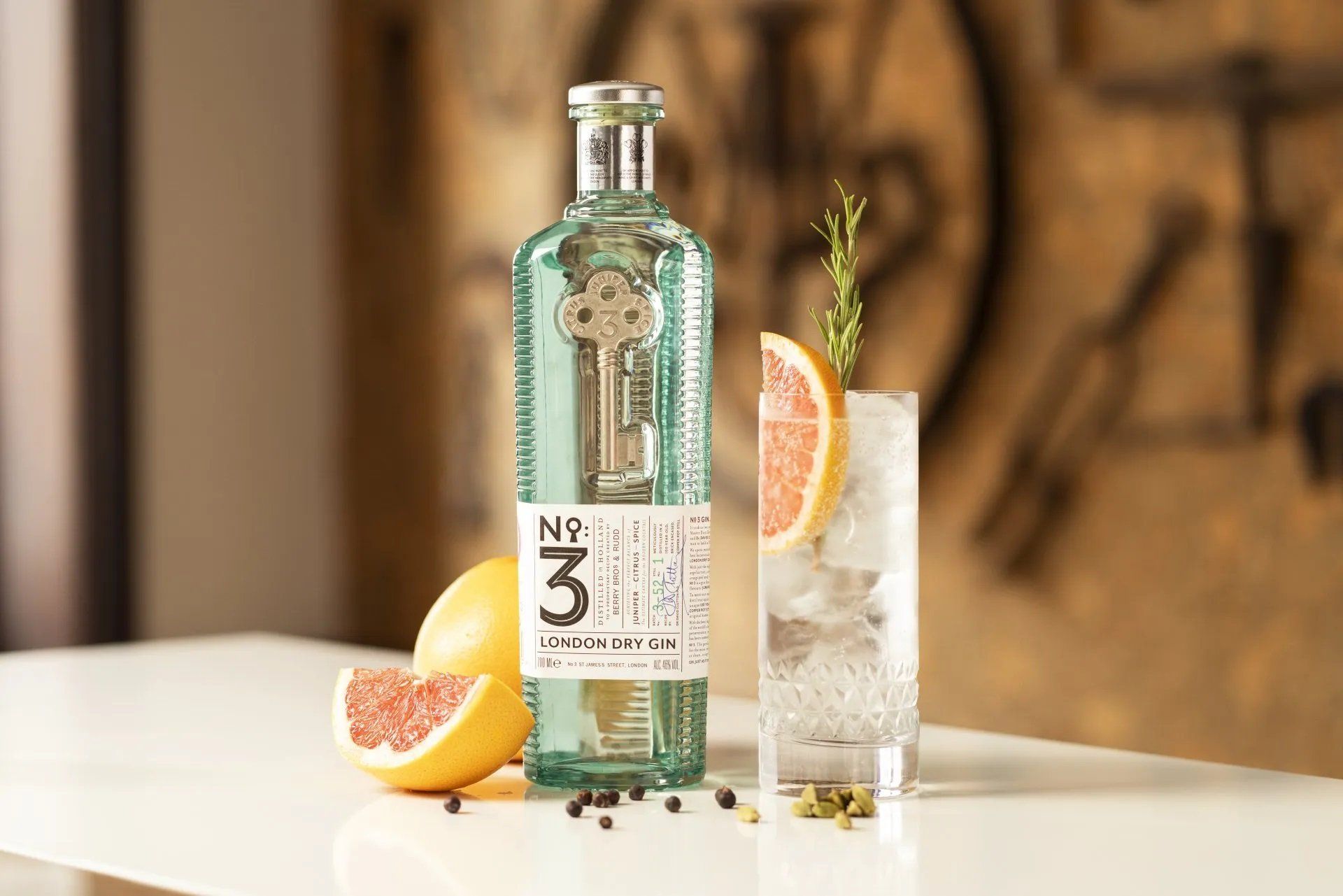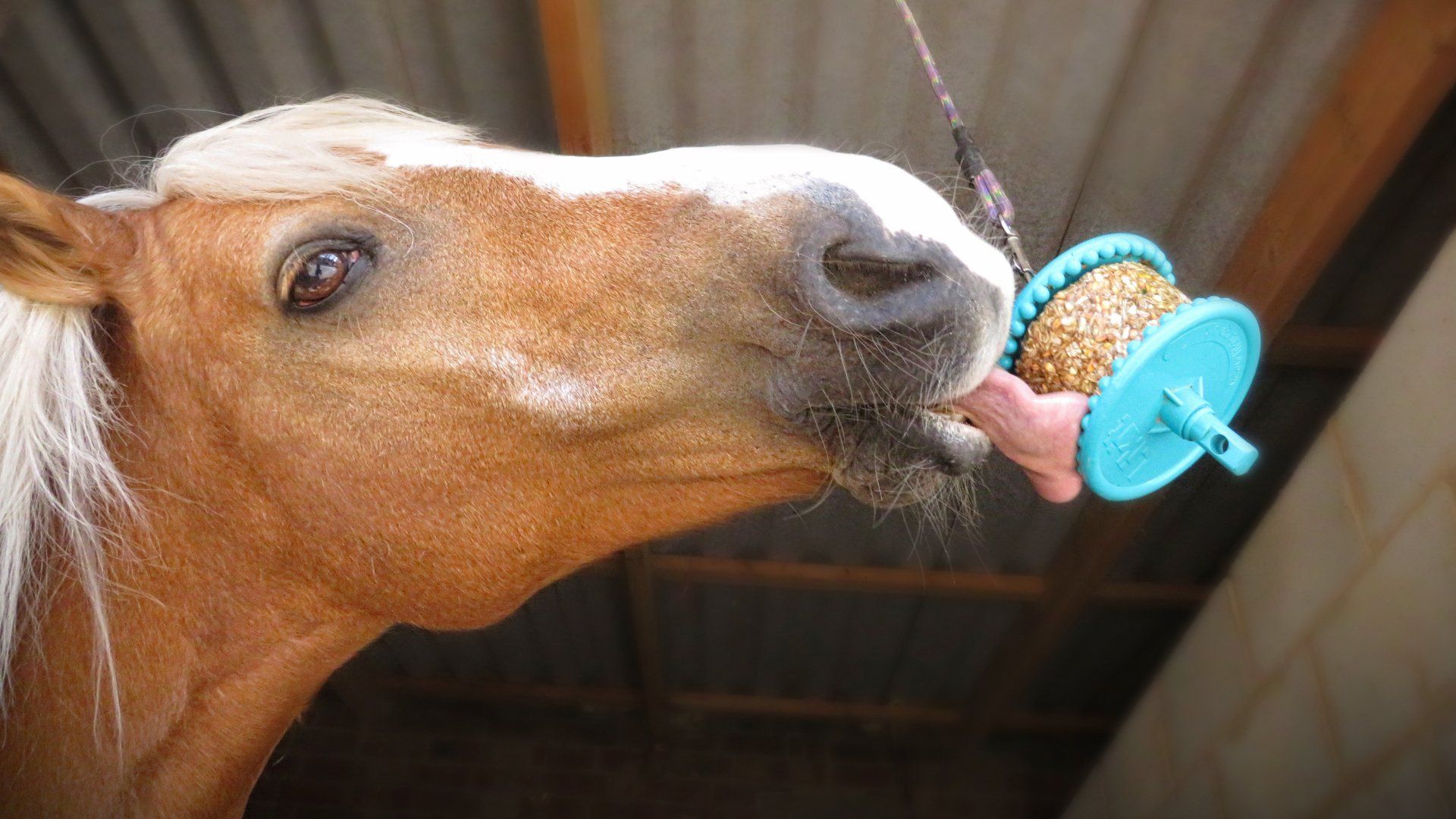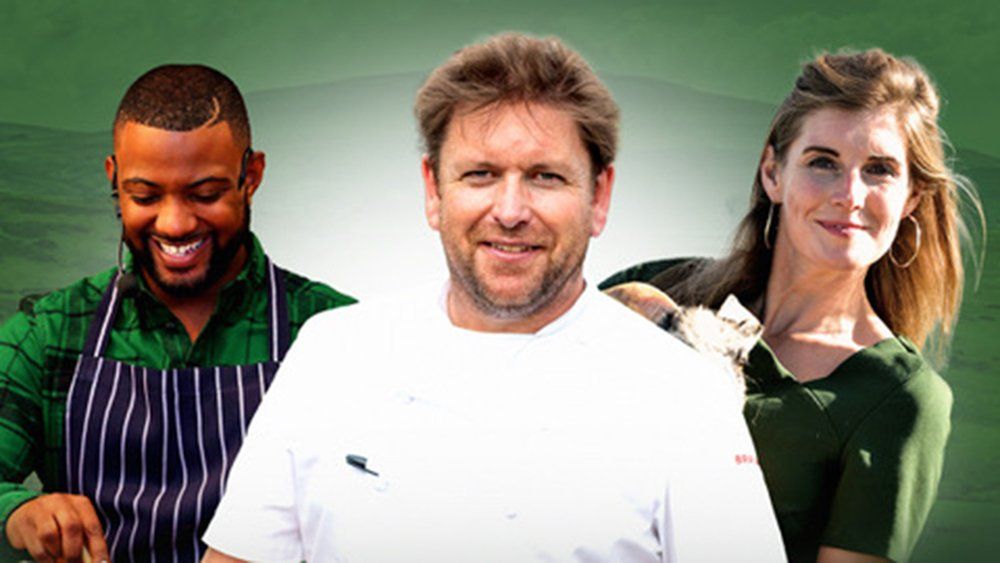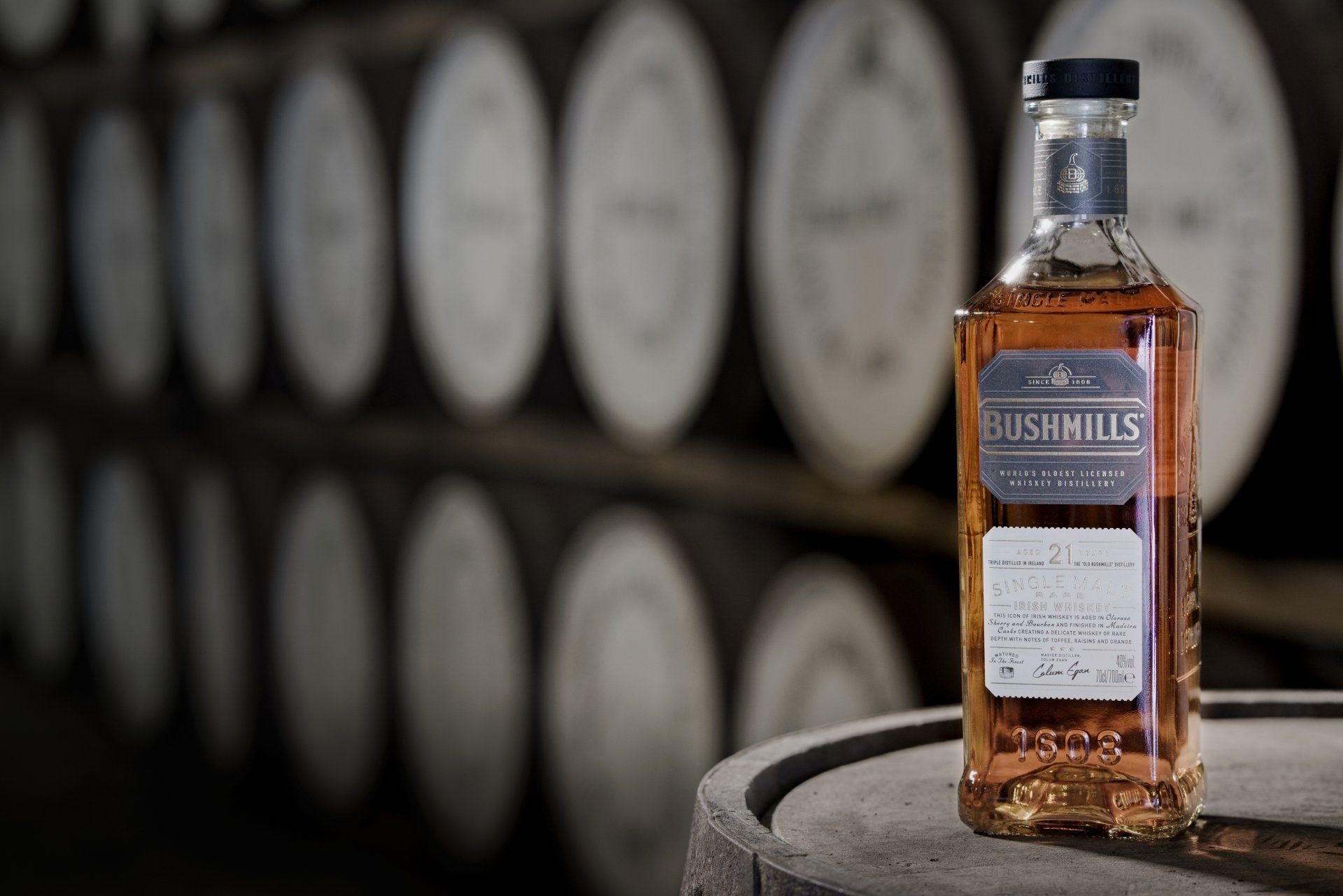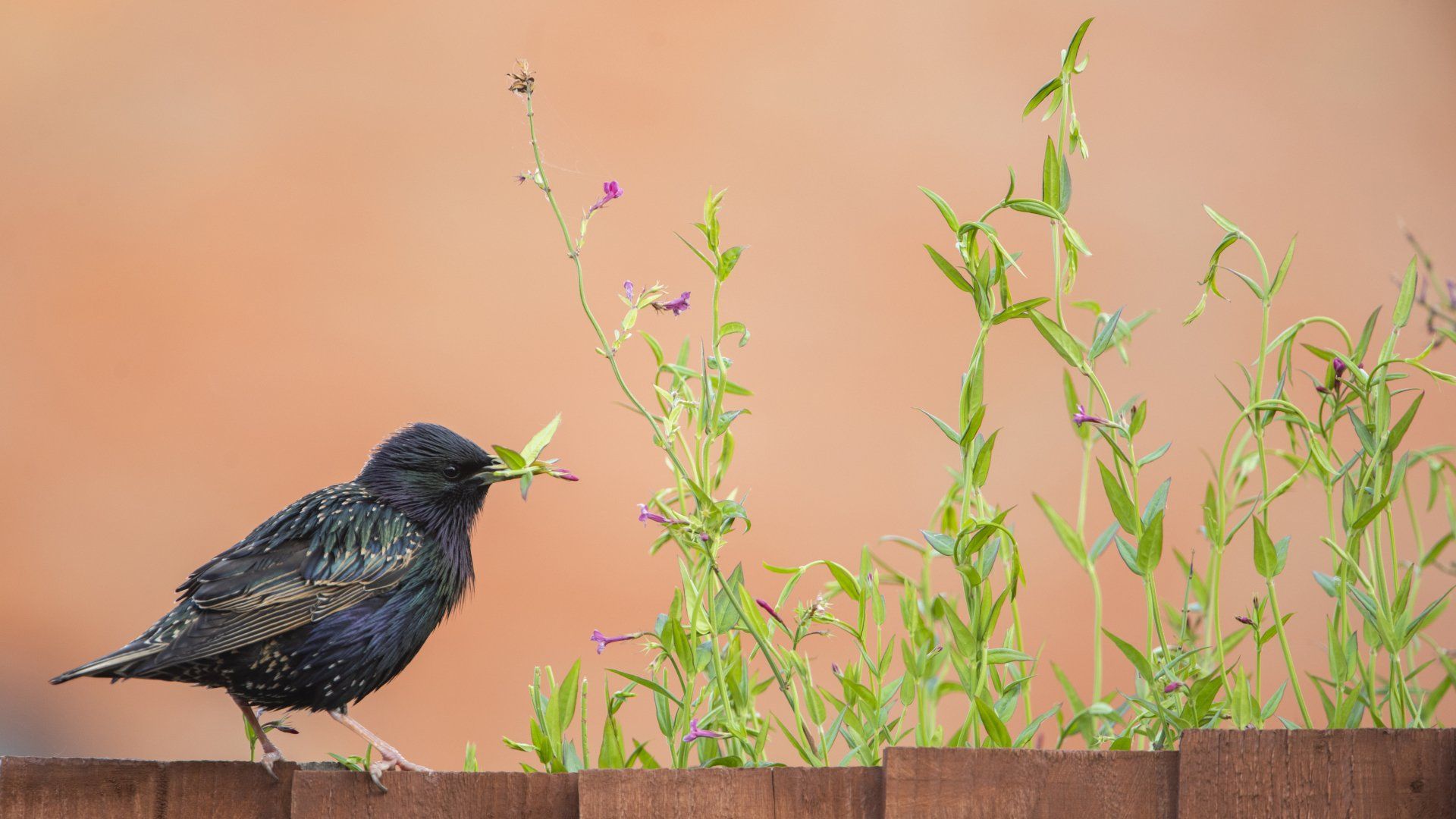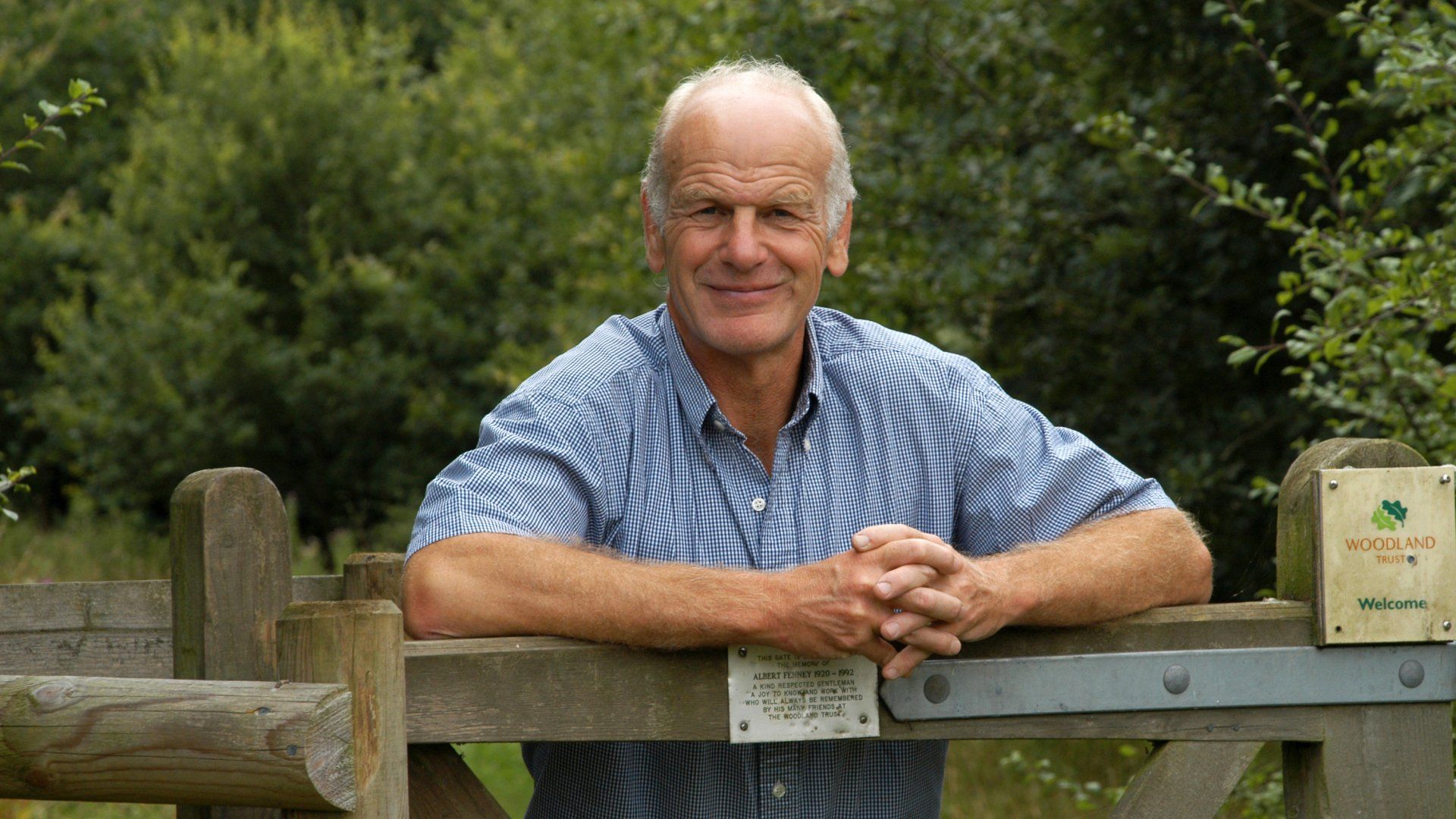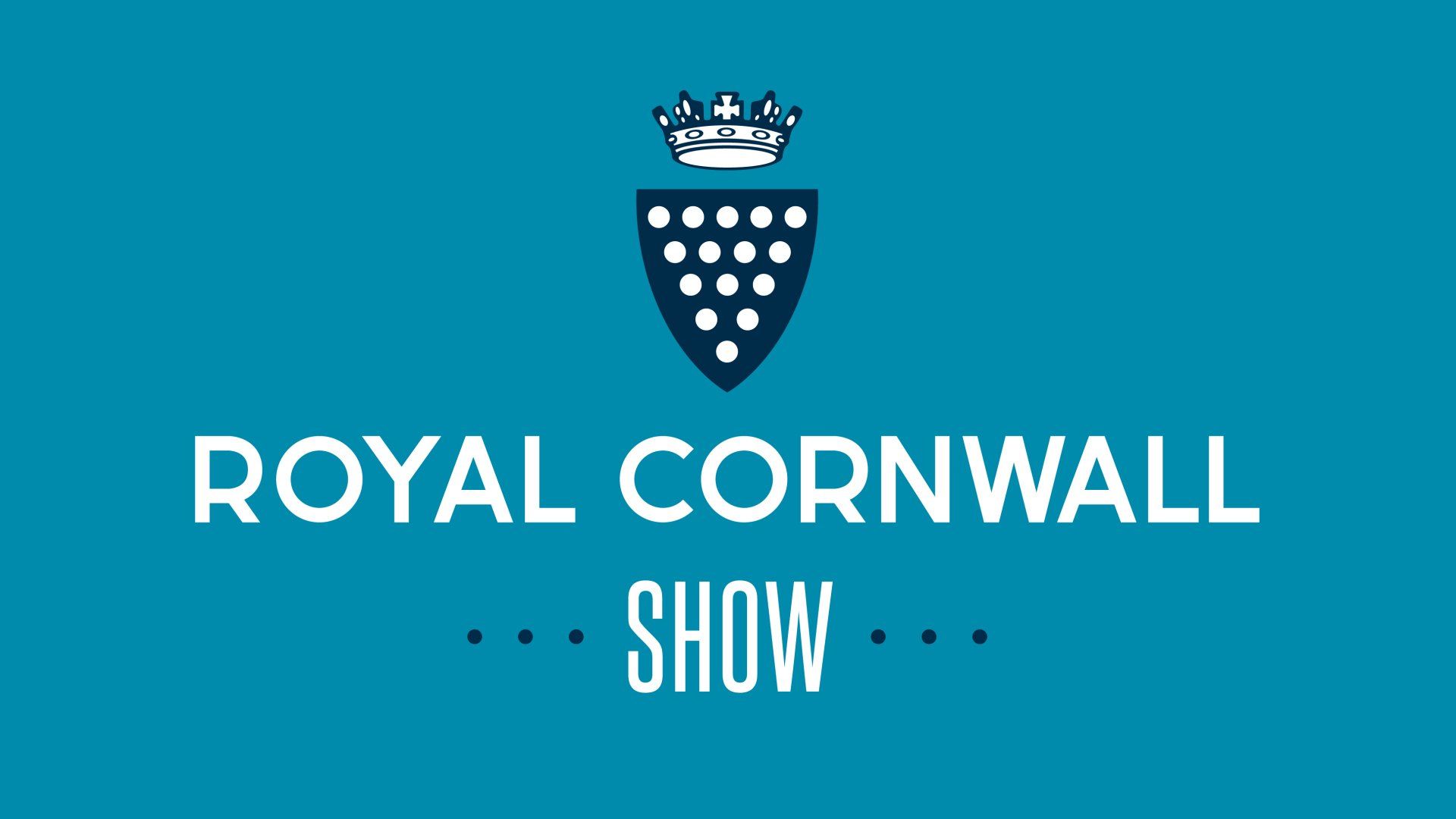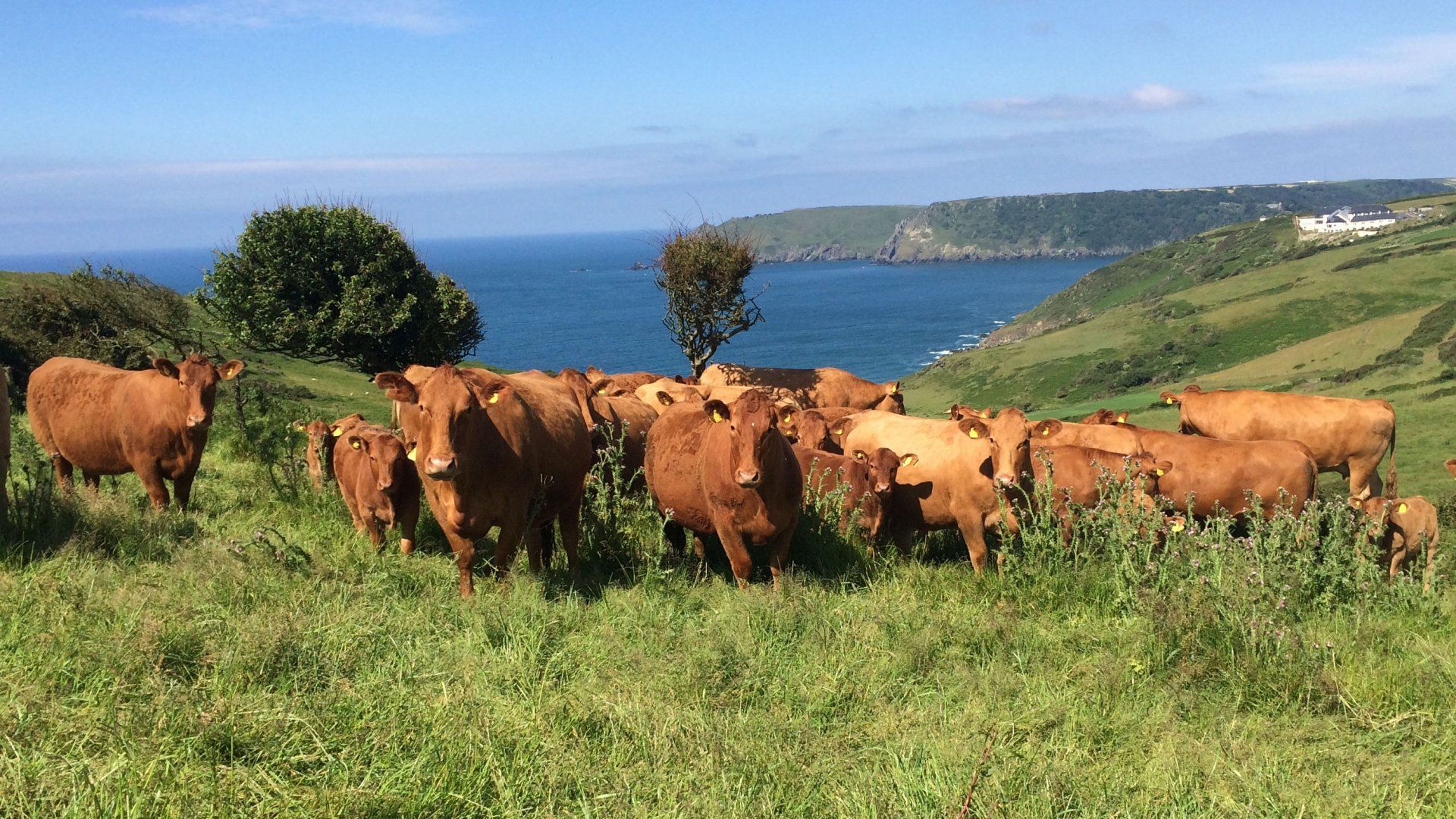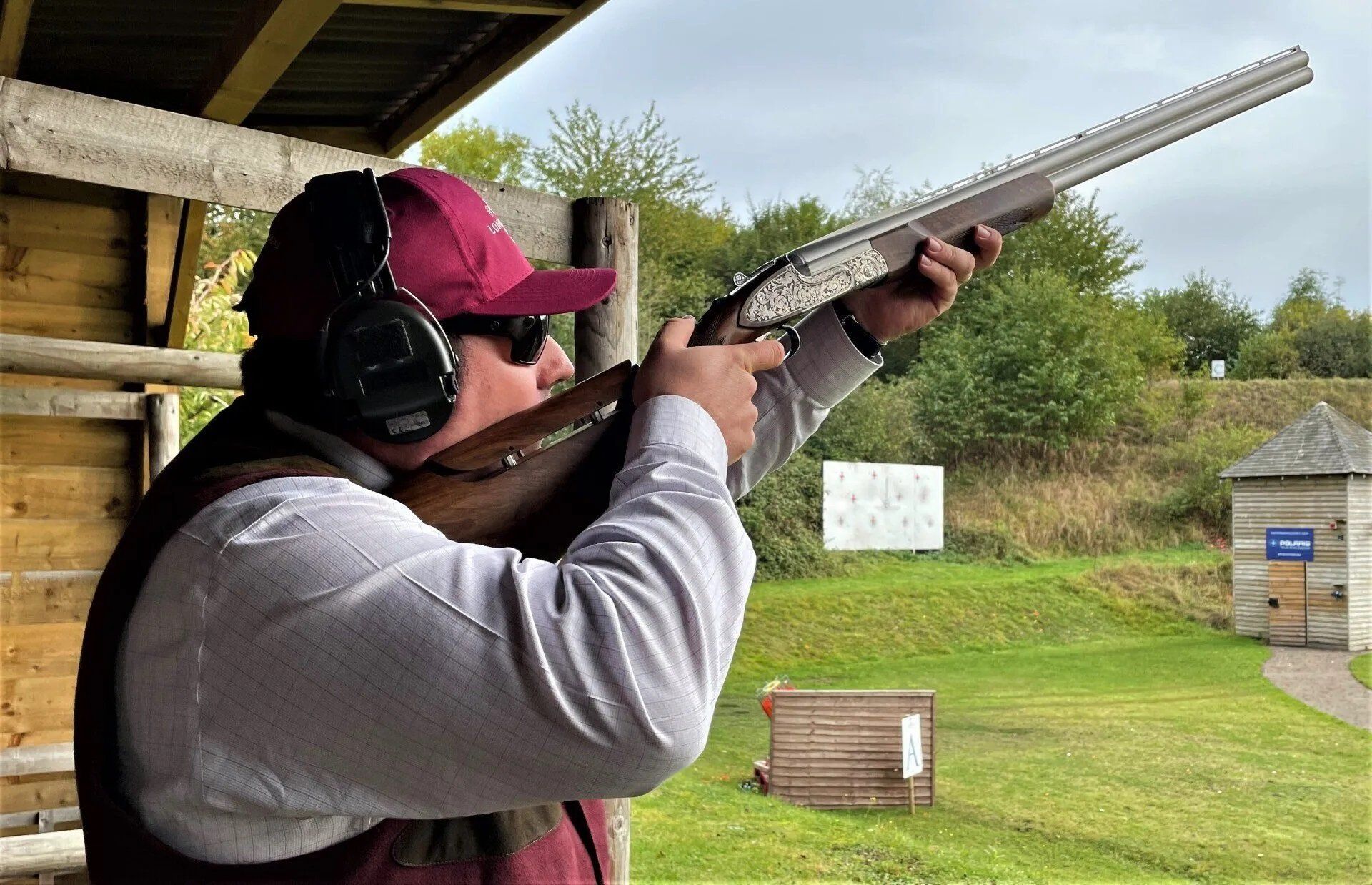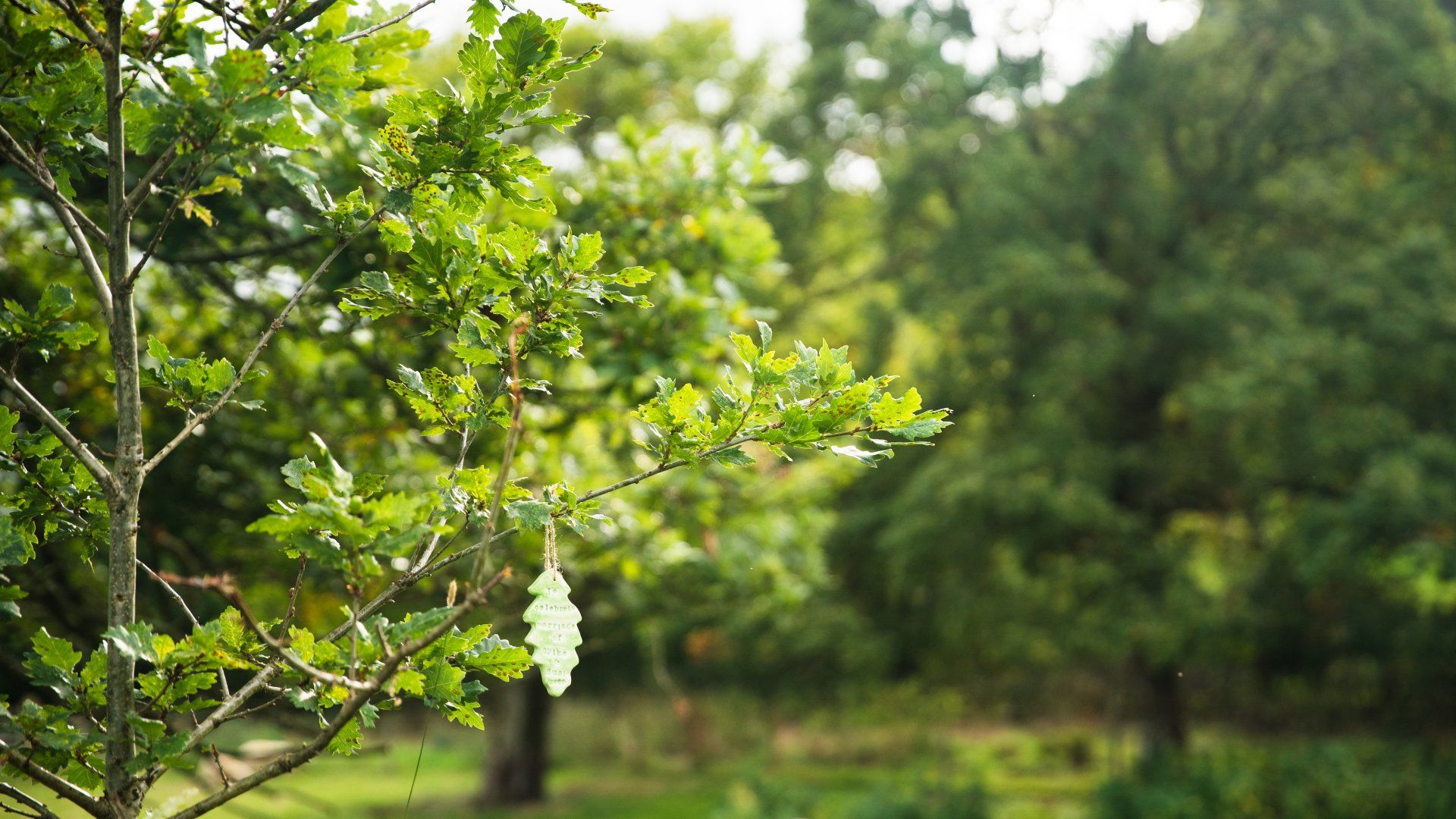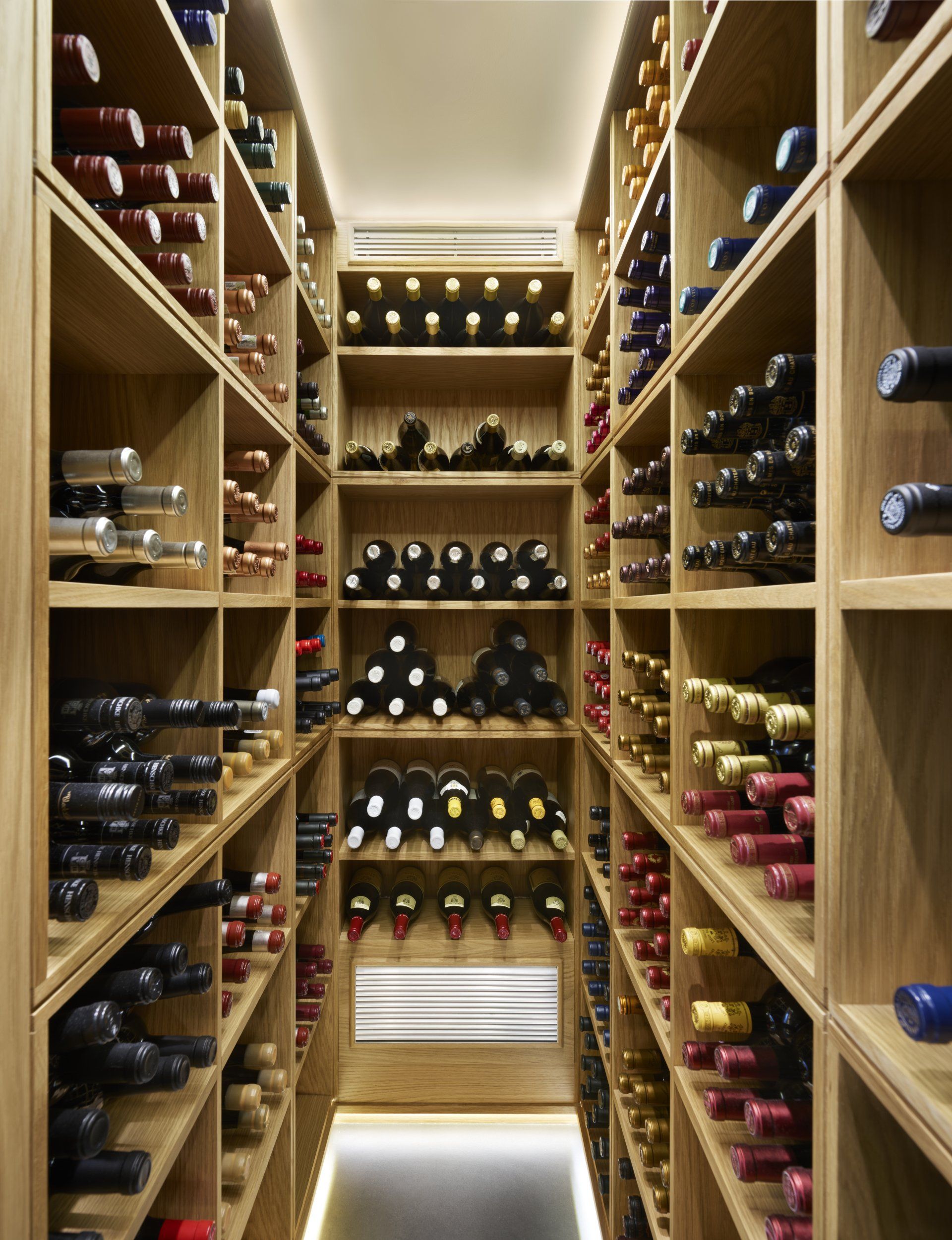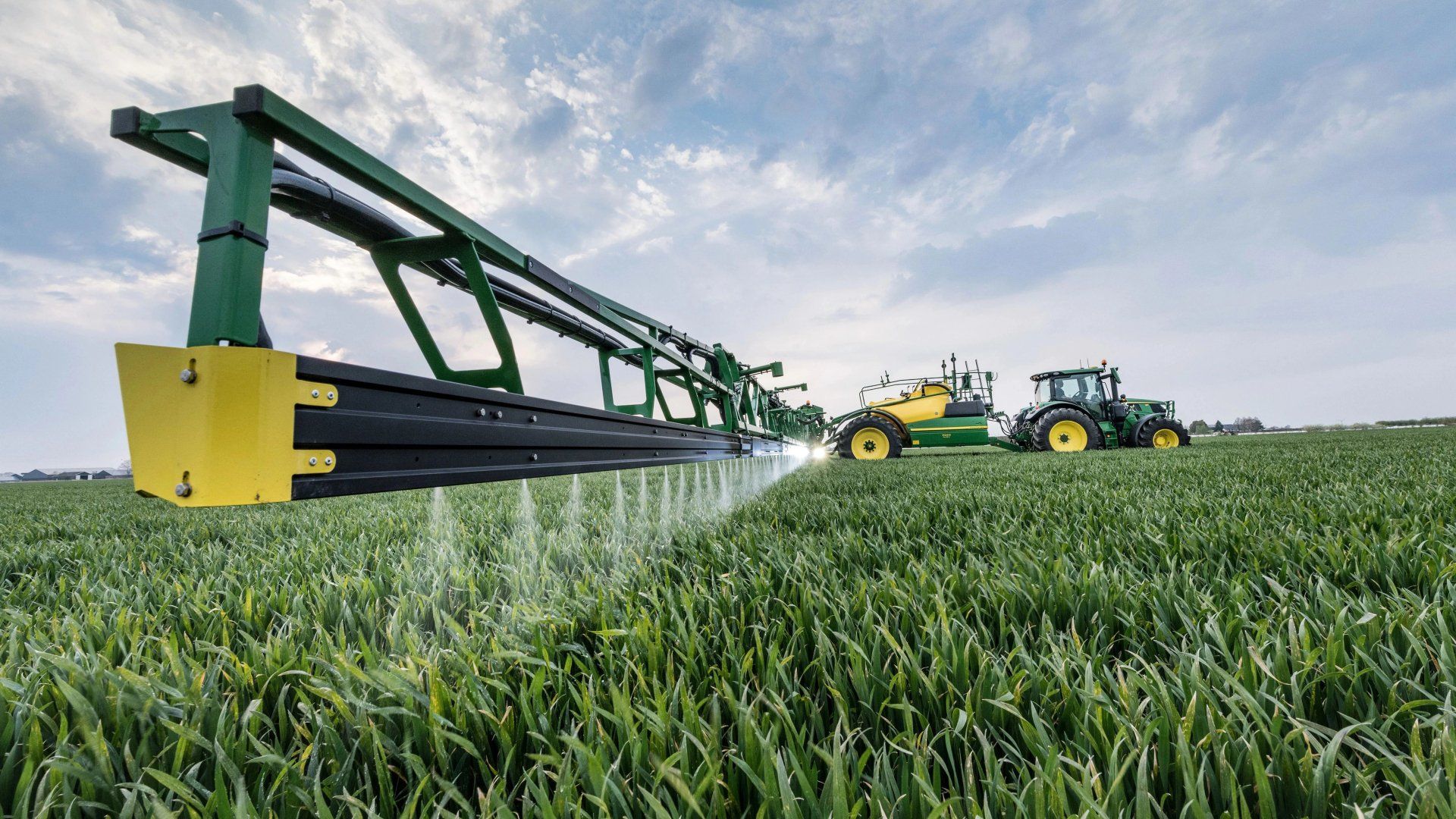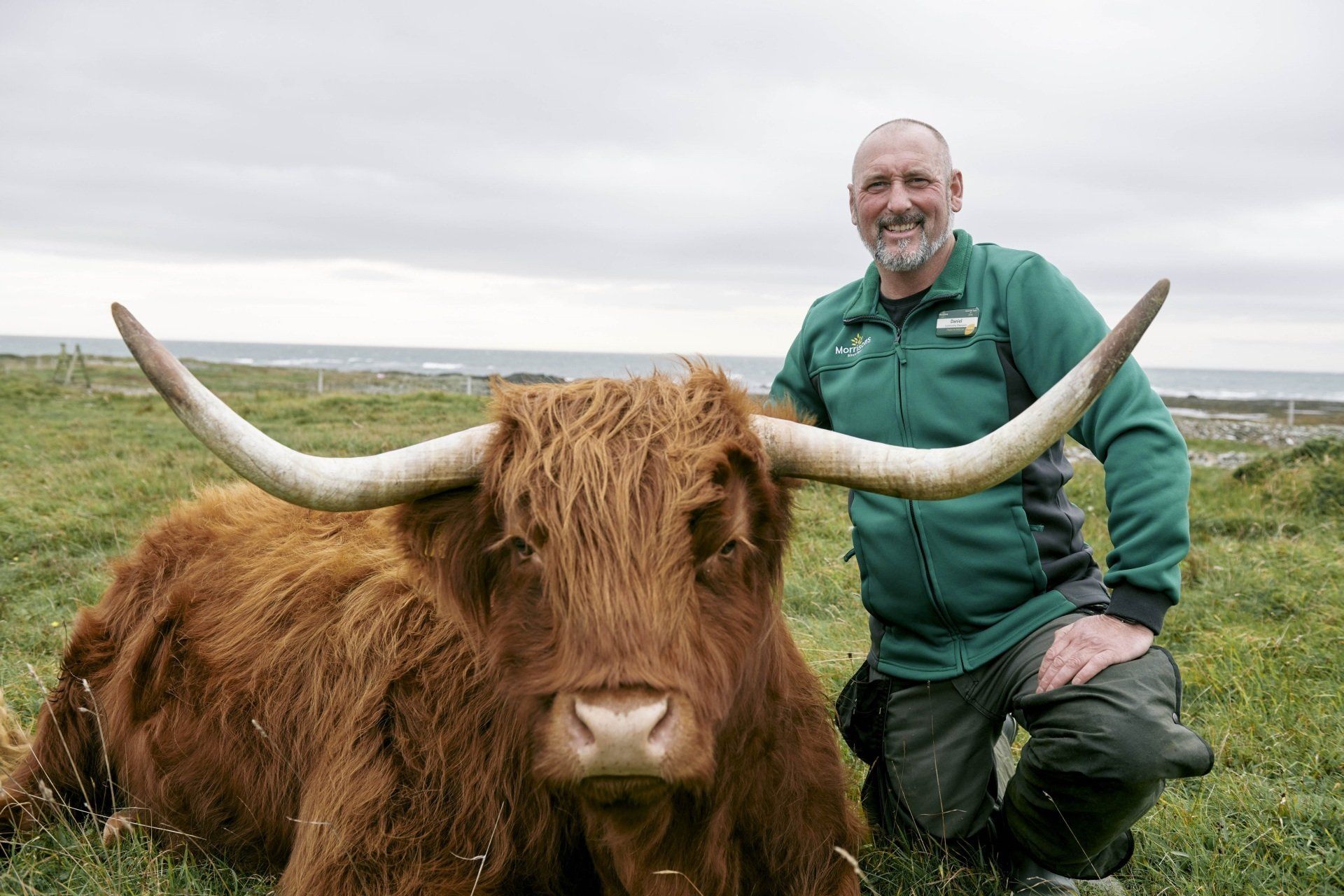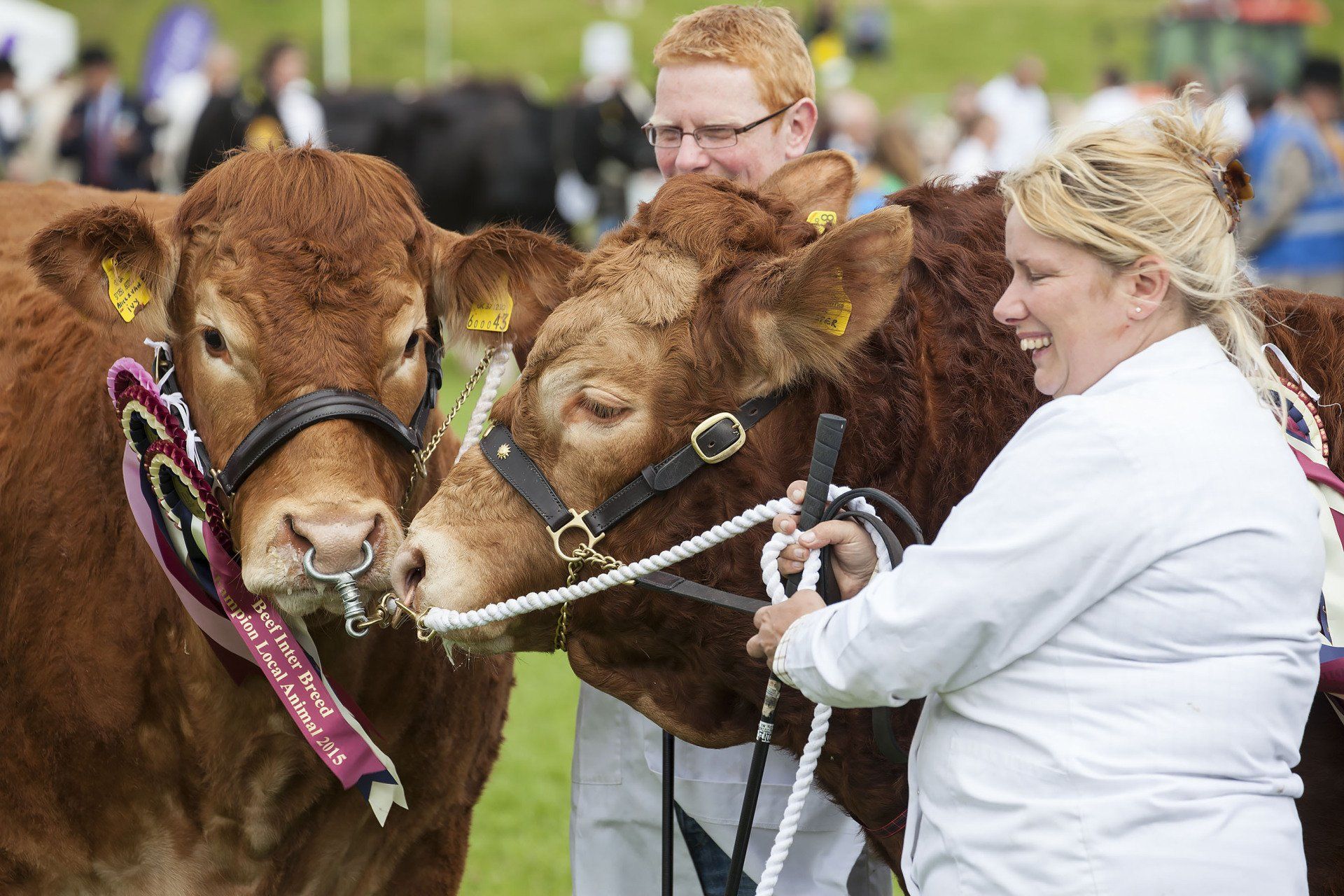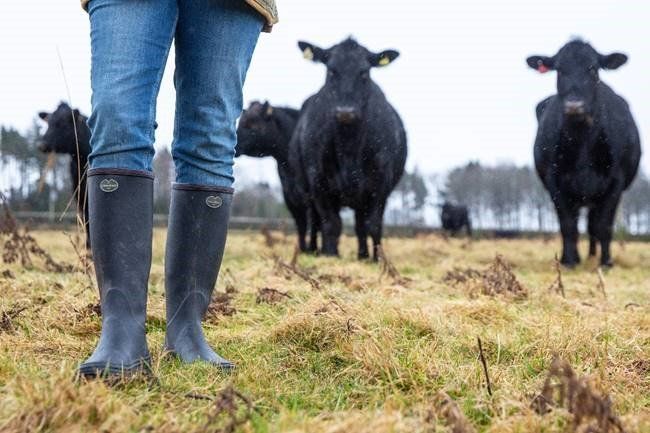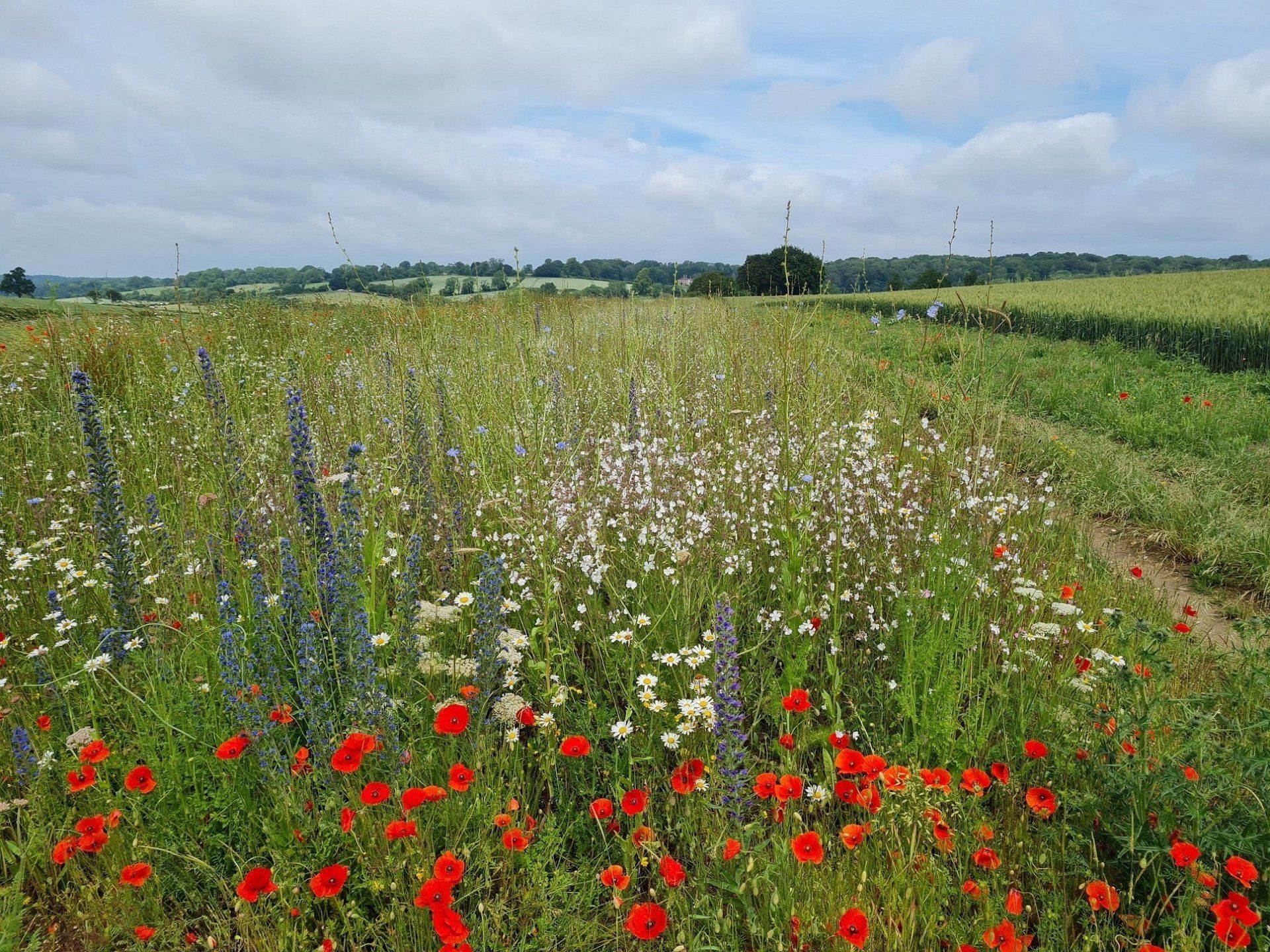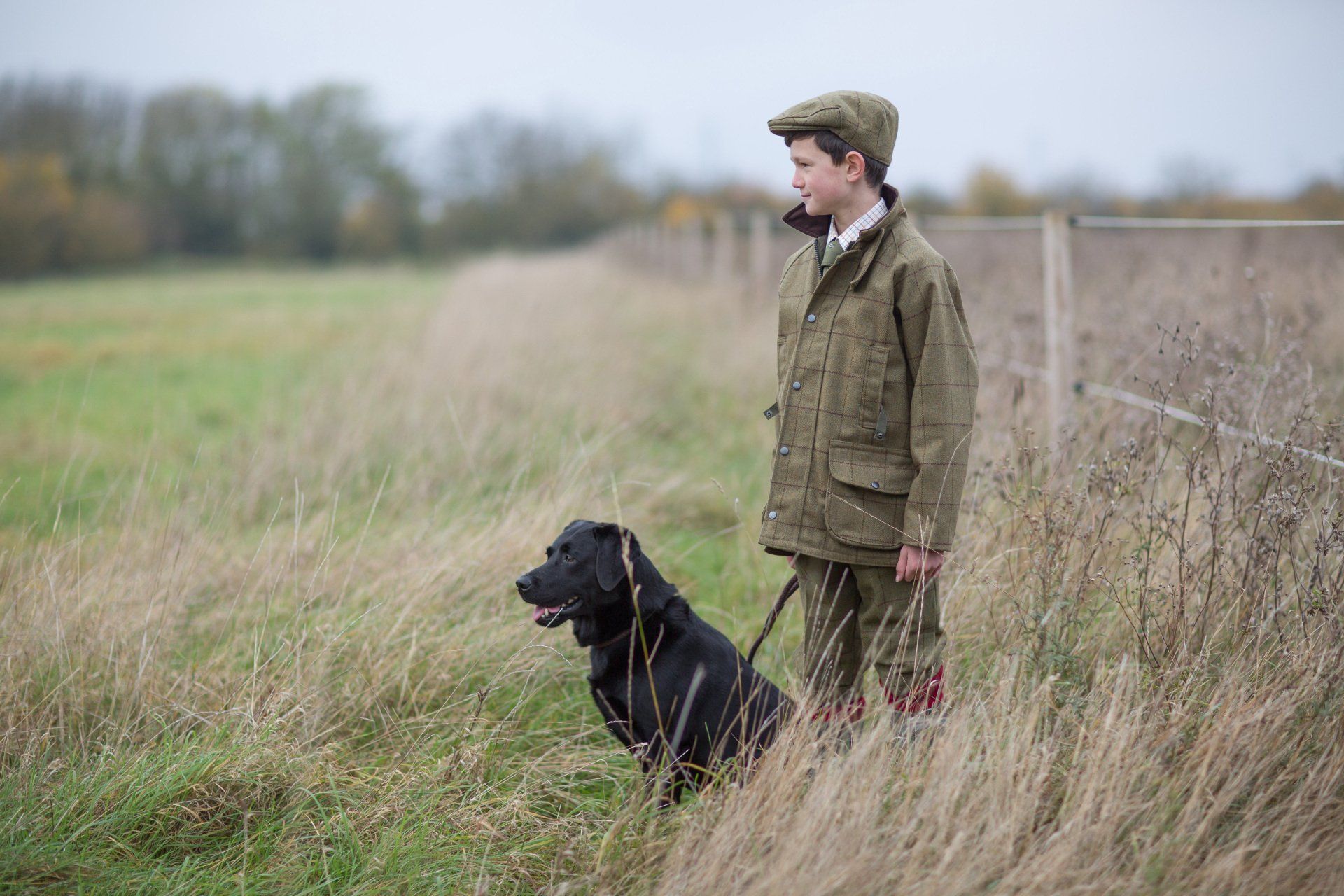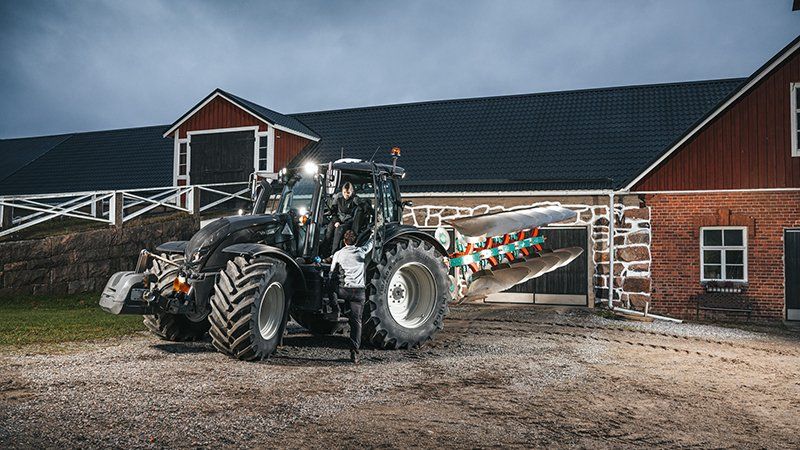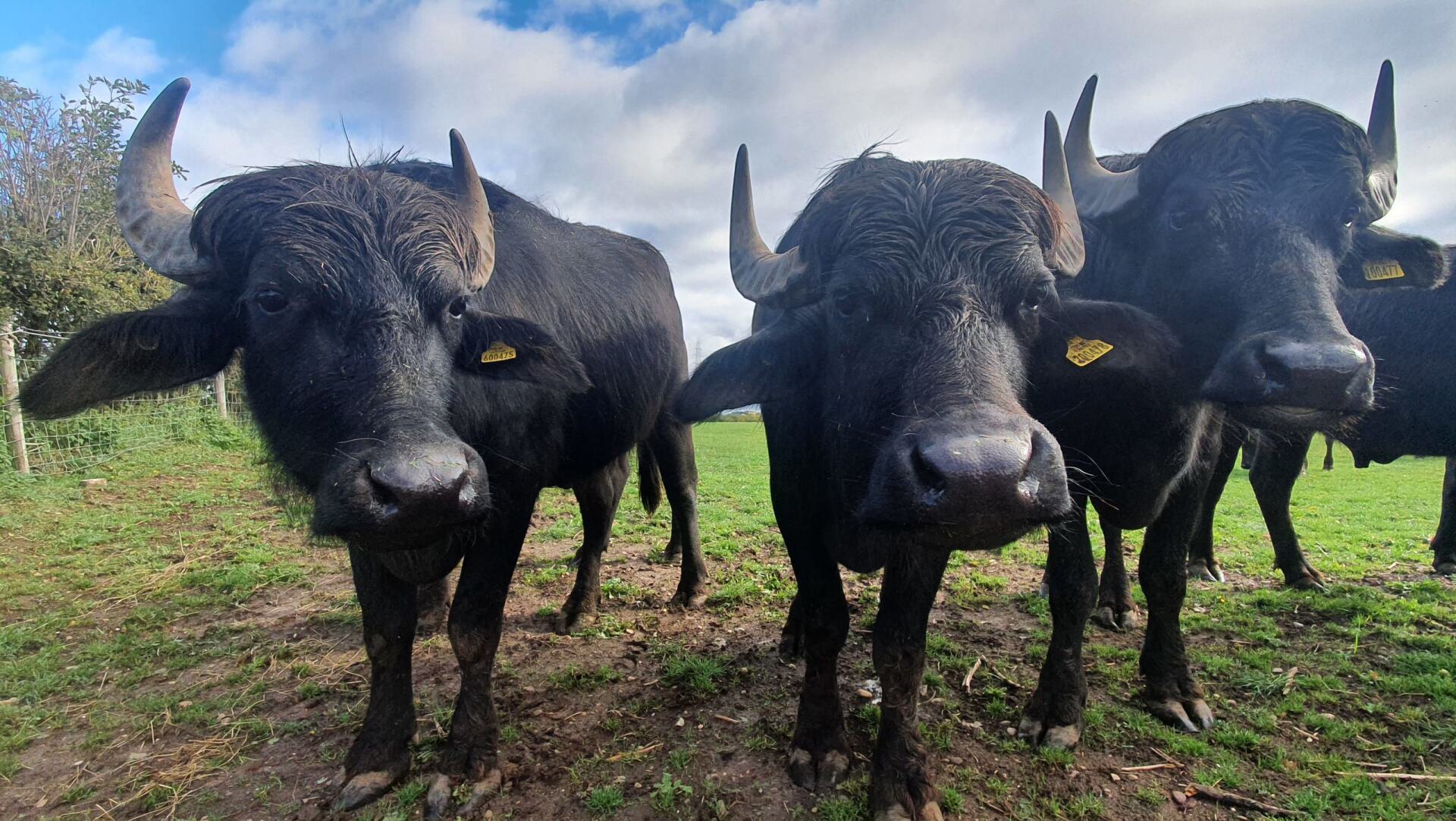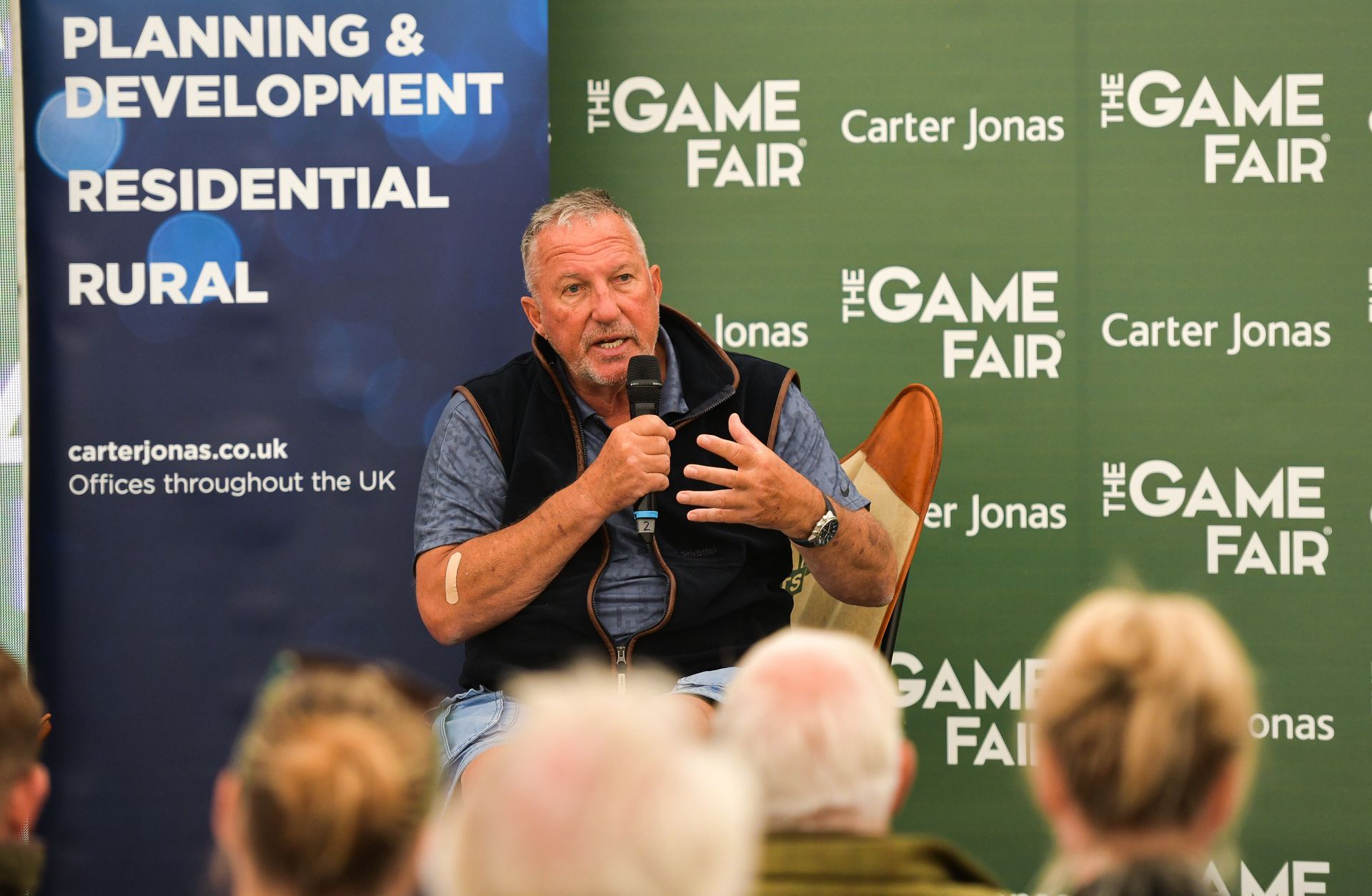“As an island nation, we need to eat more sustainable fish and seafood”
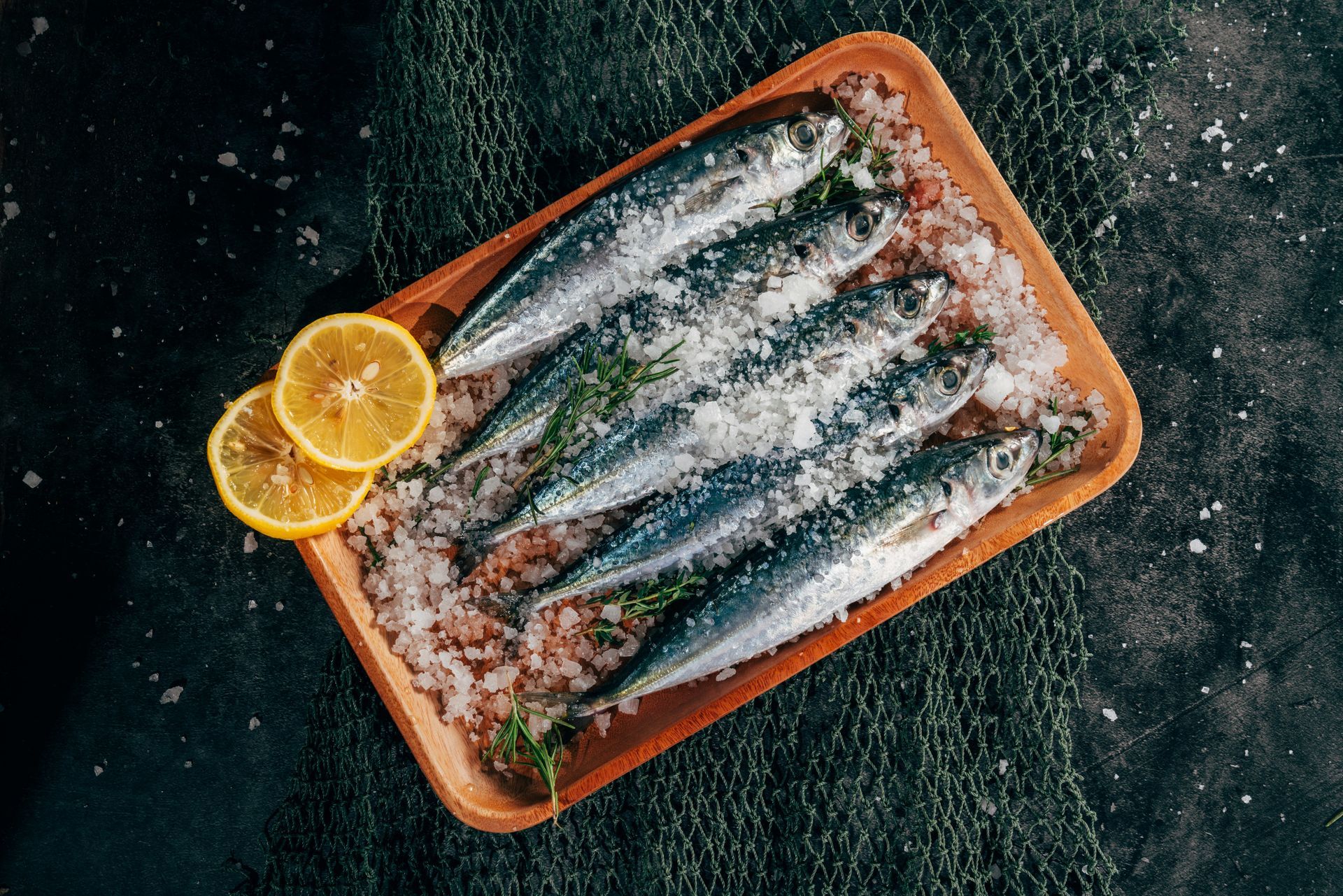
By Jenny Jefferies
80% of our fish is exported; as islanders, we don’t eat enough sustainable fish and seafood. We enjoy such a rich and versatile coast line, but our knowledge of what’s on our doorstep is extremely limited. The big retailers may be able to play a role in commercialising UK-caught seafood only after adequate processing infrastructure has been put in place, and consumers have started actively looking for local species, which should be inspired by local shops and fishmongers.
One of the key challenges for UK-caught seafood is that supply cannot be consistent, both in terms of species and of volume. So first and foremost, it is key to educate consumers about the seasonality and regionality of different species, so that the diversity and lack of consistency are appreciated, rather than seen as a hurdle.
A rather delicate and controversial subject is the slow demise of our small boat fishermen. A combination of the Covid pandemic and Brexit is entirely to blame. There are approximately 70 pieces of paper work that have to be completed for exporting shellfish to mainland Europe, who used to be our biggest customer. Due to the time it takes to process all the paperwork, which ought to be all digitised by now, the waiting shellfish rots in vans waiting to be transported. Everyone doesn’t understand everything and there’s a lot of grey area.
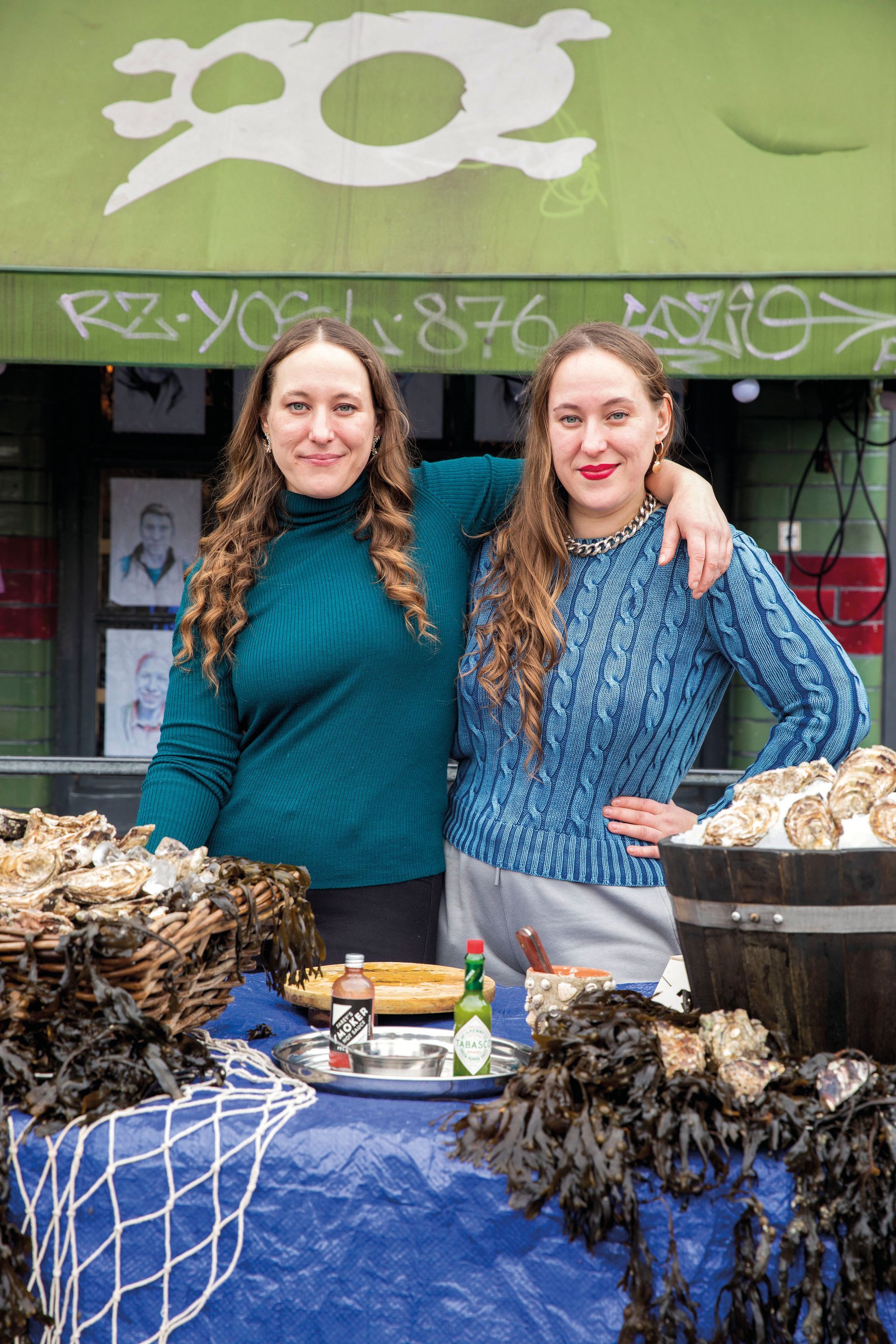
The good thing is that there is a lot of regulation. It makes the producer safer to eat and with greater confidence. There’s a serial number for each and every batch of shellfish which has to be properly labelled.
The quality and the grading of the fish is checked periodically as the shellfish is sold alive which is the reason why it is highly regulated and traceable. This is super for the reputation of the seafood supplier. However, the problem is with the lack of administration and technology to enable this process to be suitably speedy and accurate, Shellfish is highly perishable and there’s not a lot of wiggle room.
A small fishing company in Devon has recently reported that their fuel costs have risen from £150,000 per year to £800,000 per year. With the rise of fuel, companies, including many British fishermen are finding it far less viable to maintain their livelihoods. Especially also, with the loss of the local restaurant trade due to Covid, fishermen are stuck with a perishable product.
Larger companies have been preserving versions of their produce for a long time, however, small companies are now beginning to discover the option of smoking and preserving fish which may become a very small silver lining. Like preserved fish products in the USA and Portugal, the last few years have presented this as an option that has certainly increased in provenance and value.
However, as an island nation, we need to eat more sustainable fish and seafood. Education and accurate information is always so important and with the current, modern epidemic of mass miss-information, as a nation, we really need to support our British fishing industry now more than ever.
The provenance of our food is of the upmost importance and crucial to the education of our children. Simply knowing where our food comes from lends each and everyone of us a deeper understanding of the world, nature and the circle of life.
Whether or not you live in the town or in the country, coast or inland, as consumers, we don’t just need to start asking questions about where our food comes from, but we need to ask good questions. Consumers want to know where their food comes from and love a good story. It’s up to all of us to help share them in an accessible, informative and entertaining way, and thus, counteract the negative, false, and damaging celebrity bandwagons and ill-informed noise that can so often take higher precedence than scientific fact and the truth.
There is such a thing as sustainable fishing, and without these formidable people within the British fishing community, there would simply be no fish and seafood in our surrounding seas. Here are a few of them who kindly share with Rural Life magazine the knowledge and passion for what they do.
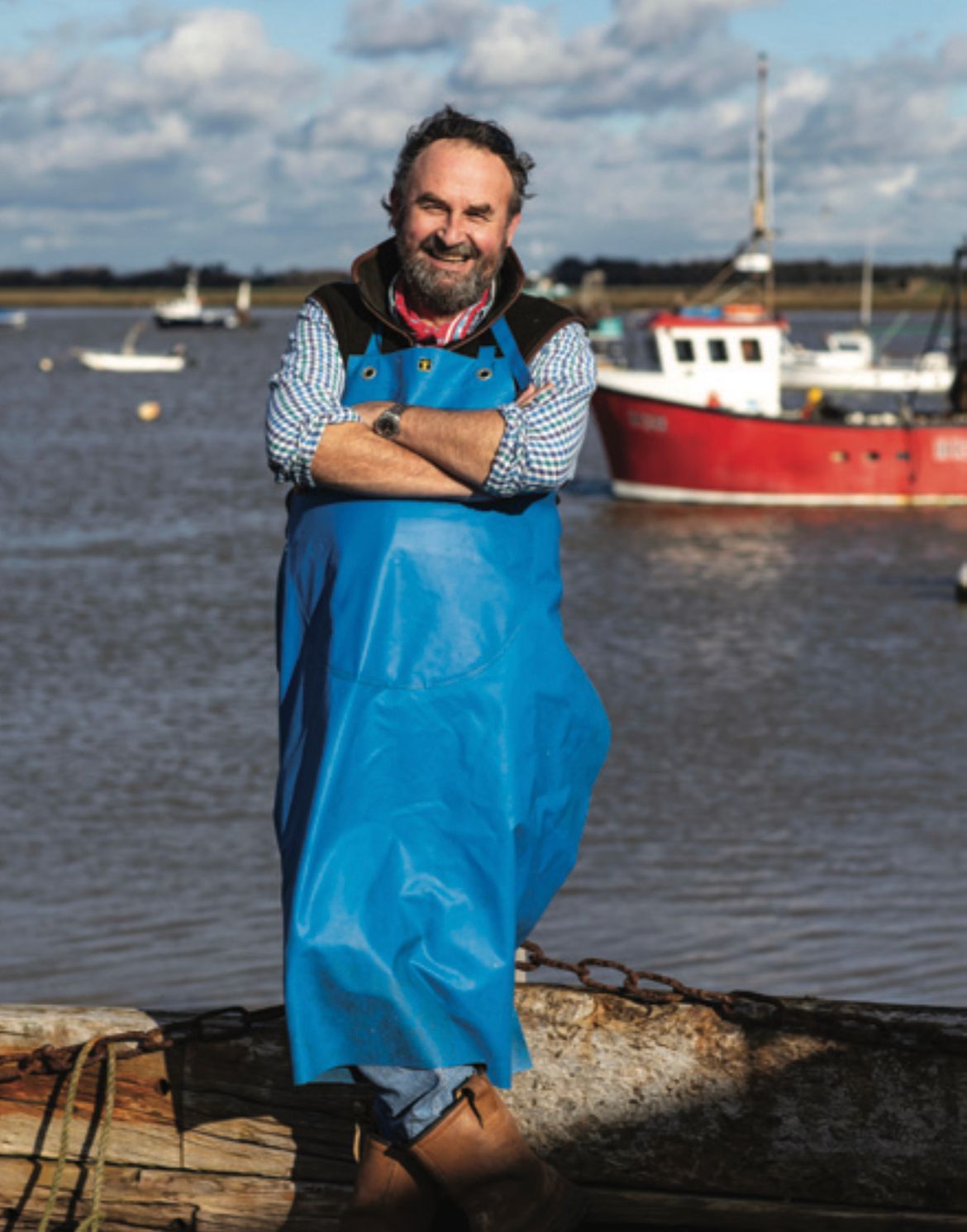
Gabby Mason, Co-Founder of Jade-S Fisheries
“Jersey fishing boats are few in number and still today are owned and run by the skipper rather than large corporate companies. This means that the Jersey fishermen are connected to their waters and it’s produce in such an intrinsic and natural way. They catch what they need to survive. Our vessels are small (almost all are under 10m) and due to this small size, and our uniquely large tides coupled with the weather, days fishing are naturally limited. Small scale fisheries still exist like that in Jersey and they are and can be sustainable.
By supporting your local fisherman youre not only supporting part of your local economy youre keeping small scale fisheries in business and reducing the reliance on large mass-scale international fisheries which are dominantly engaged in less sustainable methods. Eating what’s local to your waters can make all the difference to those boats creating a market for products perhaps less popular and reducing reliance on ‘fashion-fish’.
Fishing can be sustainable but support must be given to these vessels in order for them to continue fishing, before the small scale and sustainable fisheries are gone We love everything about Jersey seafood and the Jersey fishing community, from the people to the variety of catch and its exceptional sustainability. We hope that we can help shape an industry which continues to survive but also strives for a future for the next generation.”
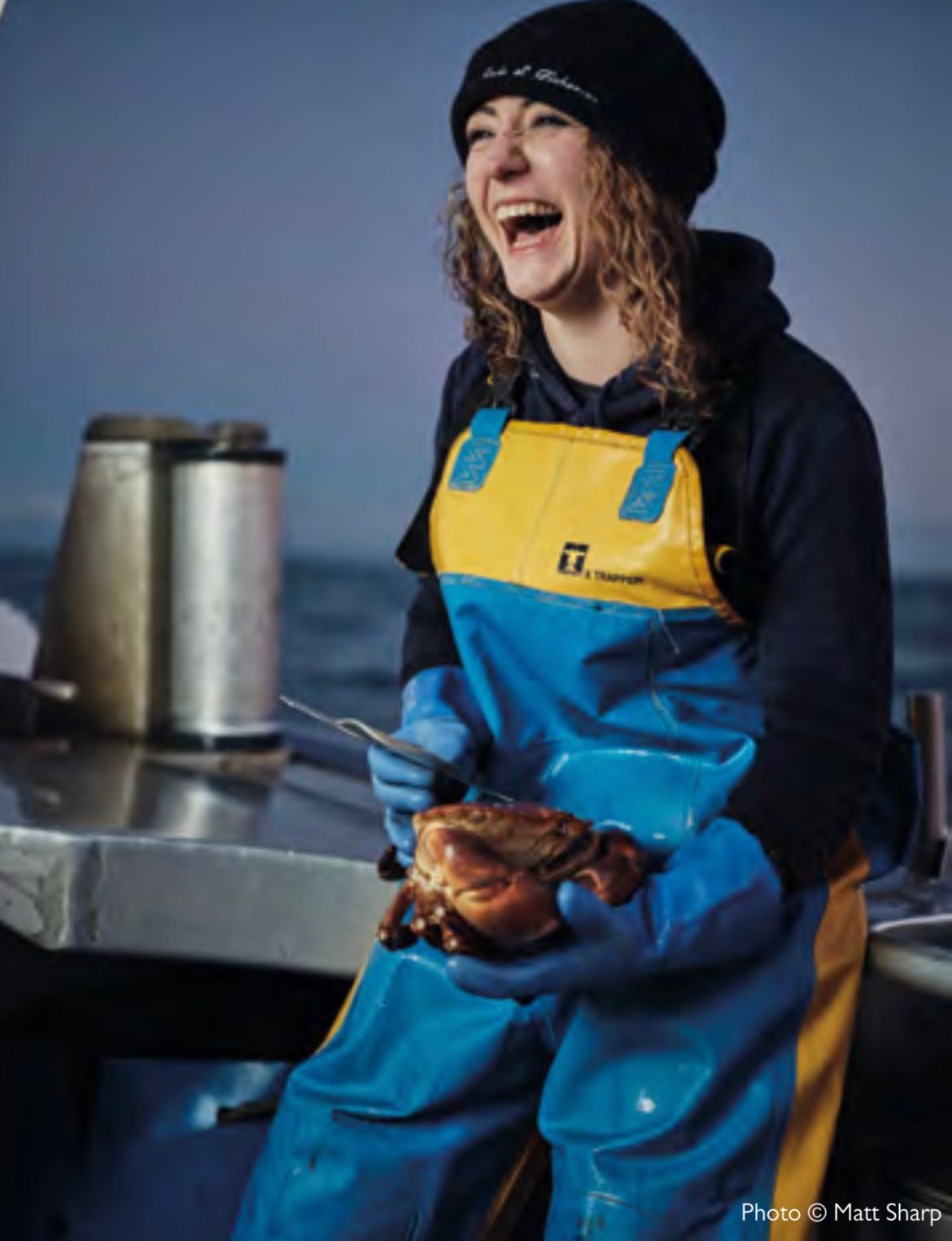
Khatiche and Rebekah Larcombe of Sista Shuck
“Over the last twenty years, multiple regulations have been imposed with the aim to protect stocks and biodiversity in our waters. Seabass, for example, is not landed between January and April as this is their spawning season. There are strict rules around minimum catch size and all fishing boats must keep meticulous records.
However, there is so much that needs to change. Huge demersal trawlers, boats that fish by dragging a huge net across the seafloor, have a devastating impact. Massive, international boats fish just outside of the 12 mile coastal area, making it very difficult for the smaller, often family-owned day boats.
The UK has some of the best ocean produce in the world, and we’re passionate about championing the myriad fisherfolk and producers that supply it. Lately, we’ve been focusing on bivalves due to their amazing health benefits and unrivalled sustainability; we believe they are the food of the future and we should all be eating more of them. Having recently set up our own oyster shucking business, Sista Shuck!, our aim is to provide affordable luxury and highlight their miraculous health and environmental benefits to as many people and as sustainably as possible.”
@jennyljefferies -
www.jennyjefferies.co.uk
Read more:
-
BLEU DE CHAUFFE x LE CHAMEAU
Button -
The History of Highland Cattle: Guardians of Scotland's Pastures
Button -
“Without farmers and fishermen, there is simply no food”
Button -
Winter Wonders: Creating a Wildlife Haven in Your Garden
Button -
The Shire Horse in Britain: A Fascinating History
Button -
John Deere enrols 86 new agriculture, turf and parts apprentices
Button -
The Enduring Legacy of Shooting Sports in the UK
Button -
WARING BROOKE brings a ‘make-while-you-wait’ service to the high street
Button -
The UK Thrives Off Charity
Button -
Blossoming Dreams: A Guide to Winter Garden Planning for a Vibrant Spring
Button -
John Lewis Partnership announces partnership with WWF
Button -
The Art of the Handwritten Note
Button -
How to Hack your way to Health
Button -
Best Heavyweight Turnout
Button -
New GR Sport II to take Toyota Hilux to new heights
Button -
24 hours in the lambing shed
Button -
Wonderful Grade II-Listed country house in Suffolk is your countryside dream: For sale £2,000,000
Button -
The true magnificence of Bovey Castle
Button -
Going back to its origins: World premiere of the all-new Toyota Land Cruiser
Button -
AGRIFEST RETURNS TO WESTPOINT ON NOVEMBER 8TH
Button -
BRITISH PLOUGHING IS A FAMILY AFFAIR
Button -
Alan Paine’s country wear Autumn | Winter 23 Collection
Button -
Estate’s Natural Burial Ground recognised as one of the best in the North West
Button -
Best wellies: 7 of the best Wellington Boots
Button -
Who are Haybrook & Co?
Button -
Illegal killing major cause of death in Hen Harriers
Button -
Discover Prestige Sporting
Button -
Ban foreign soil imports to help save British wildlife
Button -
Historic Cornish Estate with Georgian Manor House, 233 acres and Cross Country Course, Available for the First Time in 99 Years!
Button -
RBST Watchlist 2023
Button -
The Game Fair celebrates 65th anniversary this year
Button -
Scientists weed out harmful genes to breed better potatoes
Button -
How observing the wandering twilight flights of woodcock will help inform conservation policy for Red-listed bird
Button -
National Trust calls on its 100-strong mowing team to help boost nature in landscape scale project
Button -
BRITISH HORSE FEEDS SPONSOR TROT UP AT BLENHEIM PALACE INTERNATIONAL HORSE TRIALS
Button -
THE GAME FAIR SET TO SHOWCASE MINORITY BREED GUNDOGS IN AN EXCITING NEW COMPETITION
Button -
JOULES RETURNS TO BADMINTON HORSE TRIALS
Button -
THE COUNTRY DUCK CO
Button -
BIG PLANS AFOOT FOR DEVON COUNTY SHOW 2023
Button -
Badminton Horse Trials: From Royals to Thrills
Button -
A day in the life of a fly fishing instructor
Button -
Are meat boxes the sustainable future of farming?
Button -
Training your Gundog puppy
Button -
Bicton Arena
Button -
Handcrafted Traditional Walking sticks by Nick Croxall
Button -
Spring Feeding and Preventing Laminitis
Button -
INTRODUCING WEST LONDON SHOOTING SCHOOL
Button -
THE RICH AND ILLUSTRIOUS SANTA ANA GIN
Button -
“Food Means Different Things To Different People”
Button -
AW22 by sustainable knitwear brand Waring Brooke
Button -
GIVE YOURBEST FRIEND AN EXTRA LAYE OF WARMTH AND STYLE
Button -
THE LADIES MACNAB CHALLENGE
Button -
BUYING YOUR FIRST GUN WITH WILLIAM EVANS
Button -
RHUG ESTATE: THE SUSTAINABLE WAY
Button -
THE EXTINCTION CLOCK APPROACHES MIDNIGHT FOR SCOTLAND’S CAPERCAILLIE
Button -
FAIRFAX & FAVOR X LE CHAMEAU: L ’Alliance
Button -
RIGBY UNVEILS NEW LIMITED EDITION FALLING BLOCK RIFLE
Button -
GWCT ‘HONOURED’ AS HRH THE PRINCE OF WALES TAKES ON PATRONAGE HELD BY HIS FATHER FOR 48 YEARS
Button -
JOIN JOHN RIGBY & ACO. AT THE GAME FAIR 2022
Button -
TEAM ENGLAND CLAIMS THE CROWN IN A THRILLING FOUR NATIONS INTERNATIONAL GUNDOG COMPETITION
Button -
TOP DOG: DAVE KEMP INTERVIEW
Button -
BOVINE TB: A POLITICAL DISEASE
Button -
NEOS GRENADIER STARTS AT JUST £49,000
Button -
THE COUNTRY FOOD TRUST UKRAINE APPEAL
Button -
COWDRAY PARK POLO CLUB ANNOUNCES EXCLUSIVE PARTNERSHIP WITH NO.3 GIN
Button -
DOES YOUR HORSE NEED A DISTRACTION?
Button -
BOSS & CO REIMAGINES ITS FAMOUS SIDE-BY-SIDE SHOTGUN
Button -
THE GAME FAIR GEARS UP FOR A CELEBRITY SUMMER WITH JB GILL, AMANDA OWEN AND JAMES MARTIN
Button -
BE PART OF HISTORY AT THIS YEAR’S FAIRFAX & FAVOR ROCKINGHAM INTERNATIONAL HORSE TRIALS
Button -
GIFT A PIONEERING SPIRIT, THIS FATHER’S DAY WITH BUSHMILLS
Button -
THE RSPB CALLS FOR EVERYONE TO JOIN THE WILDLIFE-PLANTING REVOLUTION
Button -
THE GAME FAIR PARTNERS WITH WOODLAND TRUST ON LARGE-SCALE TREE-PLANTING TARGET
Button -
FROM PUPPY TO PEG: WOODCOTES GUNDOGS
Photo by: John DoeButton -
OFFICIAL CHARITIES ANNOUNCED FOR 2022 ROYAL CORNWALL SHOW
Button -
SOUTH DEVONS NATIONAL SHOW TO BE HELD ON HOME TURF AT DEVON COUNTY SHOW 2022
Button -
LONGTHORNE TITANIUM BARRELS, ANOTHER WORLD FIRST
Button -
BOWMORE® MASTERS’ SELECTION UNITES THE WORLDS OF WHISKY MAKING AND AUTOMOTIVE DESIGN
Button -
RSPB CREATES NEW CELEBRATION WOOD IN LAKE DISTRICT NATIONAL PARK
Button -
WILD BOY TURNED WINE MAN CREATES ART YOU CAN DRINK
Photo By: John DoeButton -
BOVEY CASTLE: THE ALL-YEAR ROUND COUNTRY ESCAPE
Button -
PUB IS THE HUB SUPPORTS WELSH PUBS TO OFFER NEW ESSENTIAL SERVICES AFTER AWARDED NEW £25K GRANT
Button -
JOHN DEERE AND XARVIO® DIGITAL FARMING SOLUTIONS WORK TOGETHER
Button -
MORRISONS TRIALS SEAWEED ANIMAL FEED FOR MORE CLIMATE-FRIENDLY COWS
Button -
Mole Valley Farmers Headline Sponsorship of Devon County Show
Photo By: John DoeButton -
NUTRITION FOR DOGS: BY ZOE RUSSELL, NUTRITIONAL OFFICER FOR SKINNER’S
Button -
LE CHAMEAU RAISES OVER £28,000 FOR THE PRINCE’S COUNTRYSIDE FUND THROUGH ‘IMPERFECTS’ INITIATIVE
Button -
DEFRA-APPROVED 10-YEAR WILDLIFE PLOT MIX WILL HELP FARMERS MAKE SPACE FOR NATURE
Button -
VALTRA'S NEW N SERIES AND T SERIES TRACTORS
Photo By: John DoeButton -
MATTWELLYN WATER BUFFALO
Button
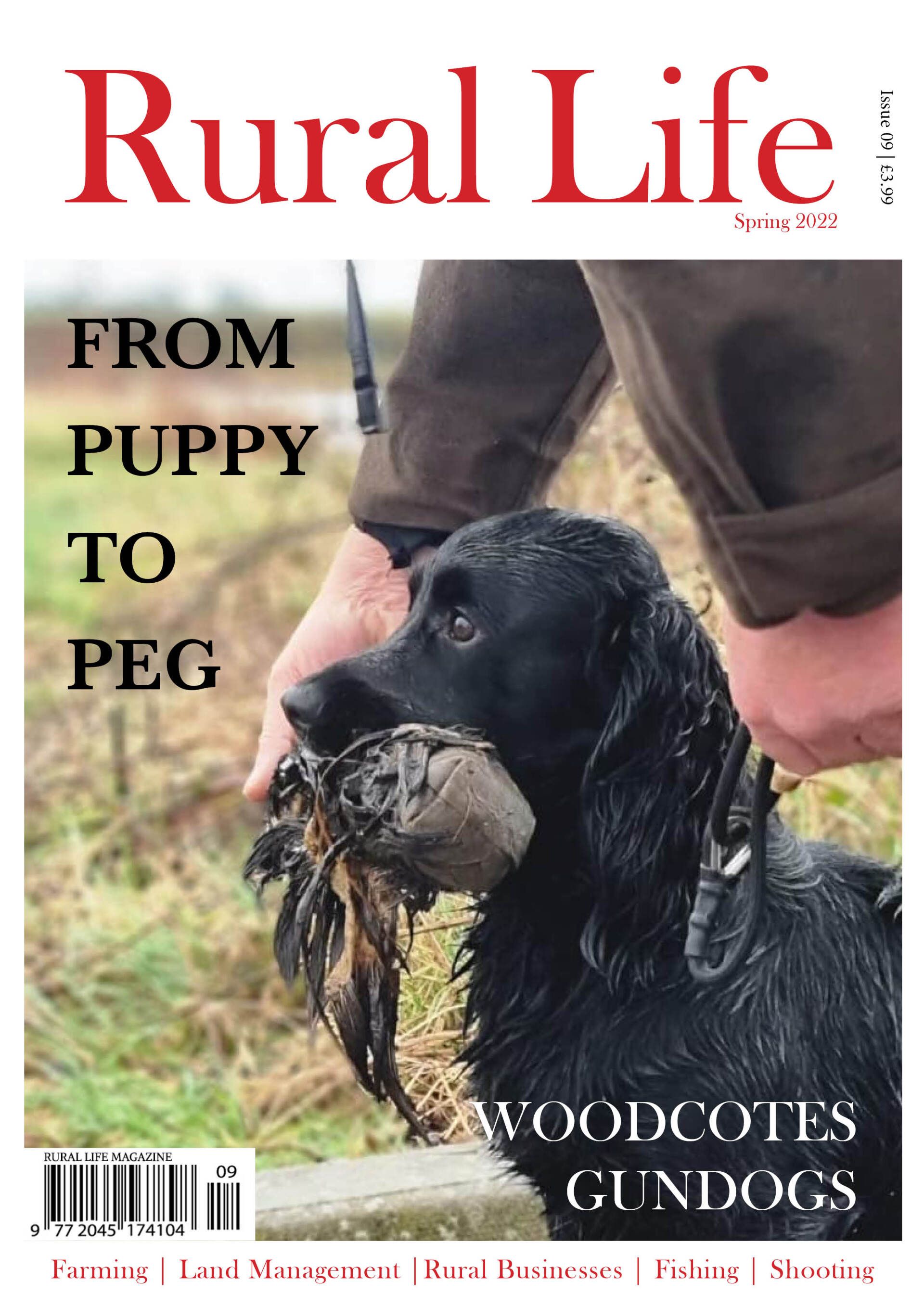
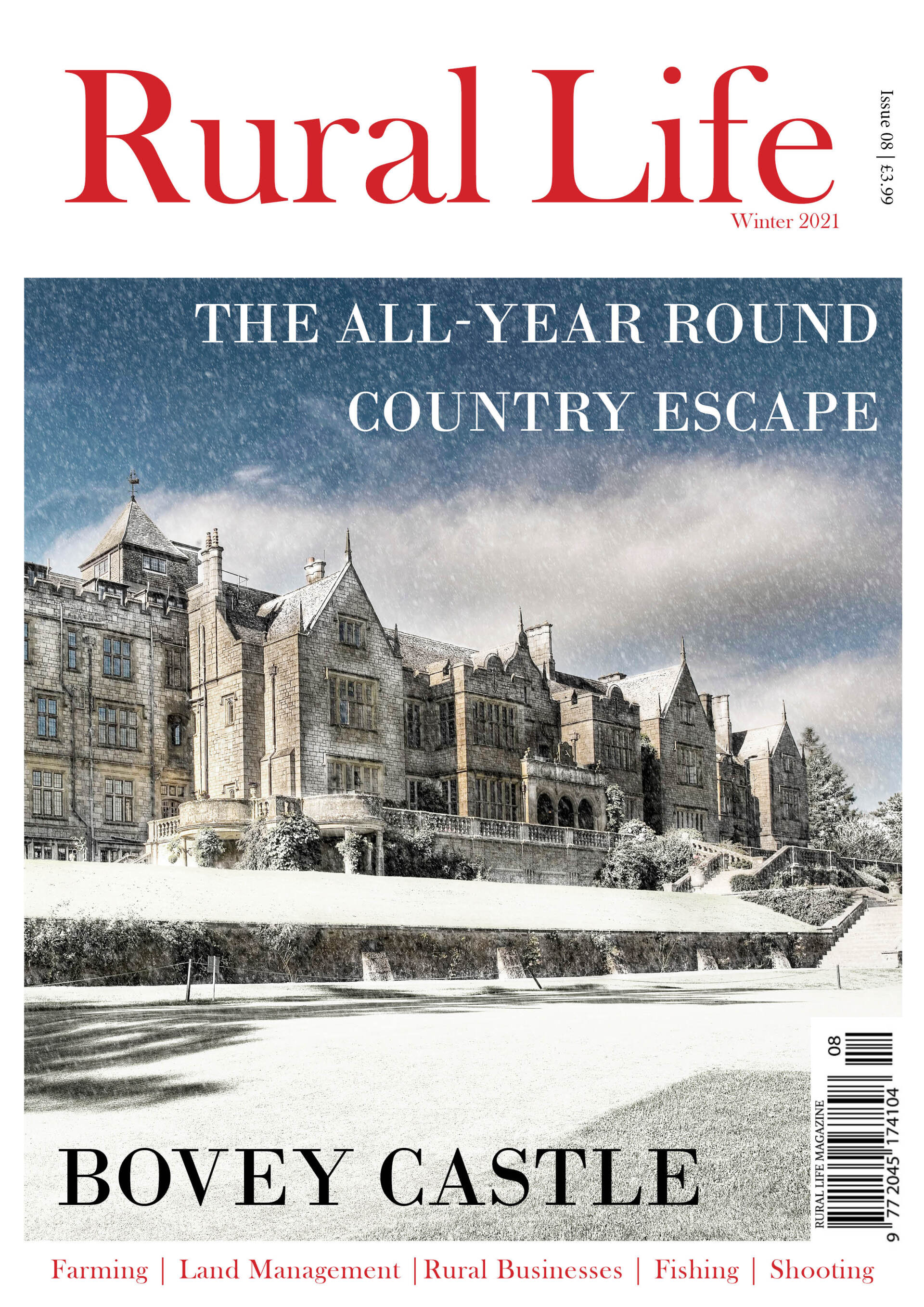
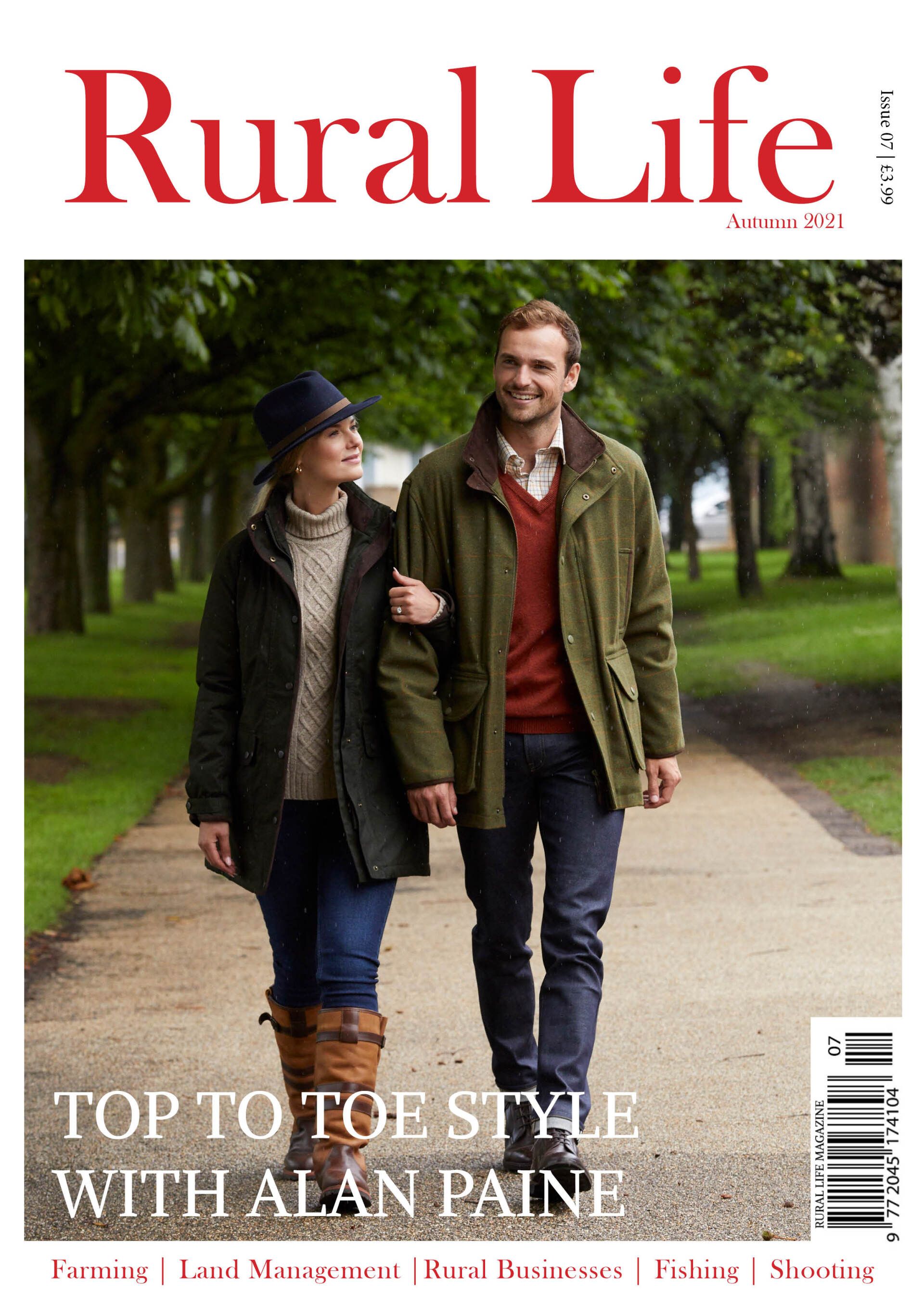
Contact Us
Contact Us
Thank you for contacting us.
We will get back to you as soon as possible
- Rural Life
Please try again later

